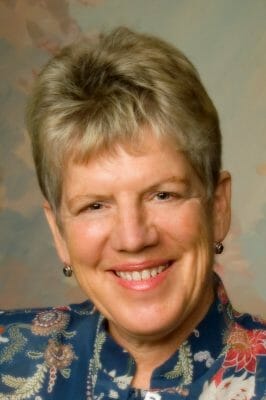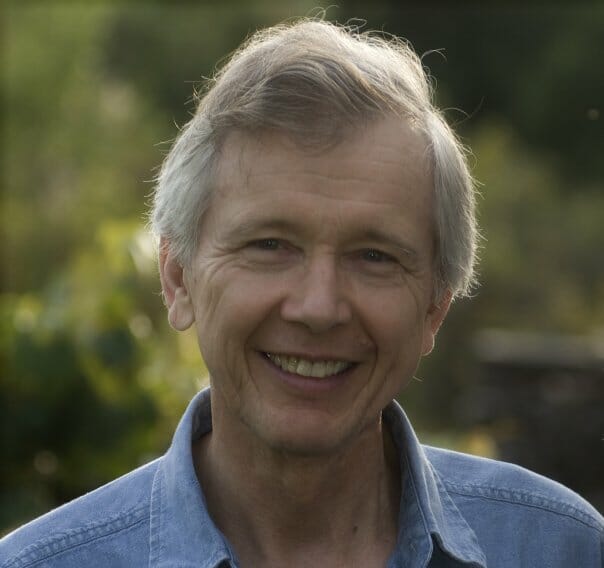By Simon Yugler
Original Illustration by Martin Clarke
“Until you make the unconscious conscious, it will direct your life and you will call it fate.”
-C.G. Jung
This is the first article in a series called Psychedelics in Depth, in which we will explore the many ways that depth and Jungian psychology intersect with the many multicolored permutations of the psychedelic experience.
Our intention is to provide readers with a foundational understanding of the depth psychological tradition, define important terms like shadow or archetype, and explore how this way of interfacing with the psyche can inform psychedelic work for both facilitators and psychonauts alike.
There is a high likelihood we may encounter a mythical beast or two along the way as well. Thanks for being here. Onwards.
When you think about psychology, what images come to mind? A person laying down on a couch, talking about their mother? A man with a thick European accent, cryptically jotting down someone’s dreams? Ink blot tests? Cigars?
Believe it or not, all of these clichés come from the tradition of depth psychology. Sigmund Freud and Carl Jung, who’s work we will examine later, were both depth psychologists. But before we get any further, let’s take the advice given to young Alice during her first bleary steps into Wonderland, and begin at the beginning.
What Is Depth Psychology?
Traditionally, depth psychology was any method of psychoanalytic work which focused on the unconscious. Today, the term “depth” is often used as a shorthand for the various permutations of thought influenced by Carl Jung, which can include everything from mythology, to archetypal astrology, to Internal Family Systems Therapy.
Despite Jung’s enduring association with the term, “depth psychology” was actually coined in the early 20th century by one of his colleagues, the Swiss psychoanalyst Eugen Bleuler, who also coined the term schizophrenia.
Depth psychology differs from other schools of psychology (behavioral, cognitive, humanistic, etc.) in that it takes the unconscious as the primary driving force on our behaviors and emotions. Because it is itself unconscious, the unconscious cannot be known by our usual, logical, and rational ways of “knowing.”
Therefore, depth psychology employs the use of symbols, images, and metaphors to translate the language of the psyche, which historically was approached through dreams and patterns in mythology. Working with myth is one of the hallmarks of the “depth approach,” and clearly distinguishes this field of psychology from others.
Yet it is important to remember that in depth psychology, symbols and images are always used to describe something “as if,” and not as literal representations. This is one of the most important tenets of depth psychology: Images and symbols are used by the psyche to reference something deeper and likely unknown, yet something that our psyche yearns for us to discover. In true depth psychology, there is always space for the unknown.
The etymological roots of the word psychology can be understood as “the way into” or “the study of the soul.” Depth psychology emphasizes this ineffable notion of the soul, and continually places this unknowable facet of the human experience at its core. What this means in practical terms is a focus on the most important and vexing issues which have accompanied humanity since the dawn of time: birth, death, love, loss, mystery, purpose, growth, decay, and the meaning of it all. The very things which make us human.
Who Is Carl Jung?
Carl Gustav (C.G.) Jung (1875-1961) was a Swiss psychiatrist who helped shape psychology into the discipline we know today. His method of understanding the psyche, which he termed analytical psychology, forms what is now popularly called “Jungian psychology.”
For many years, Jung was slated to become Sigmund Freud’s “crowned prince” and protege, but their paths diverged in 1912 over disagreements as to the reality of the ‘collective unconscious,’ which Frued summarily rejected. Jung’s insistence that there is an ancient, unknowable, species-wide repository of psychic information which informs the human experience flew in the face of Freud’s increasingly dogmatic theories, which focused on sex and pleasure as the driving forces behind all human behavior.
This break led Jung into a long period of introspection which he termed his “confrontation with the unconscious,” during which he delved deep into his own psyche and imagination. Eventually, this process resulted in his detailed map and terminology of the psyche, his practice of active imagination, as well as The Red Book, and the recently published, Black Books.
For a more detailed account of Jung’s life and work, readers should refer to his autobiography, Memories, Dreams, and Reflections.
Jung employed a variety of terms to describe his understanding of the psyche and all of the mysterious dynamics he observed within his patients (especially those suffering from severe schizophrenia), and within himself. Concepts such as the collective unconscious, archetypes, the shadow, anima, synchronicity, individuation, and the Self, are all terms that Jung coined and wrote about extensively. They are also topics we discuss in our course that explores psychedelics and depth psychology, Imagination as Revelation: The Psychedelic Experience in the Light Jungian Psychology.
Yet again, it bears repeating that these terms are to be understood as mere symbols or points on a map, referring to places or dynamics within the psyche that our conscious mind struggles to grasp. Jung himself said, “Theories in psychology are the very devil. It is true that we need certain points of view for orienting… but they should always be regarded as mere auxiliary concepts that can be laid aside at any time.”
Depth Psychology and Popular Culture
While the mainstream psychological establishment has eschewed the work of Jung for many decades, his legacy informs our collective imagination and culture in profound ways, perhaps more than any other figure in the history of psychology.
Mythologist Joseph Campbell drew deeply from Jung’s work, and based many of his ideas of The Hero’s Journey on Jung’s theories. George Lucas consulted with Campbell while creating Star Wars, arguably one of the most significant film series of all time. The poet Robert Bly mentions Jung throughout his book Iron John, which paved the way for the body of work that is now called “men’s work.” Jungian analyst and author Clarissa Pinkola Estes, in her enduring text, Women Who Run With the Wolves, worked directly with Jungian concepts to address aspects of the feminine psyche.
Any reference to ‘archetypes’ or something being ‘archetypal’ plainly invokes Jung and his work on these illusive, yet omnipresent patterns of being. The shadow, or ‘shadow work,’ which has become something of a buzzword in psychedelics in recent years, conjures Jung as well. We have a whole course that examines Jung’s concepts of the shadow, the difference between the ‘Golden’ and ‘Dark’ shadow, and other related issues called, Psychedelics and the Shadow: Exploring the Shadow Side of Psychedelia.
Similarly, Jung also coined the term ‘synchronicity,’ which could be defined as a meaningful coincidence, and was a phenomenon that captivated him for decades. Lastly, any reference to ‘the collective,’ harkens to Jung’s notions of the ‘collective unconscious,’ which is a foundational aspect of his psychological model, and which we’ll address in our next article in this “Psychedelics in Depth” series.
Despite all of these enduring contributions, Jung still remains somewhat of a marginal figure. There are a multitude of reasons for this, a major one being that his theories escape empirical measurement, and eventually lead one outside the rational-materialist worldview we now call “science.” Mention Jung’s name in most mainstream psychology degree programs and the odds are you will be met with skepticism.
James Hillman, who some say was Jung’s last living direct student, offered this extensive “Defense of Jung,” which you can listen to here.
Subversion and marginality have arguably always been at the core of depth psychology. Dreams themselves exist at the margins of our consciousness, and can often direct our attention to marginal areas of our psyche which we would rather not see. Concepts such as the anima/animus, which imply that every male has inside him a female soul (and vice-versa), directly subverts our culture’s basic understanding of gender. Archetypes reveal to us that our personal life story is not a unique, singular event, but rather, connected to a greater chain of human experiences.
Lastly, depth psychology’s pervasive insistence on the reality of the soul can be seen as a revolutionary act within a culture that seeks to actively deny the very existence of such a thing. The consequences of this denial can be seen within every great historical, interpersonal, and environmental tragedy perpetrated upon people and the planet across time.
Therefore, the significance of depth psychology extends far beyond the confines of the therapists’ office or the university lecture hall, and stretches out into the old growth forests, indigenous communities, and inner cities across the world.
Depth psychology is not just a school of psychology, but a lens through which to intimately perceive and meaningfully engage with the wider world.
Depth Psychology and Psychedelics
Depth psychology offers an immensely useful framework for approaching psychedelic work, both as a facilitator and a psychonaut. Stanislav Grof, pioneer of psychedelic-assisted psychotherapy and transpersonal psychology and one of our biggest influences here at Psychedelics Today, described the role that psychedelics play as a psychic “abreactive,” meaning that they bring to the surface whatever unconscious material has the most emotional charge. Seen from this lens, psychedelics, which often work directly with unconscious material, could therefore be seen as part and parcel to the larger field of depth psychology.
Interpreting the variety of imagery and experiences that psychedelics can evoke can easily be aided by a grounding in basic depth psychology, especially understanding the interplay between image, archetypes, and complexes. Facing and integrating one’s shadow is a central aspect of both Jung’s work and using the psychedelic experience for personal growth and healing.
Many worthwhile books have been written on the interplay between psychedelics and depth psychology, including Grof’s body of work, Confrontation with the Unconscious, and much of the work by Ann Shulgin, Timothy Leary and Ralph Metzner. Yet the interplay between depth psychology and psychedelics offers immense potential in the realms of research, therapeutic methodology, and integration—more so than I believe has been fully realized.
The history of psychedelic research is almost inseparable from the tradition of depth psychology. Stanislav Grof, mentioned above, as well as other early psychedelic researchers, approached their work from a depth psychological lens. Because of certain cultural shifts over the 20th century, current psychedelic research prioritizes quantitative and statistical analysis which can often overlook the highly personal and emotional aspects of the psychedelic experience.
Yet, depth psychology requires us to return to the real, troublesome, subjective experiences of the individual as its primary territory of work, and for this reason offers one of the most valuable lenses from which to view the psychedelic experience. Because, just like human beings, no two psychedelic journeys are alike, since they are in essence reflections of the multifaceted and endlessly mysterious inner world of the brave souls who dare to explore their own uncharted depths.
About the Author
Simon Yugler is a depth and psychedelic integration therapist based in Portland, OR with a masters (MA) in depth counseling psychology from Pacifica Graduate Institute. Weaving Jungian psychology, Internal Family Systems therapy, and mythology, Simon also draws on his diverse experiences learning from indigenous cultures around the world, including the Shipibo ayahuasca tradition. He has a background in experiential education, and has led immersive international journeys for young adults across 10 countries. He is passionate about initiation, men’s work, indigenous rights, decolonization, and helping his clients explore the liminal wilds of the soul. Find out more on his website and on Instagram , Twitter (@depth_medicine) or Facebook.
About the Illustrator
Martin Clarke is a British Designer and Illustrator from Nottingham, England. Specializing in branding, marketing and visual communication, Martin excels at creating bespoke brand identities and striking visual content across multiple platforms for web, social media, print and packaging. See more of his work here.

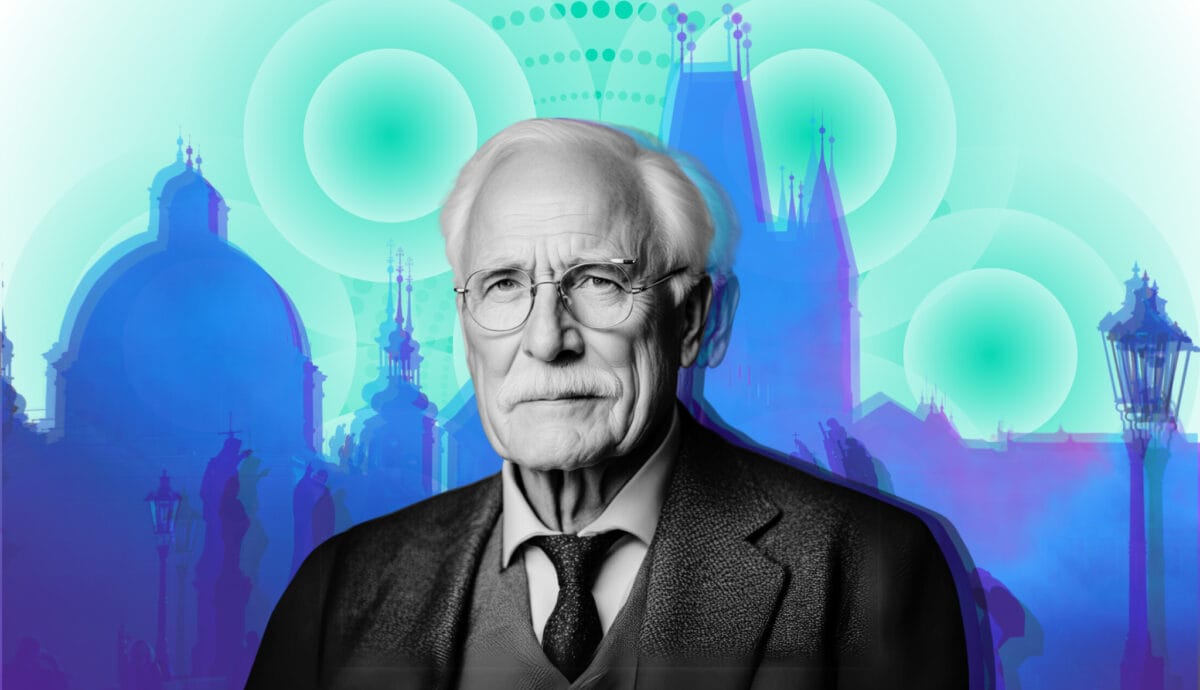
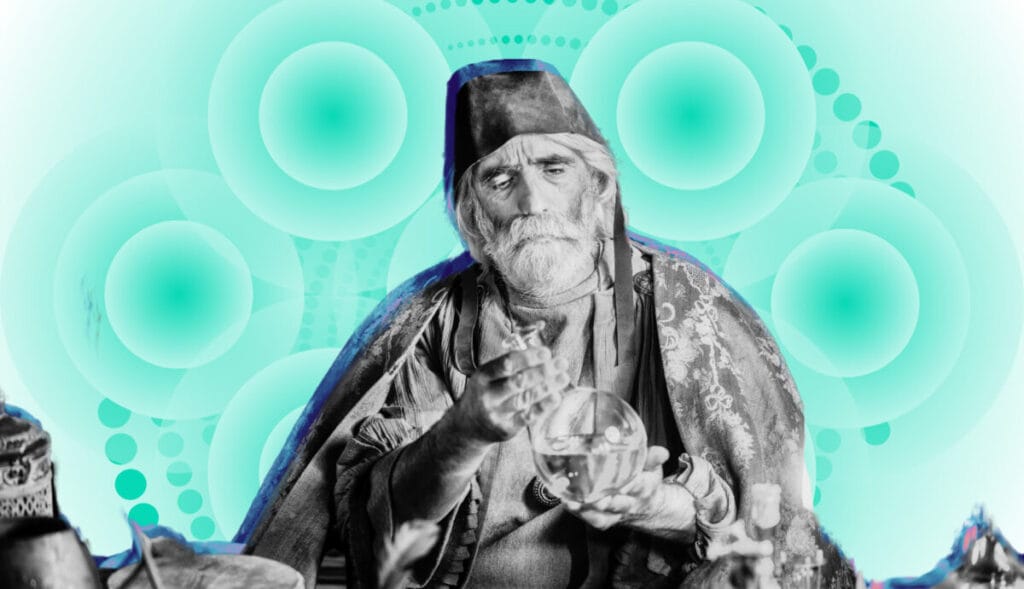
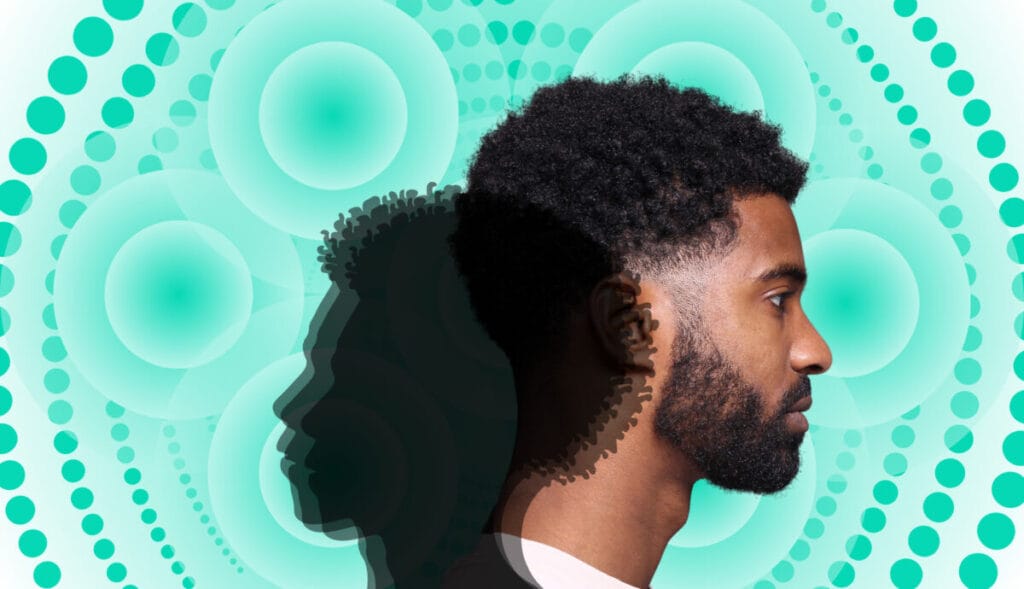
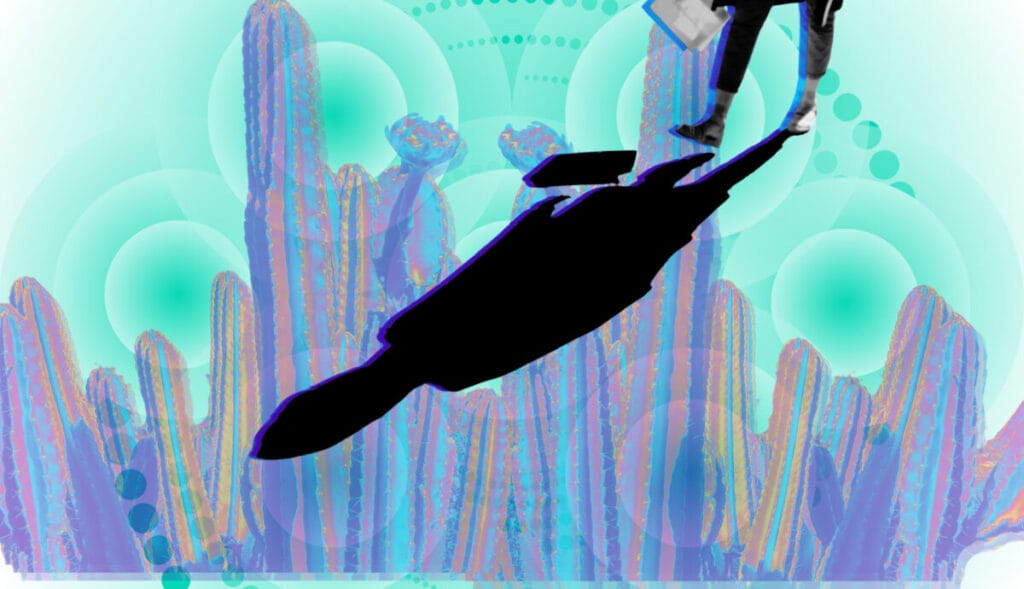
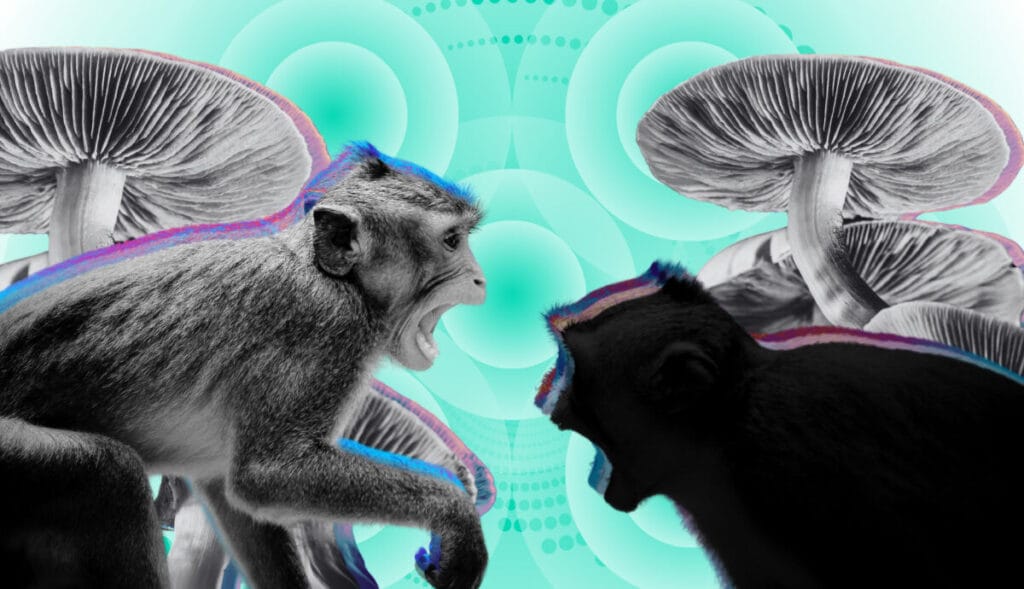
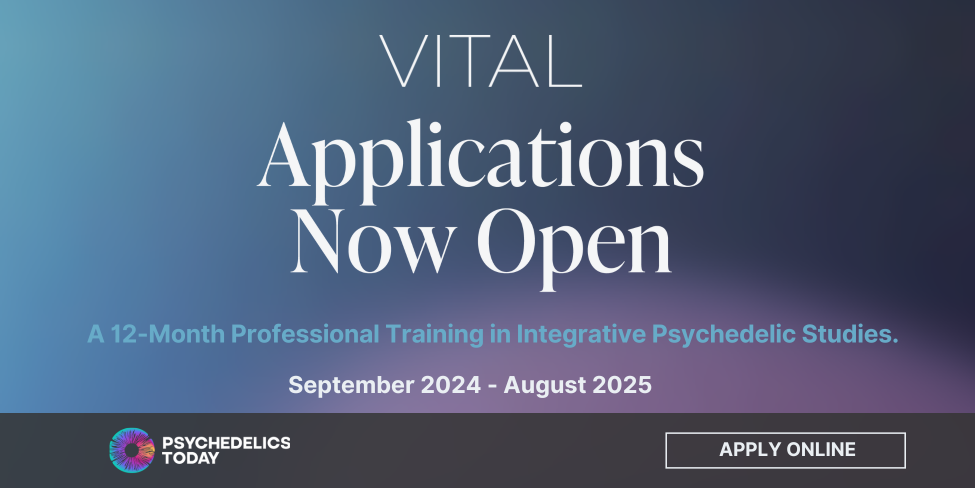
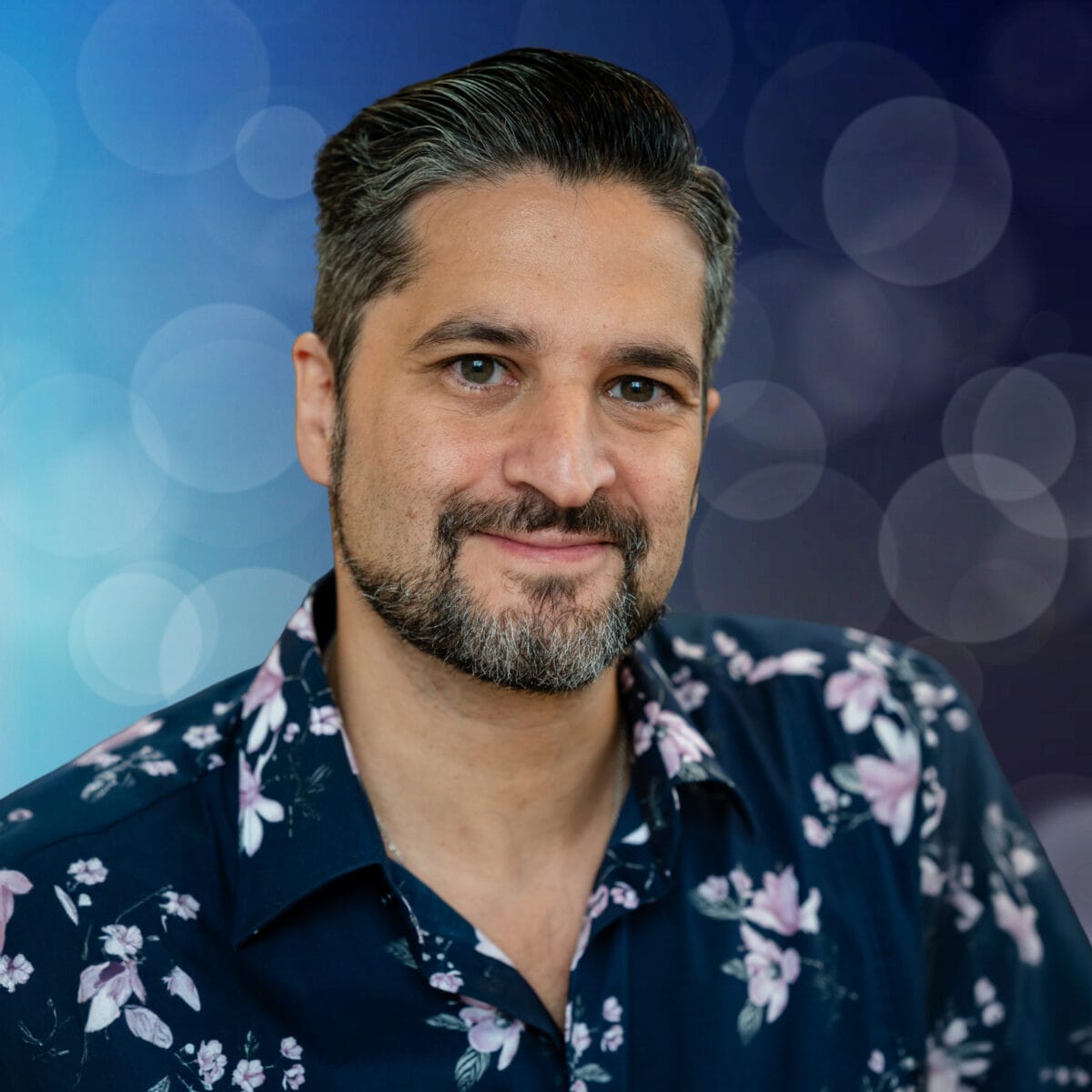
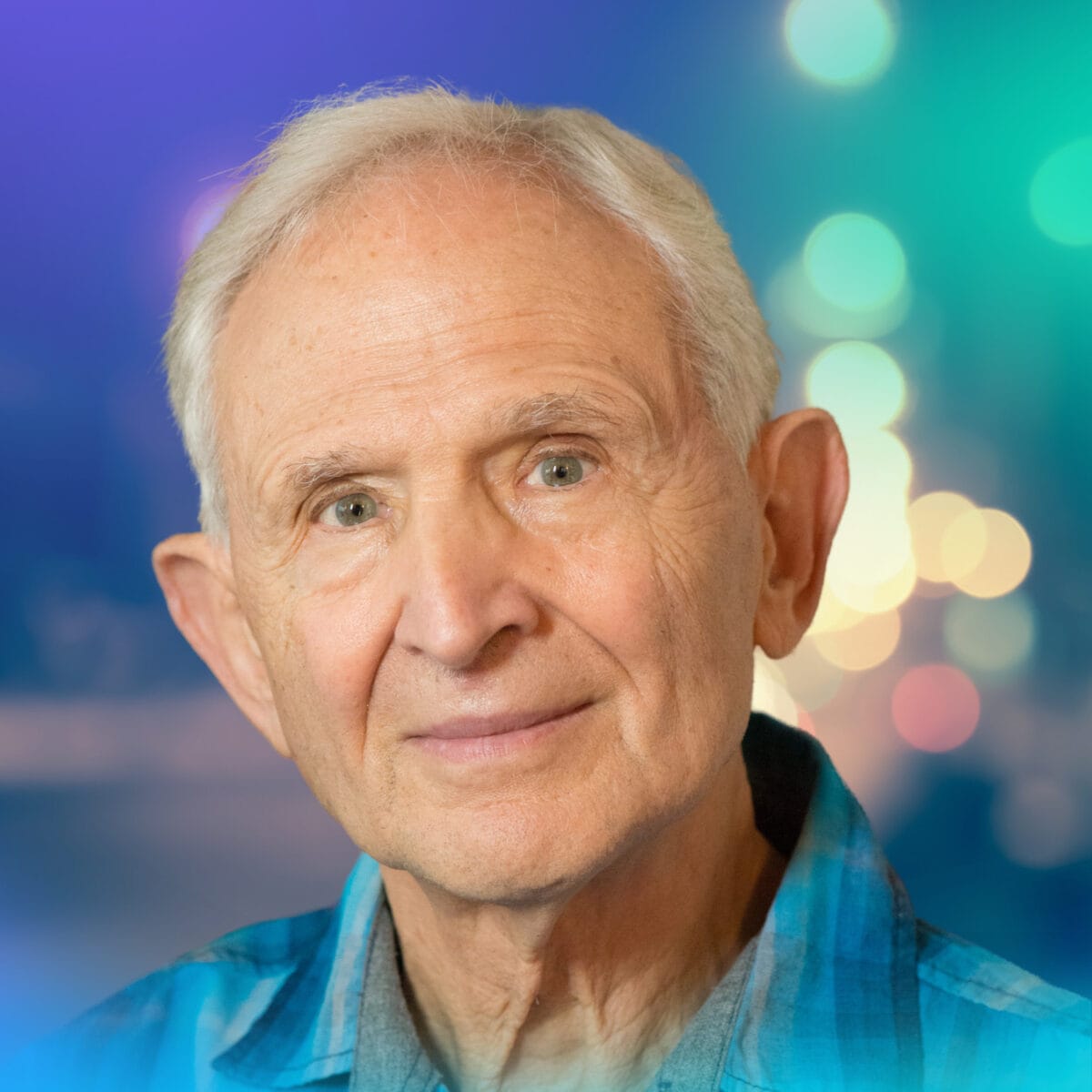
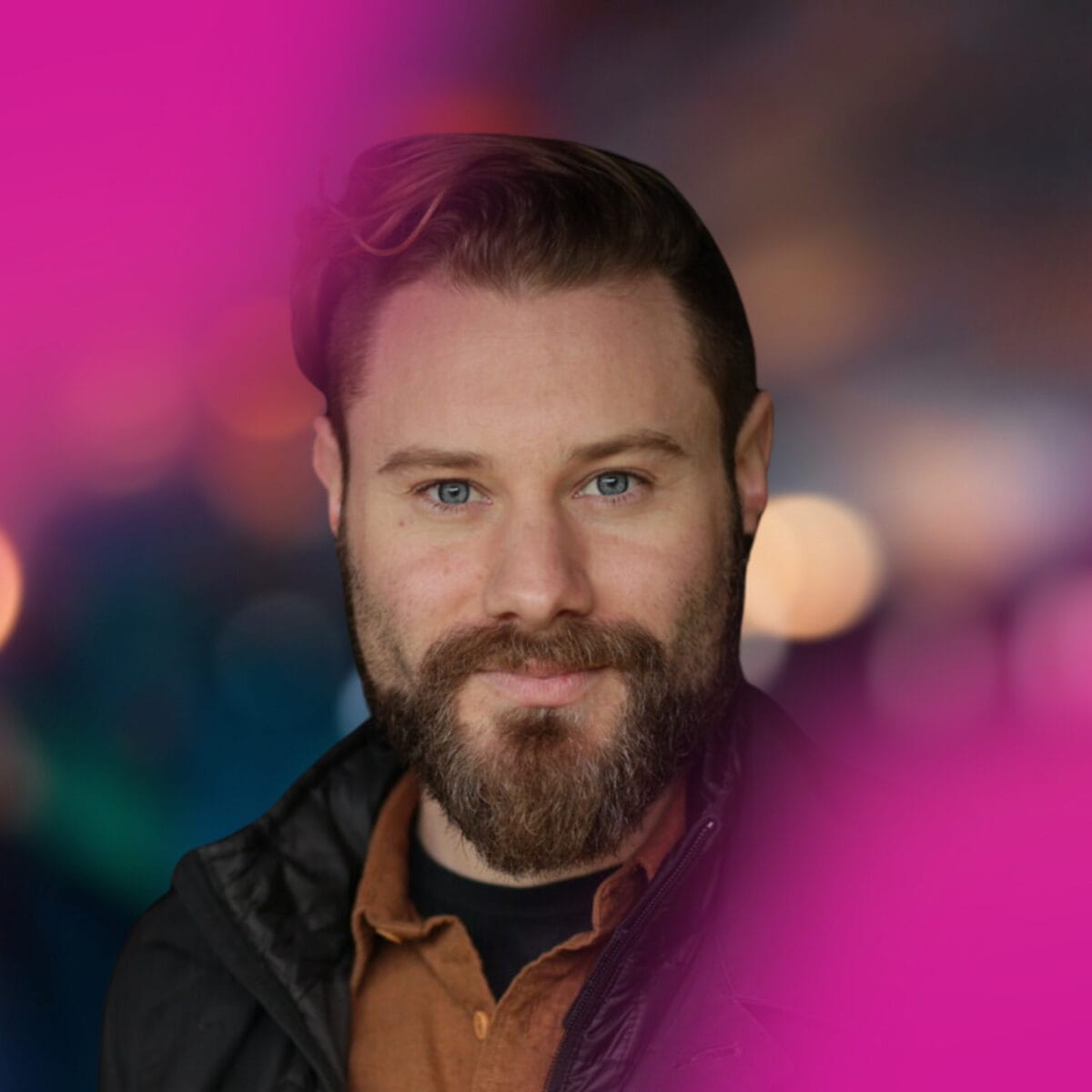
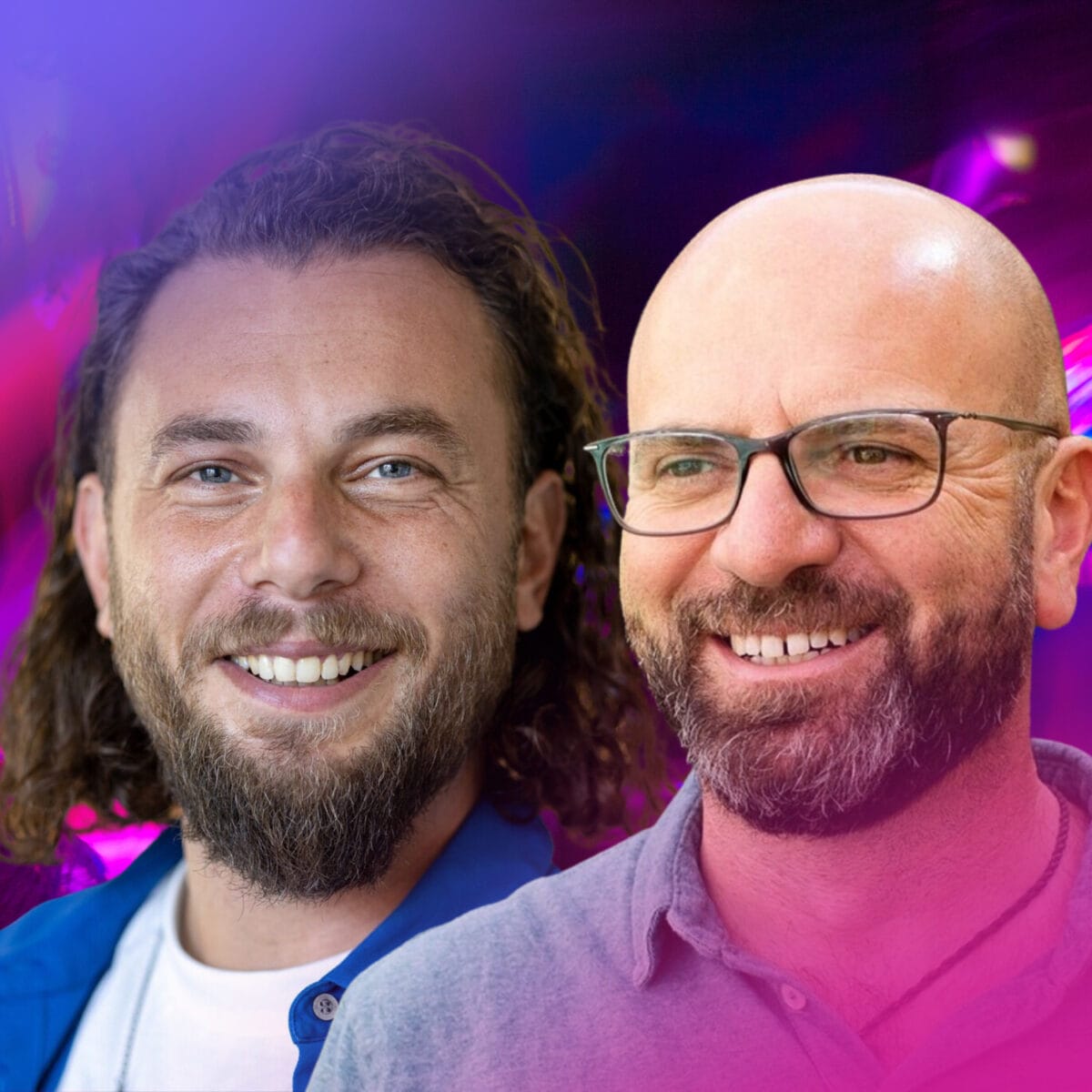

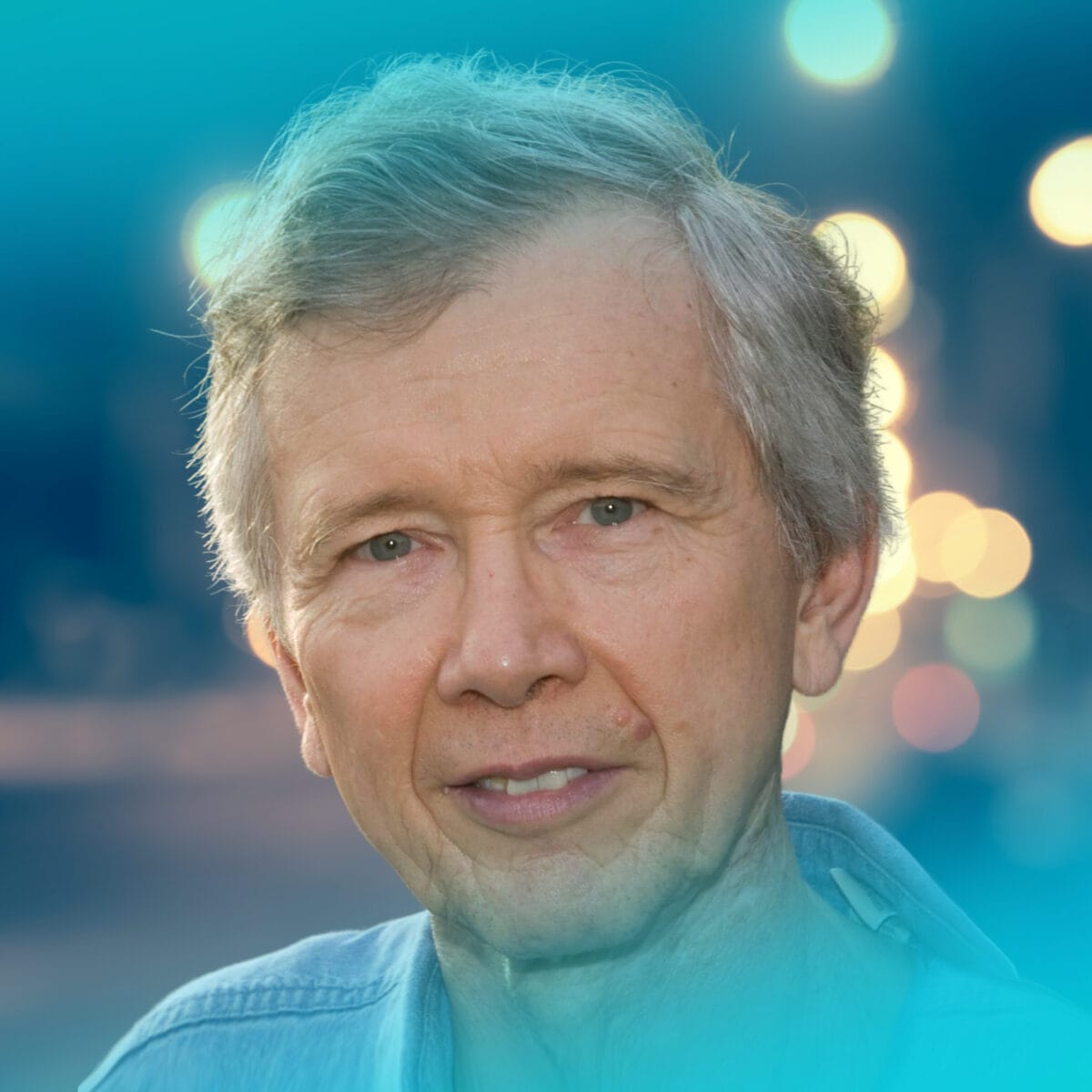
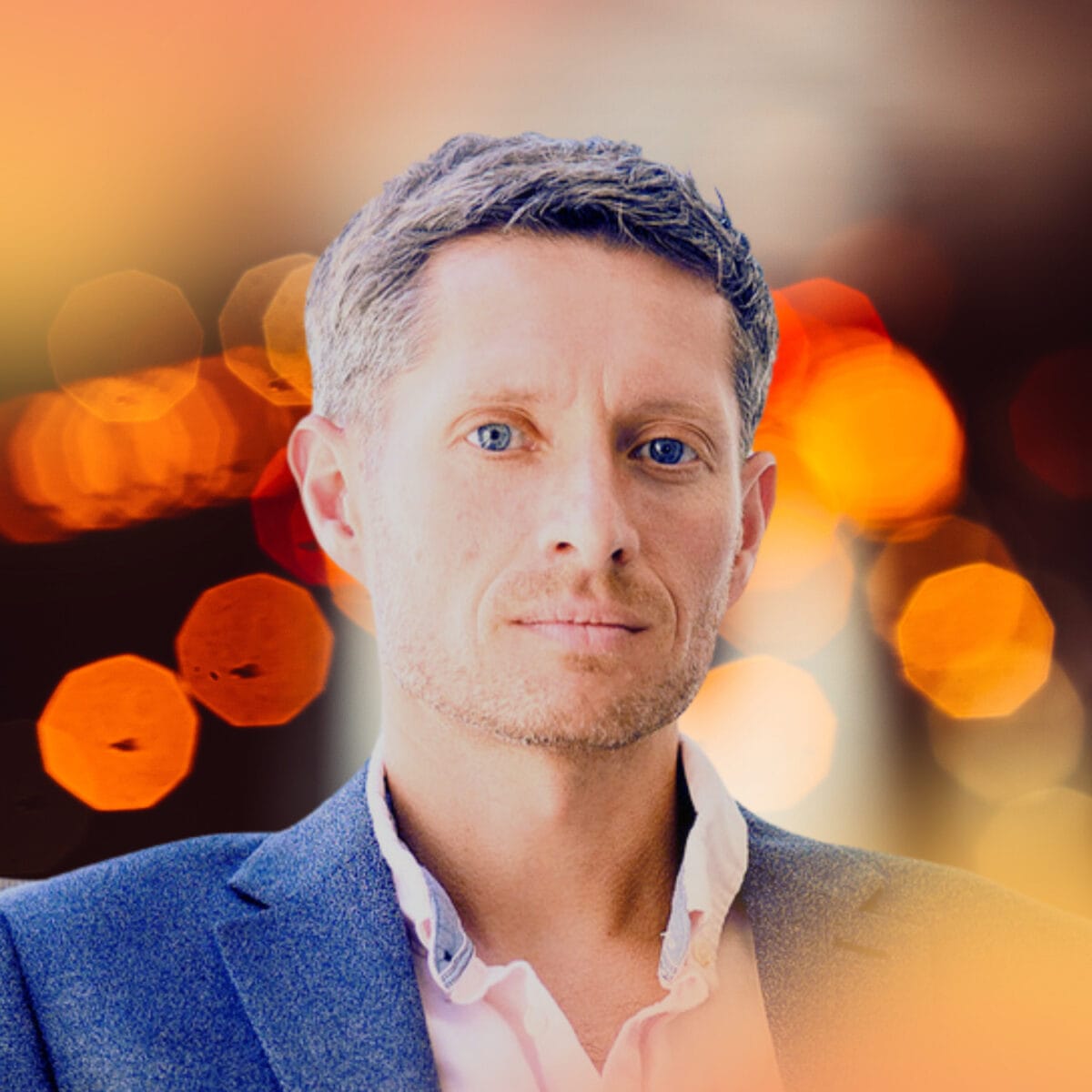
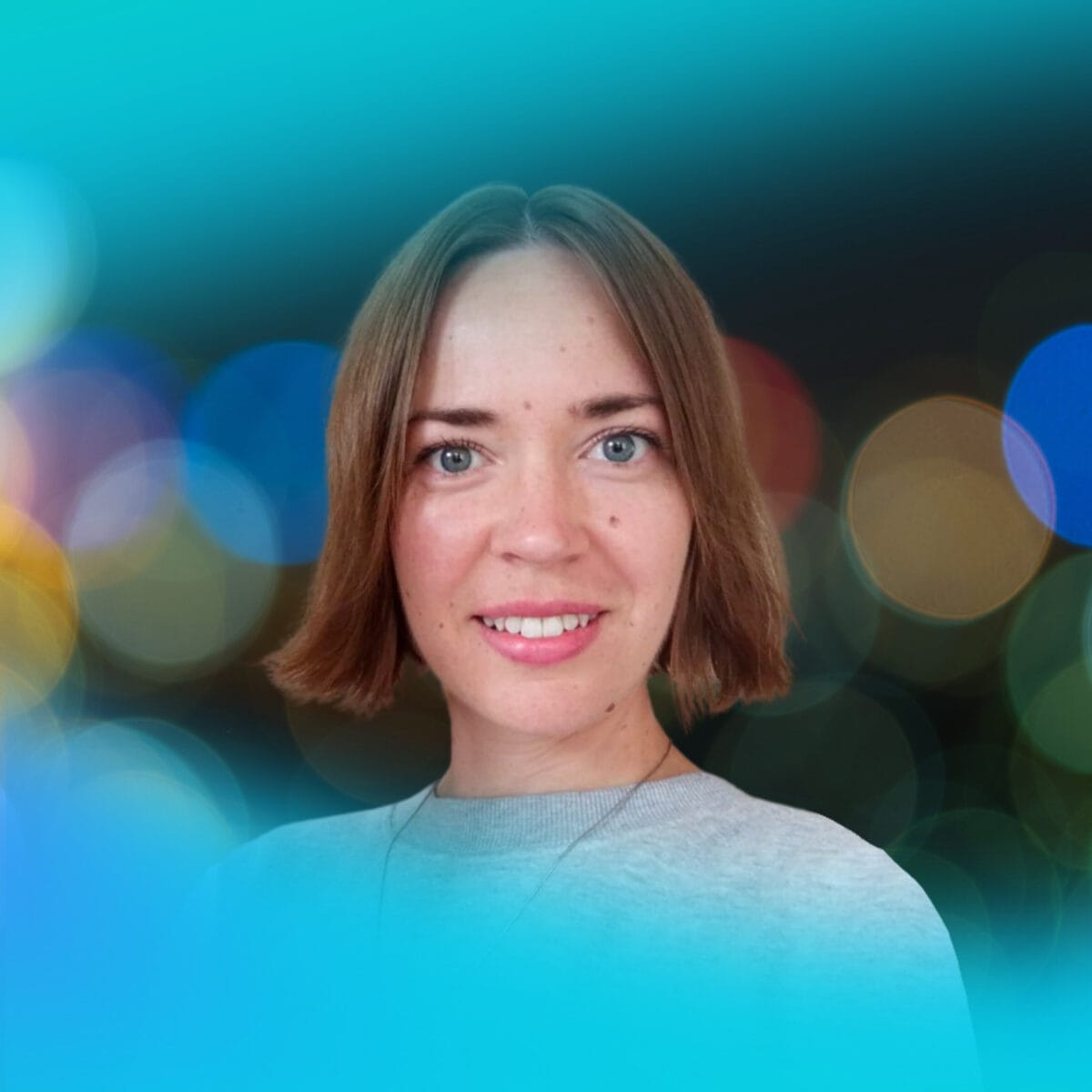
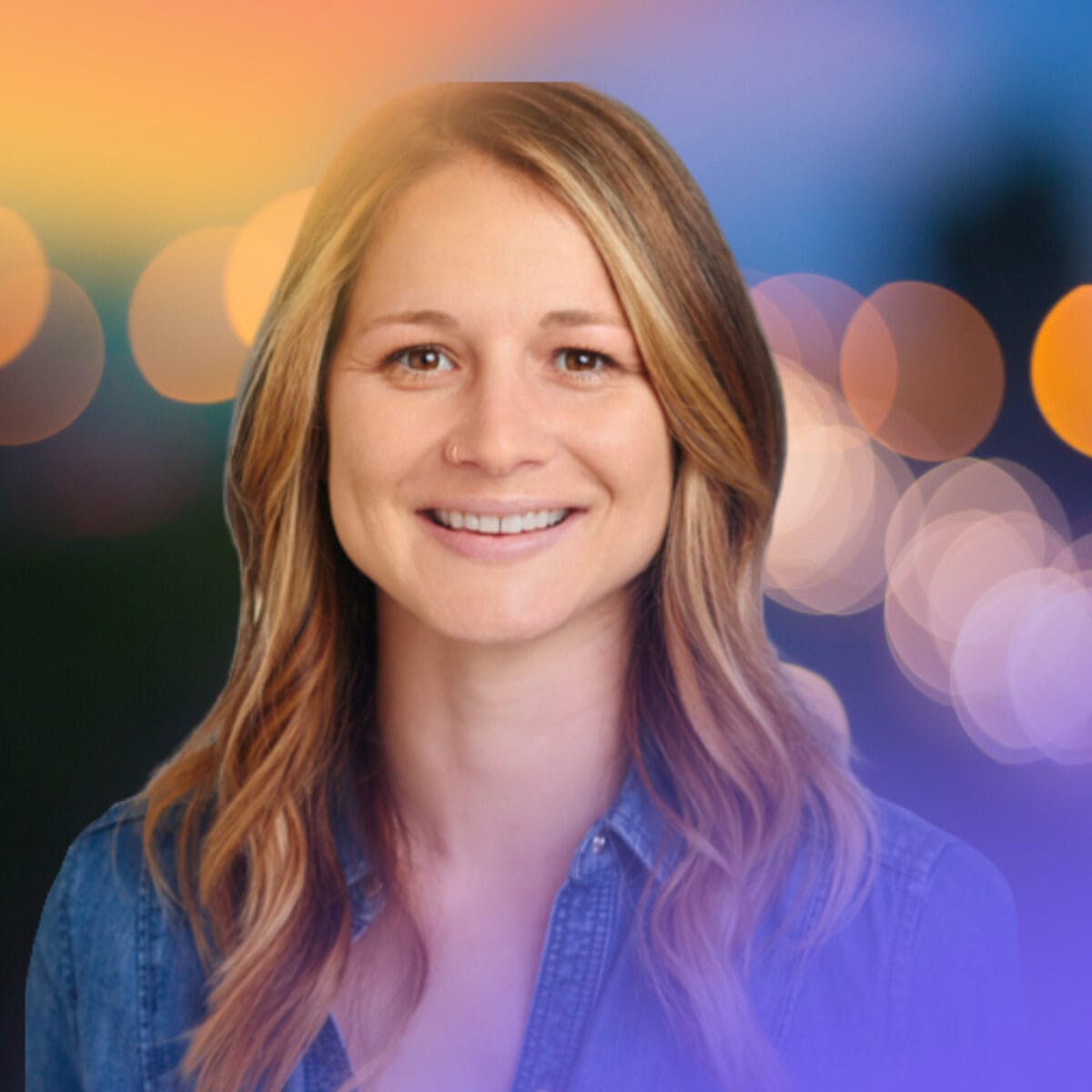
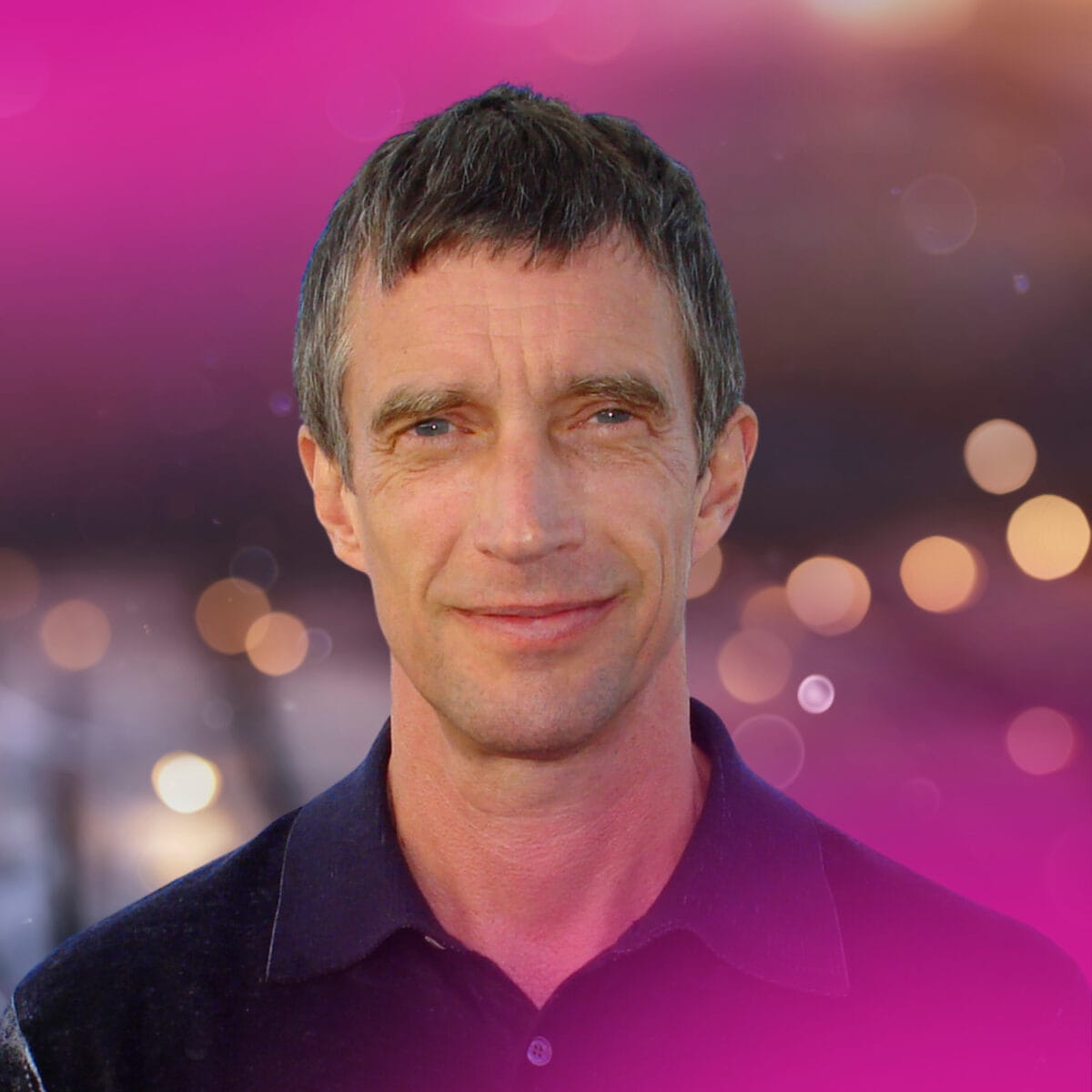
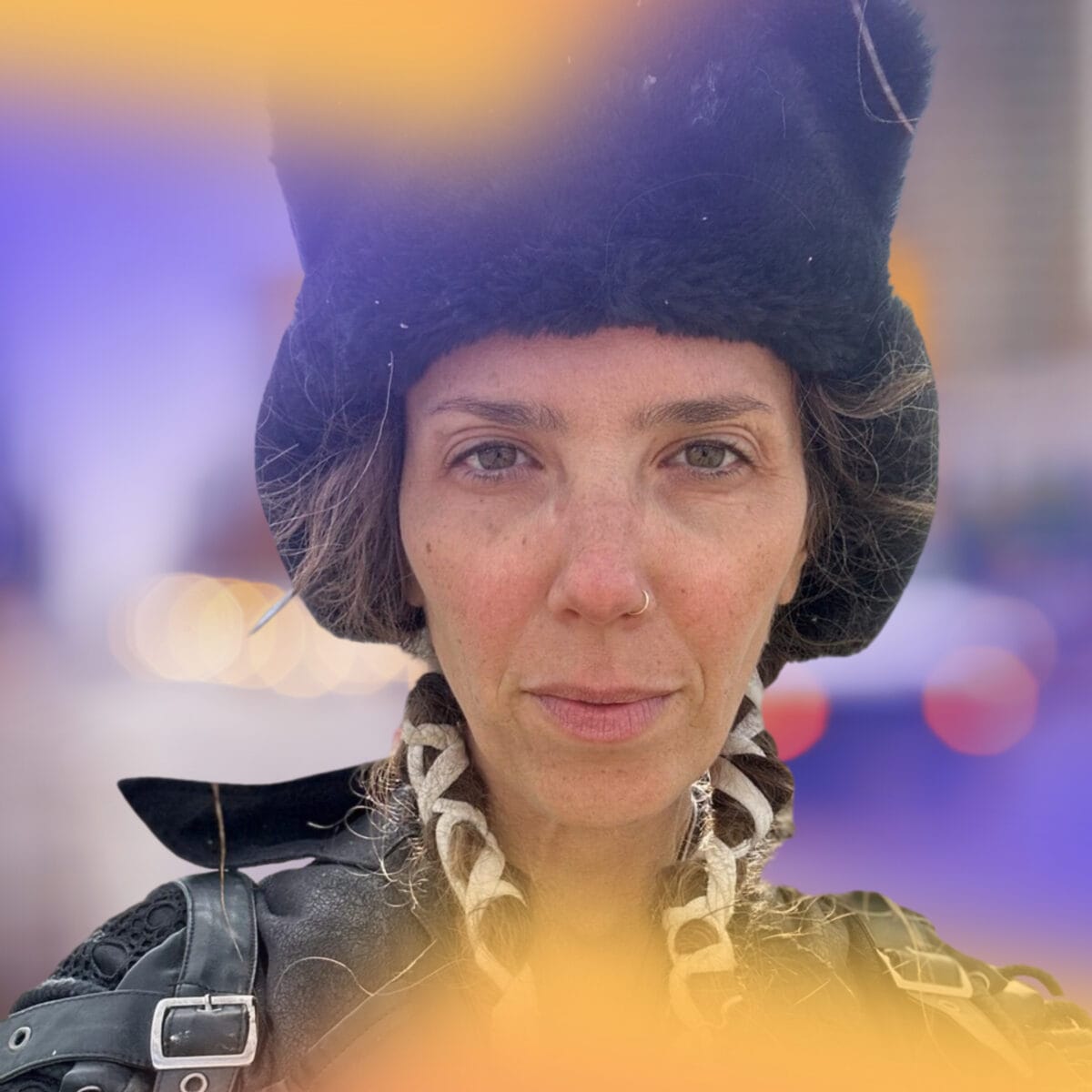
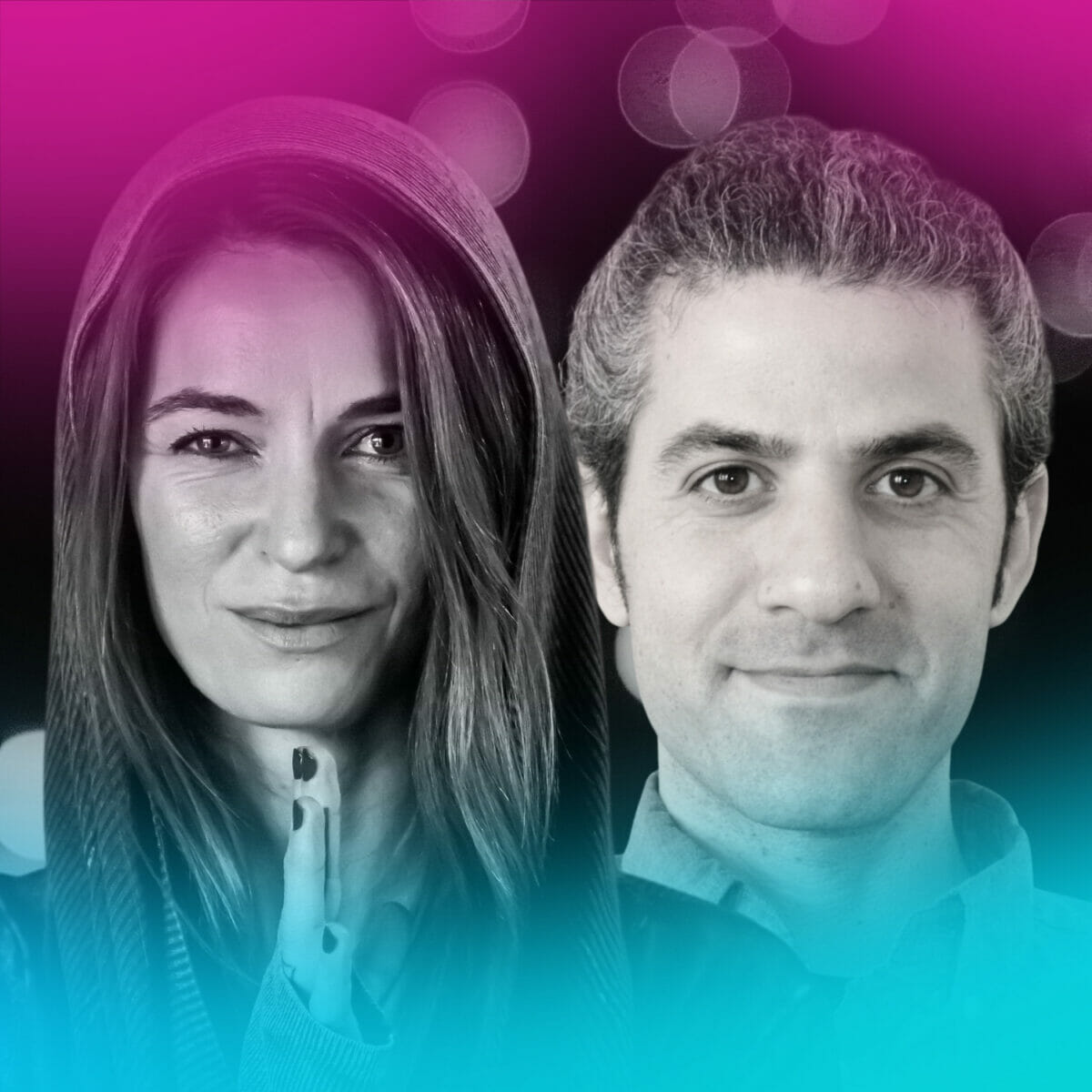
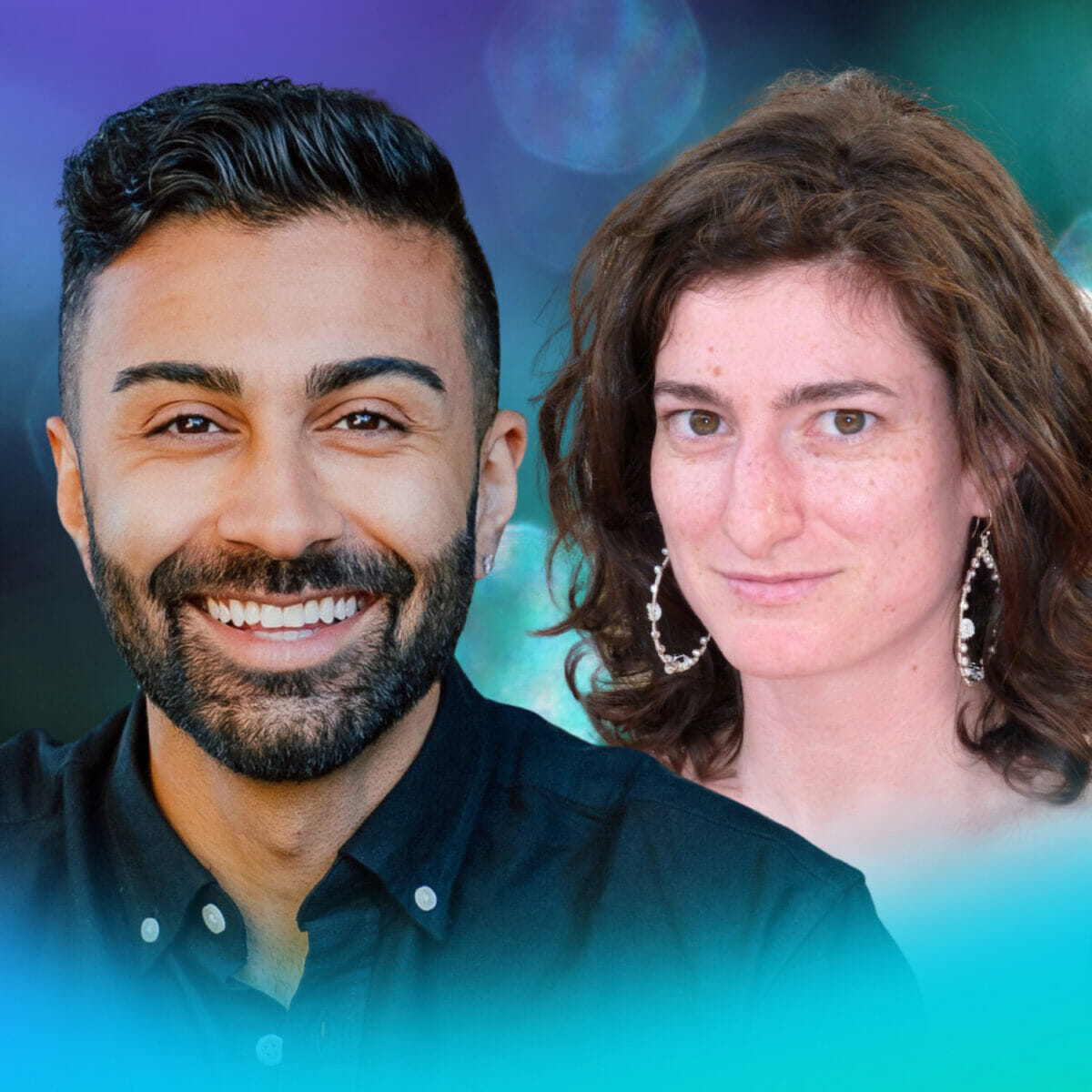
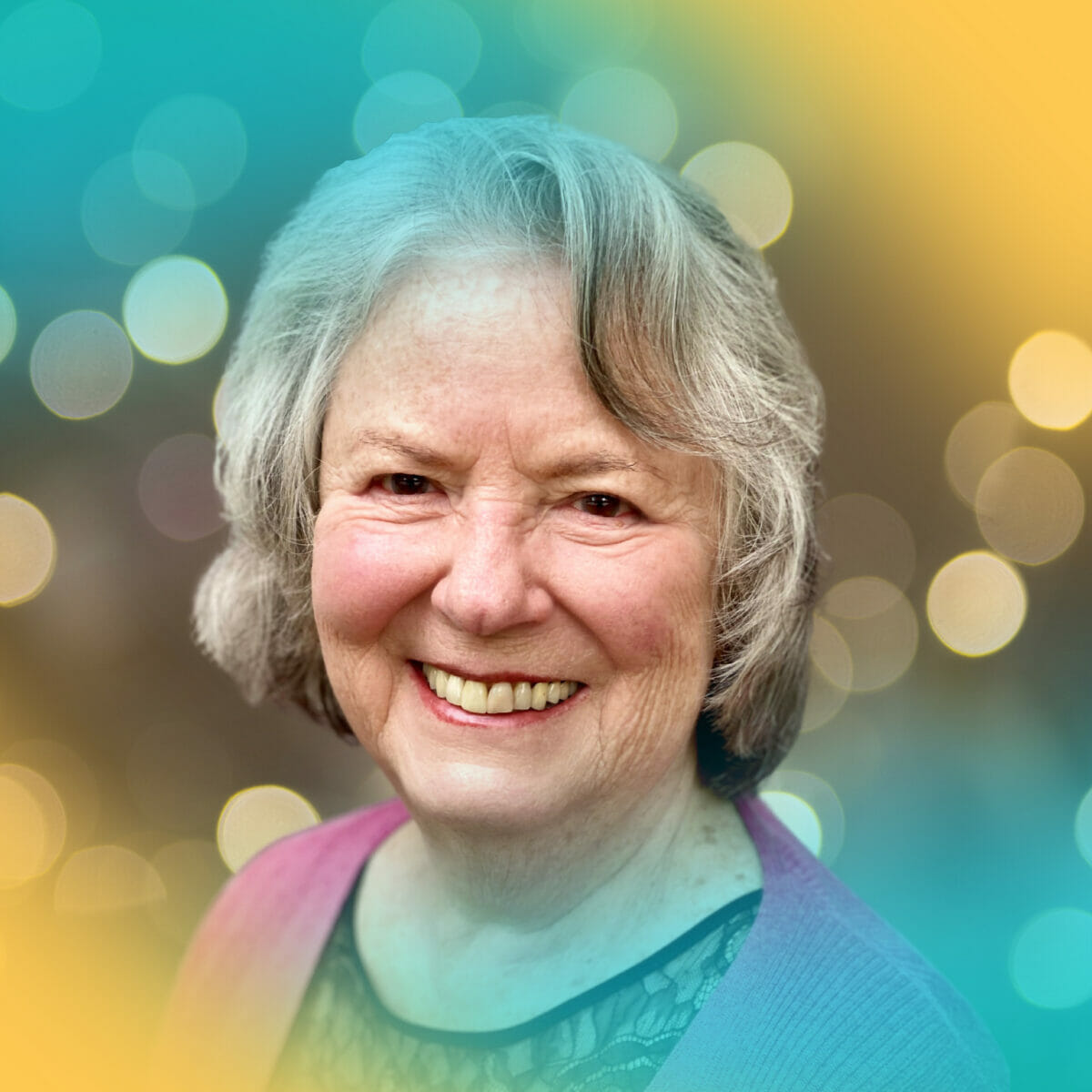
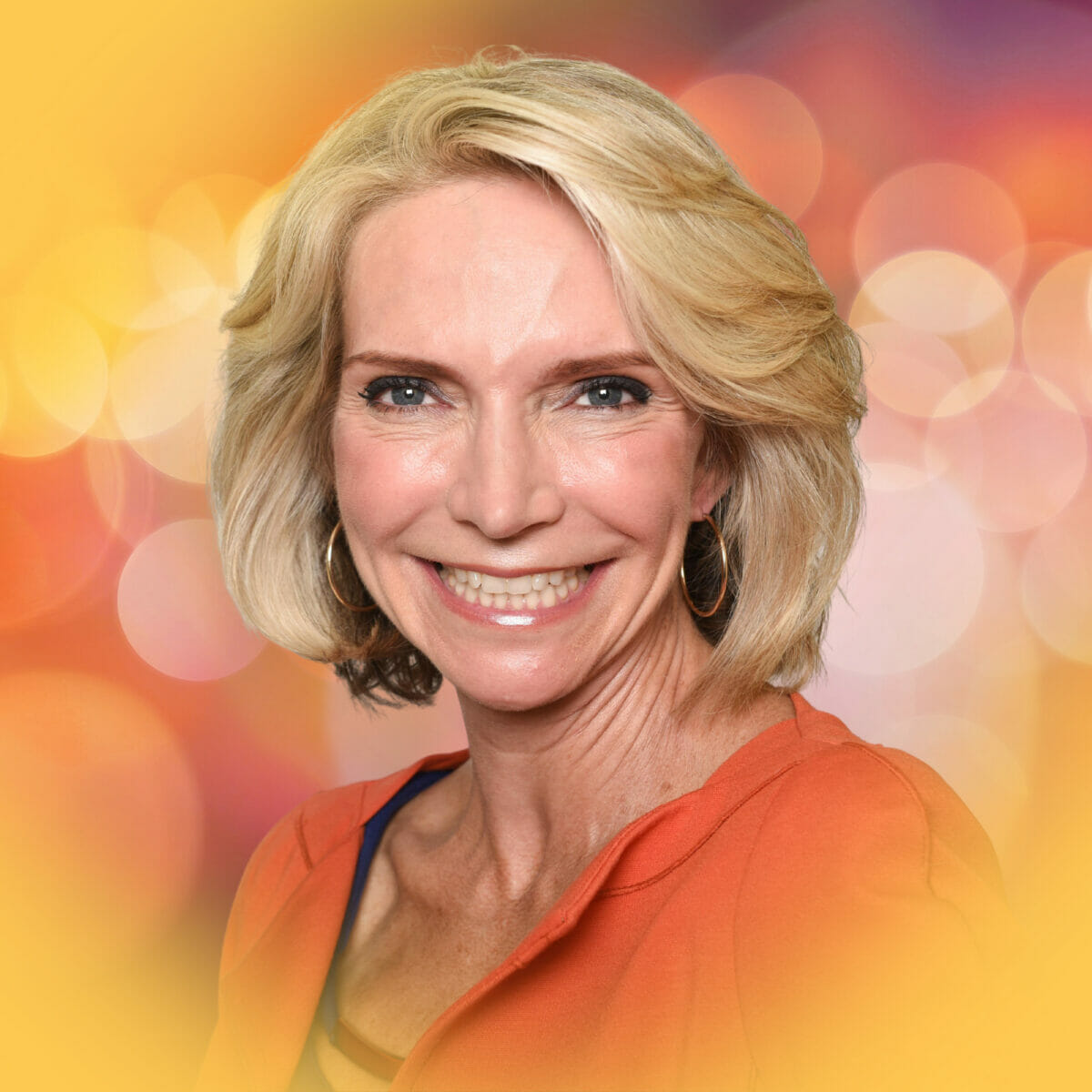
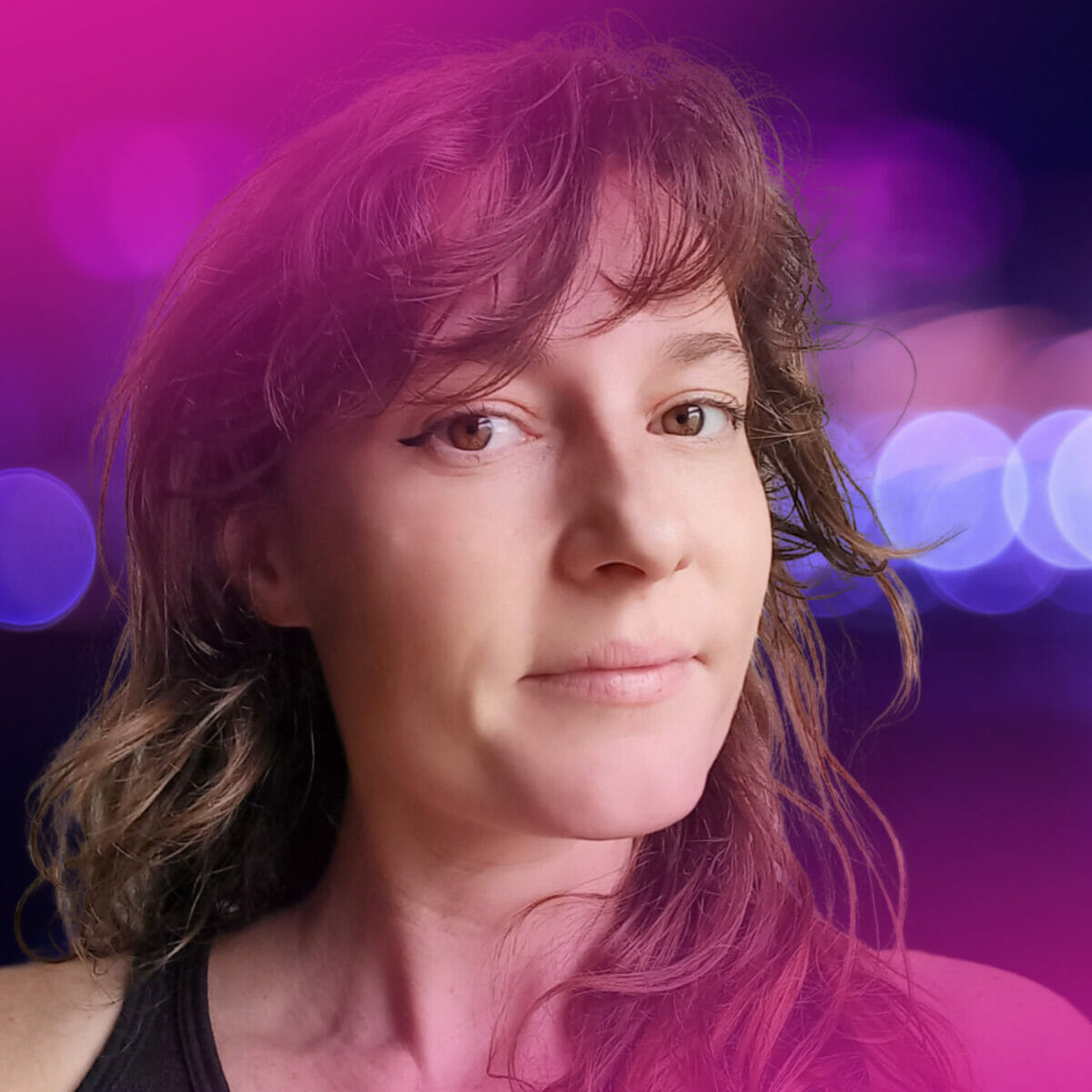
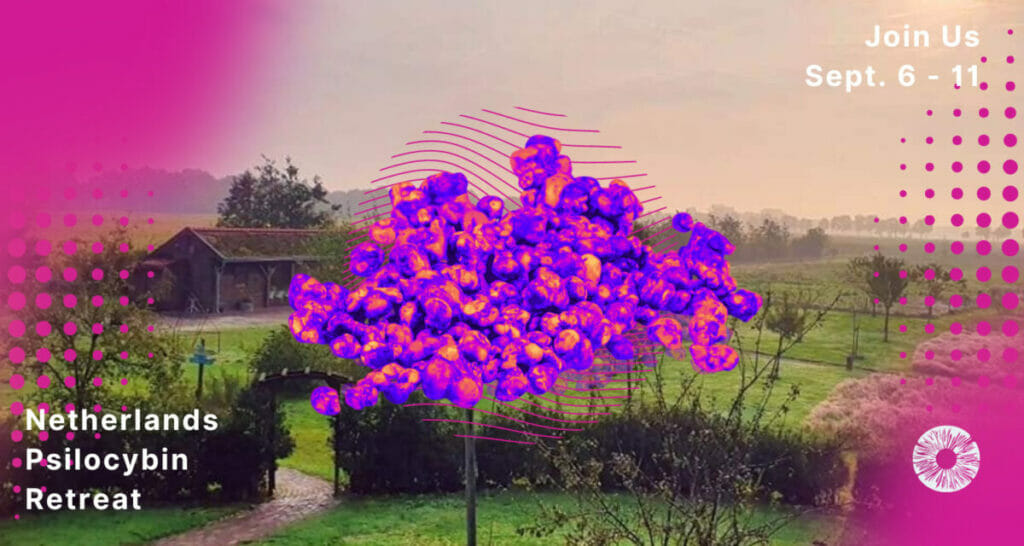
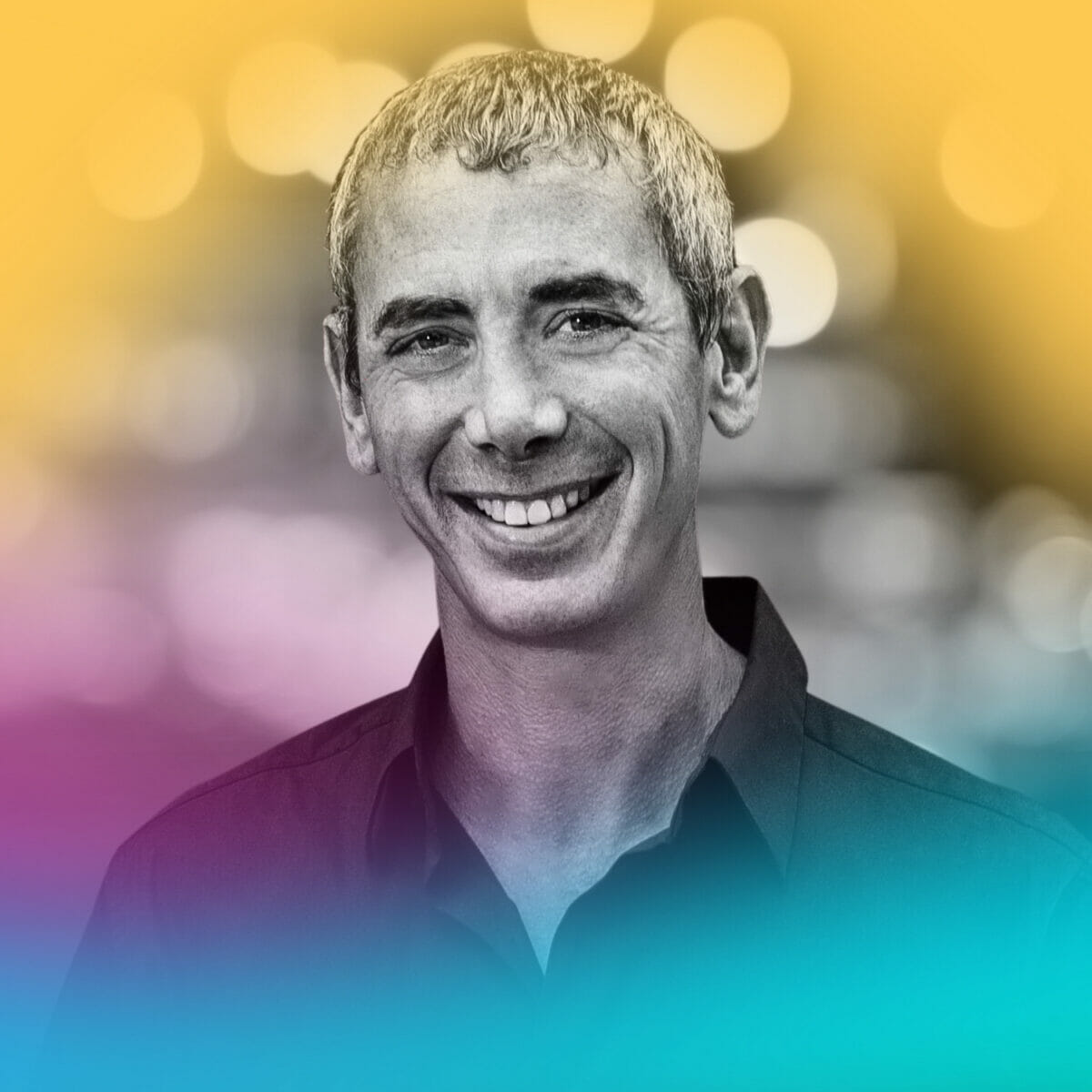

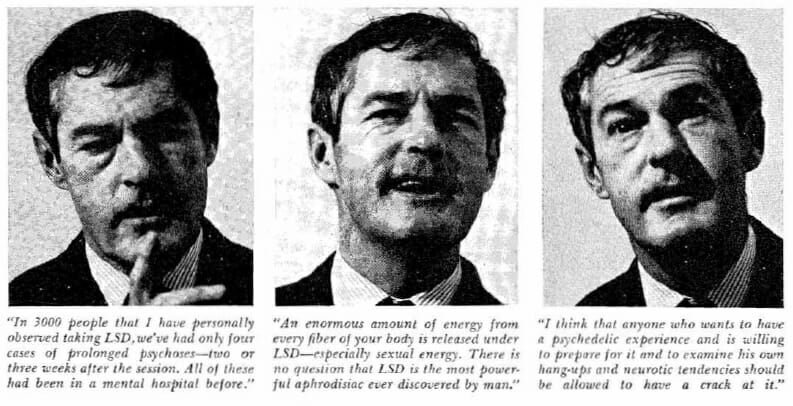

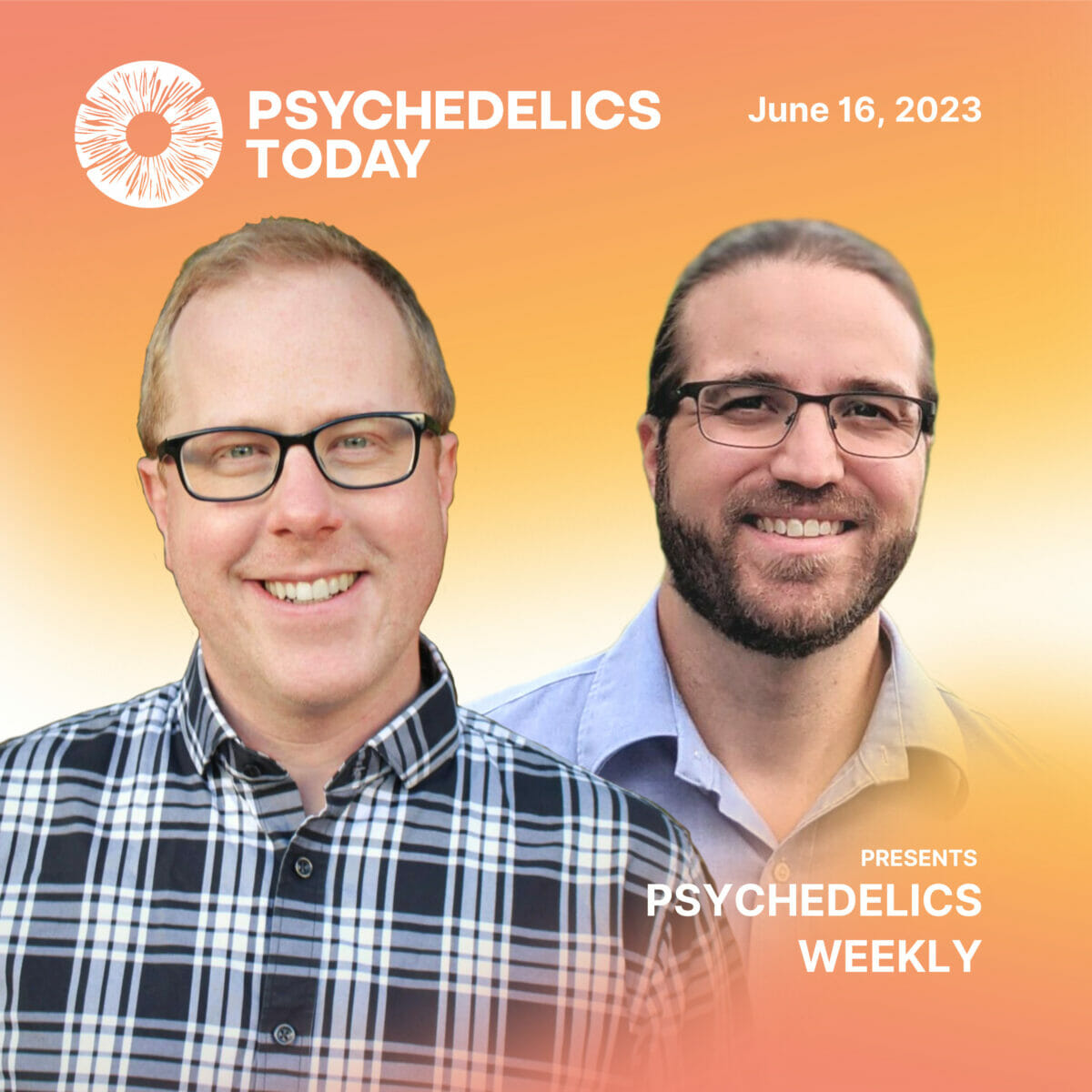


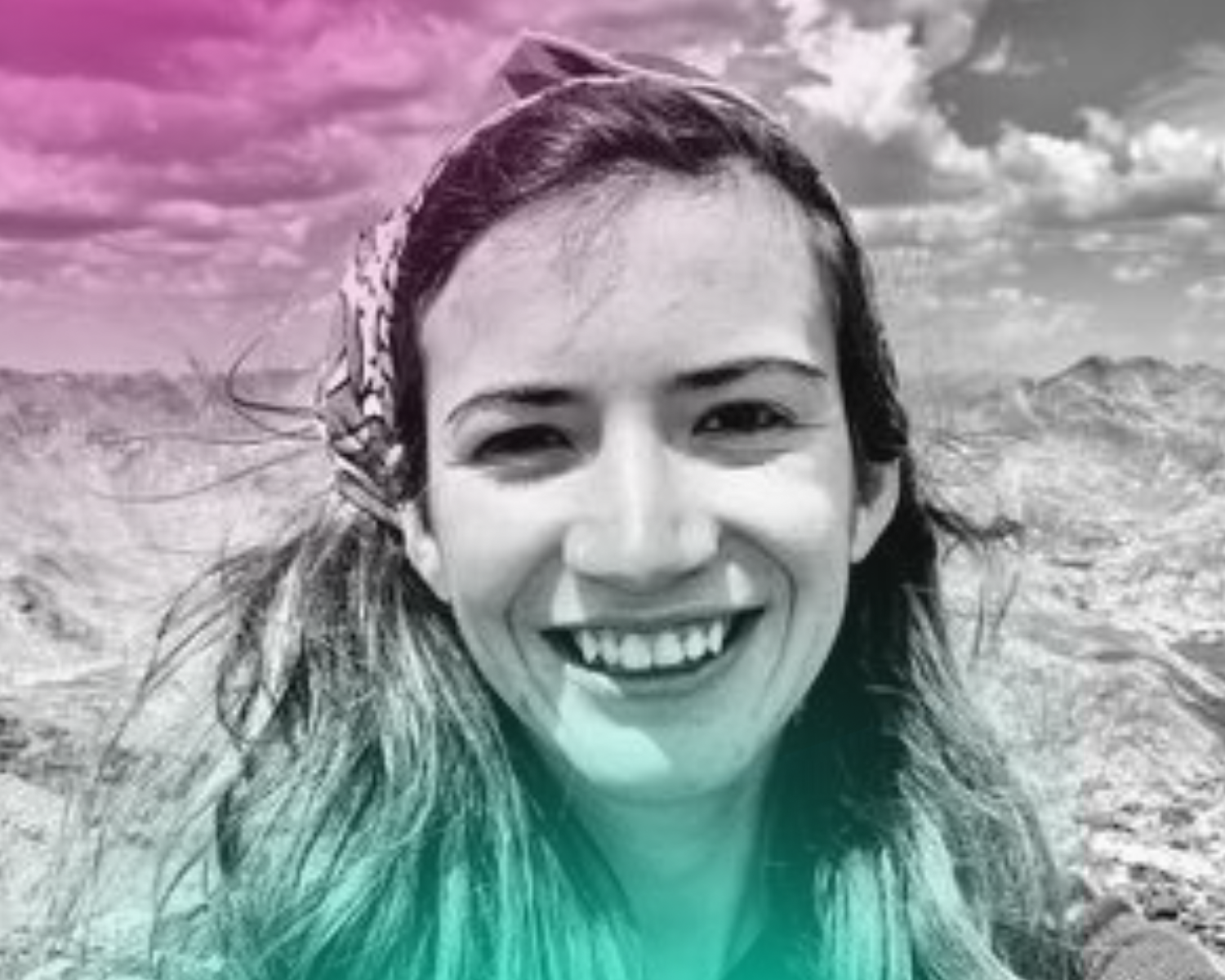


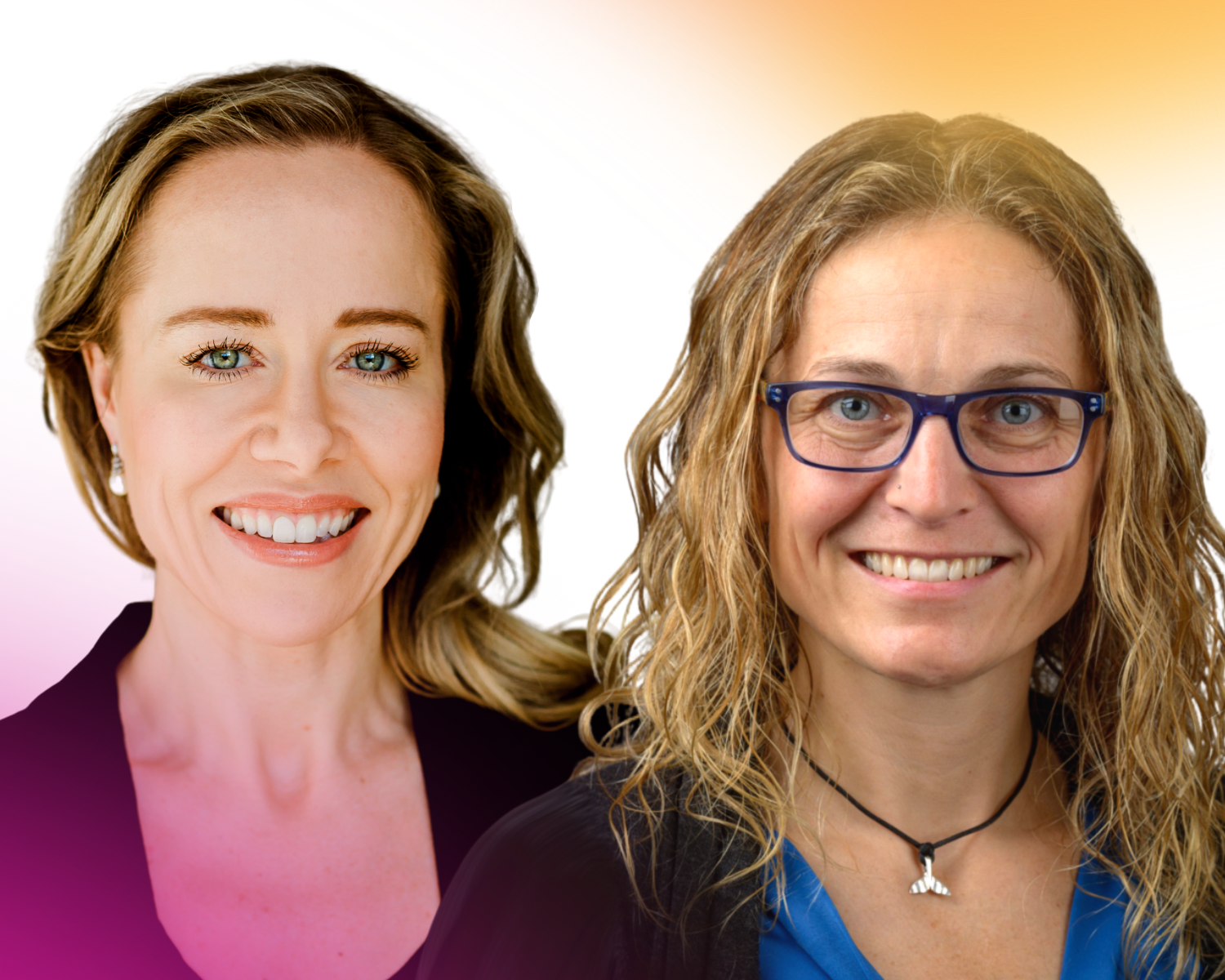
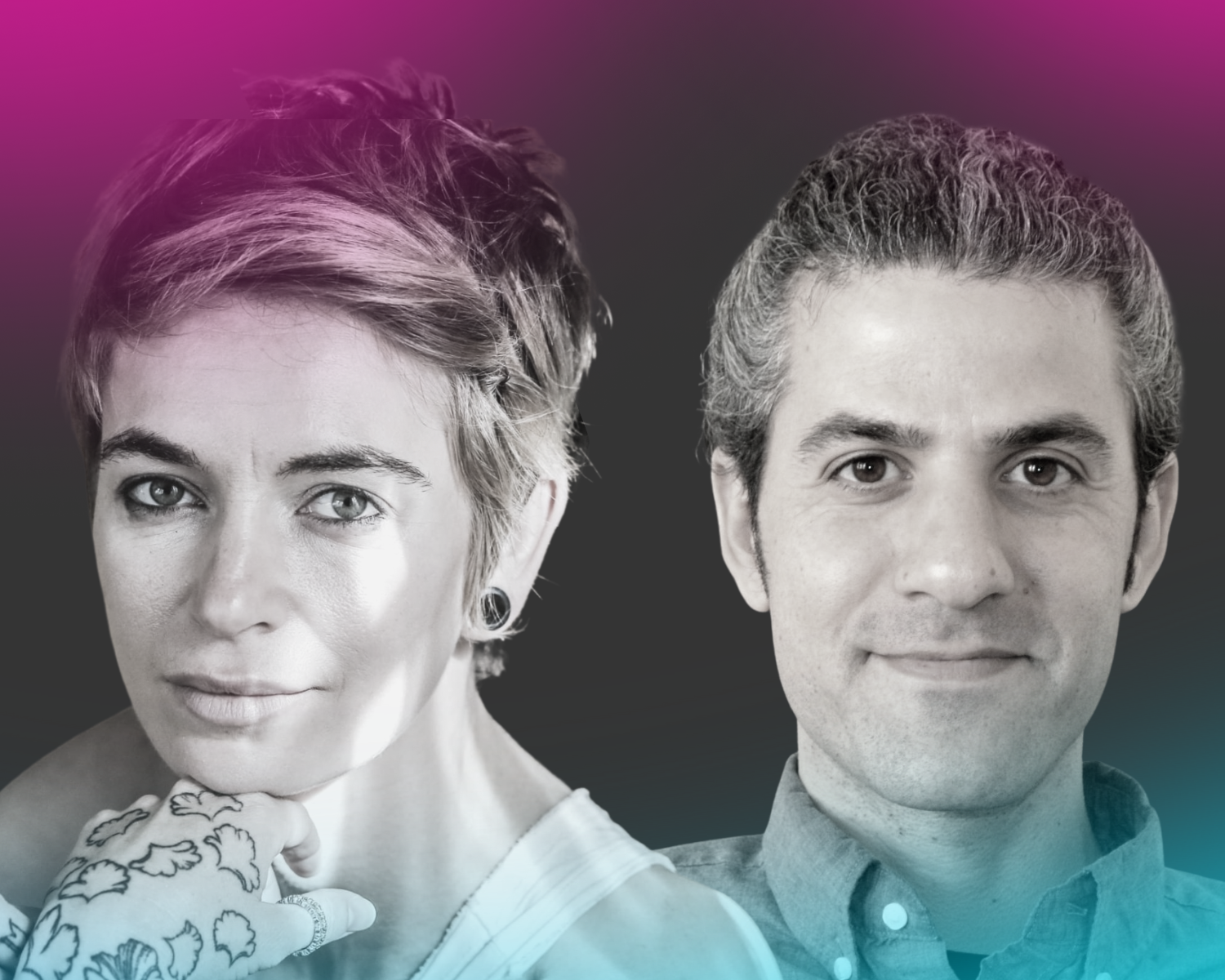
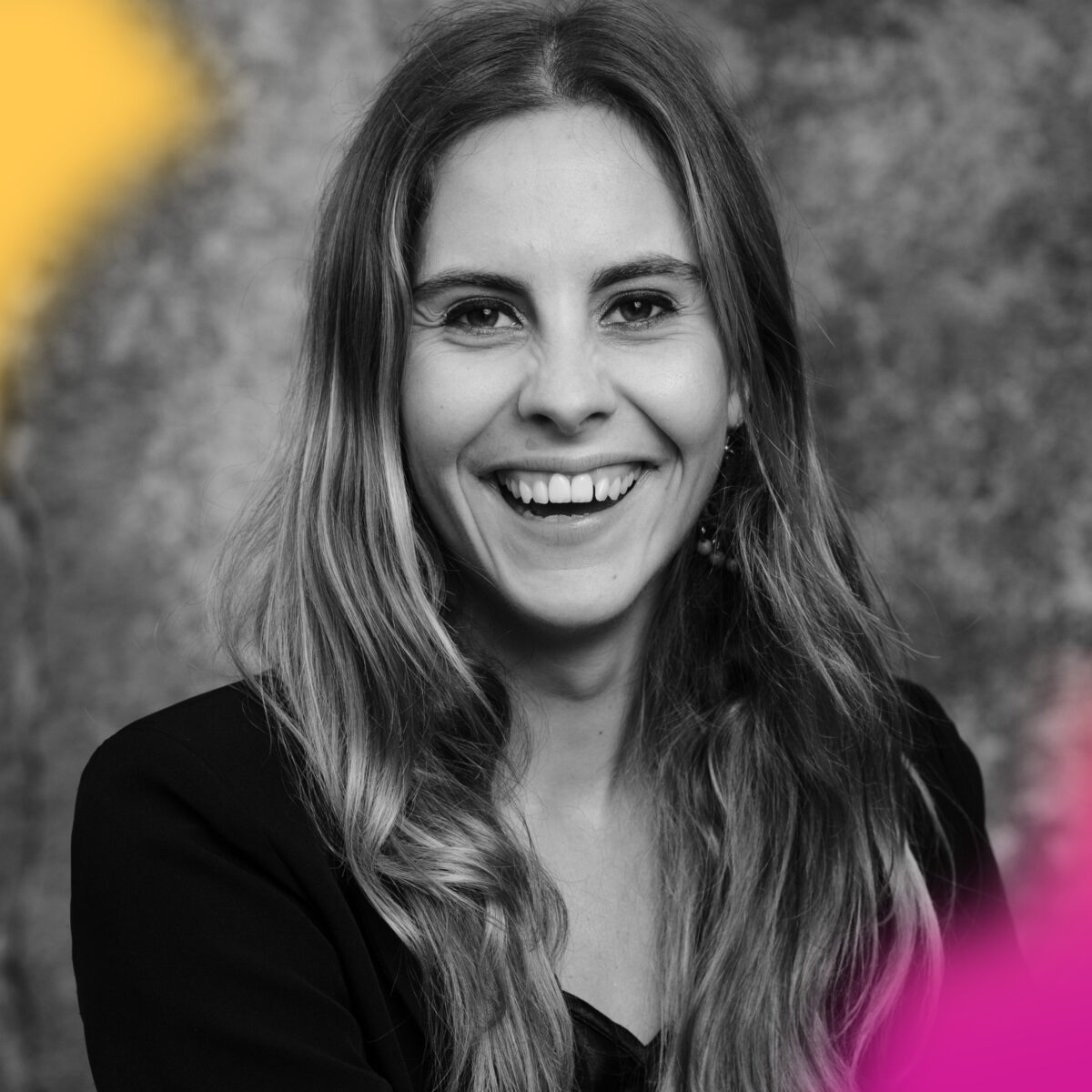
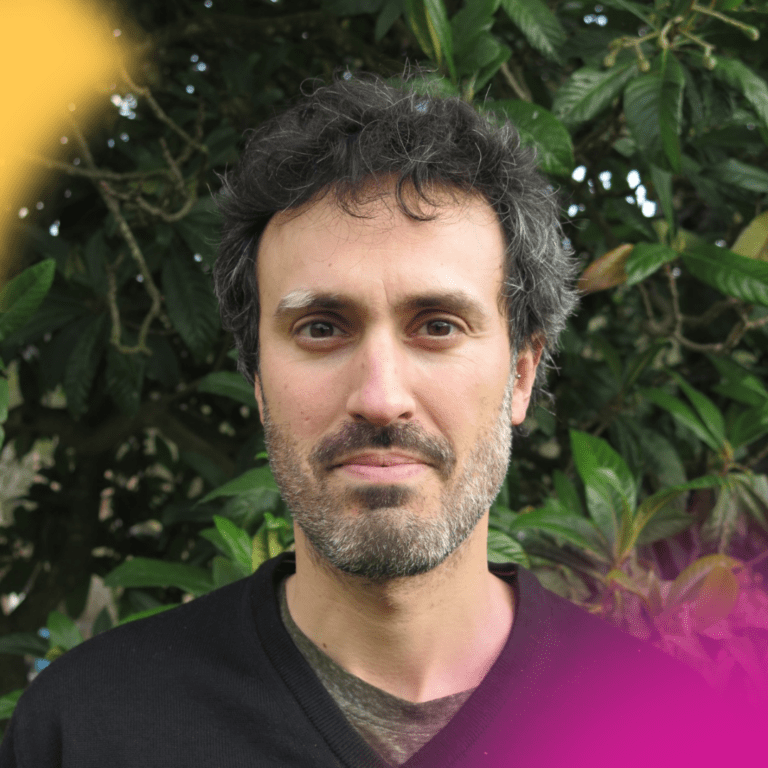
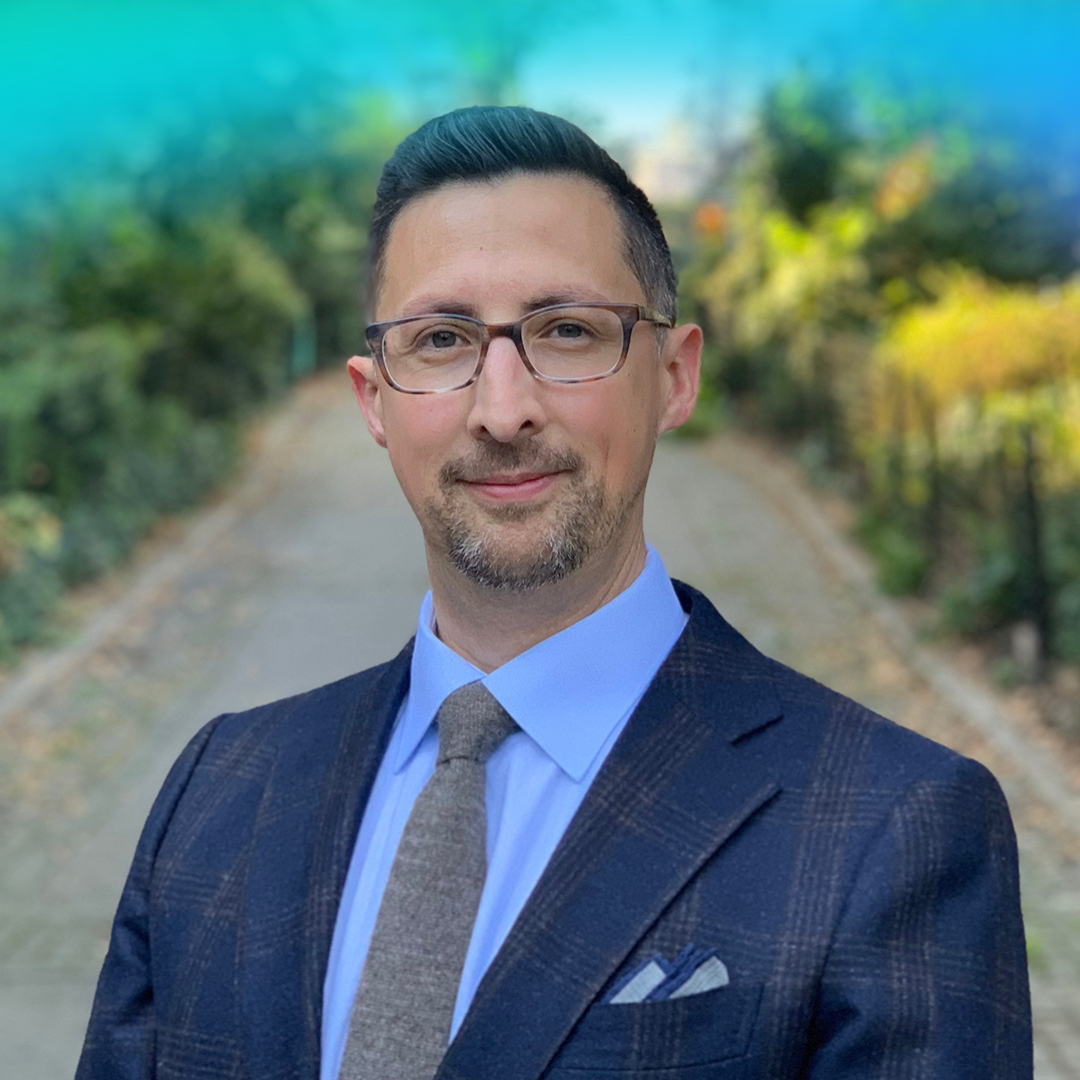
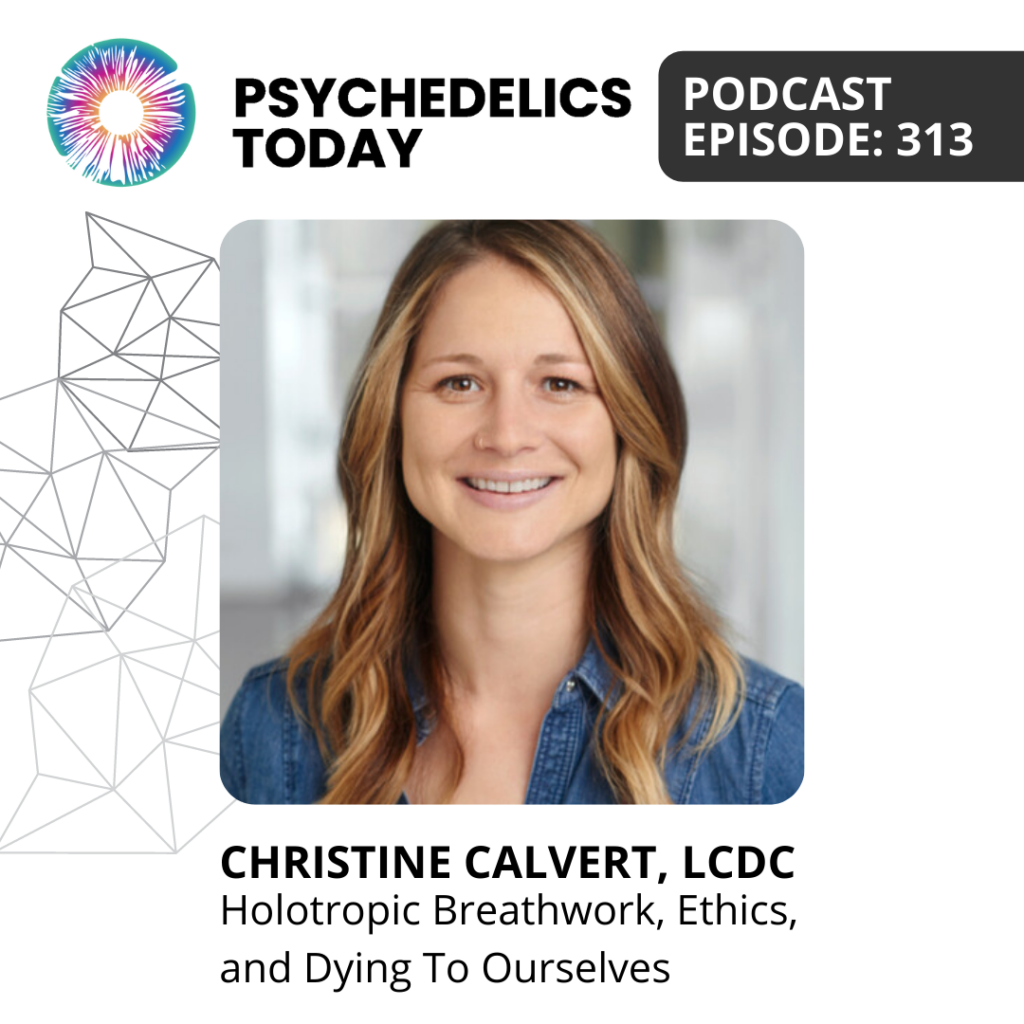





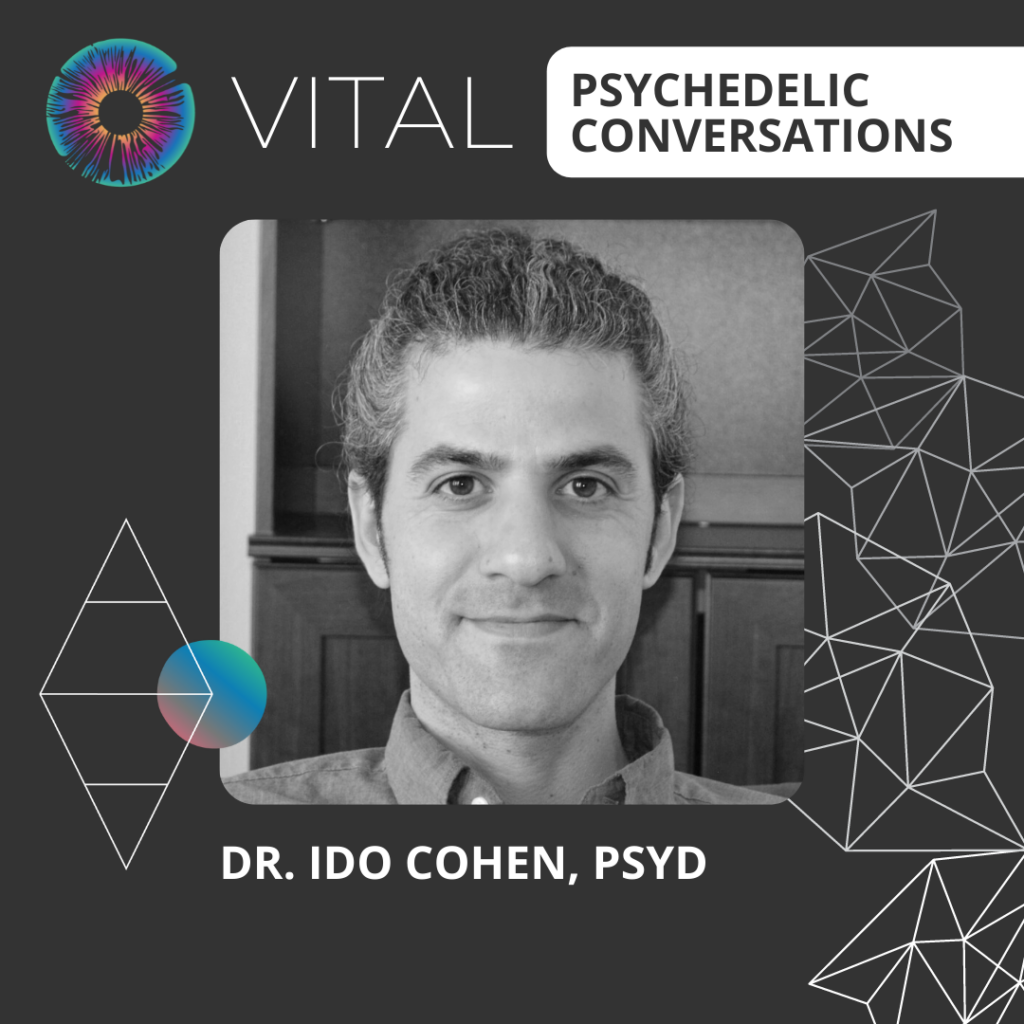
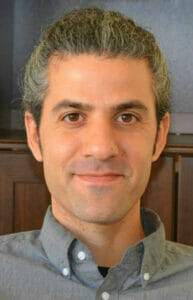
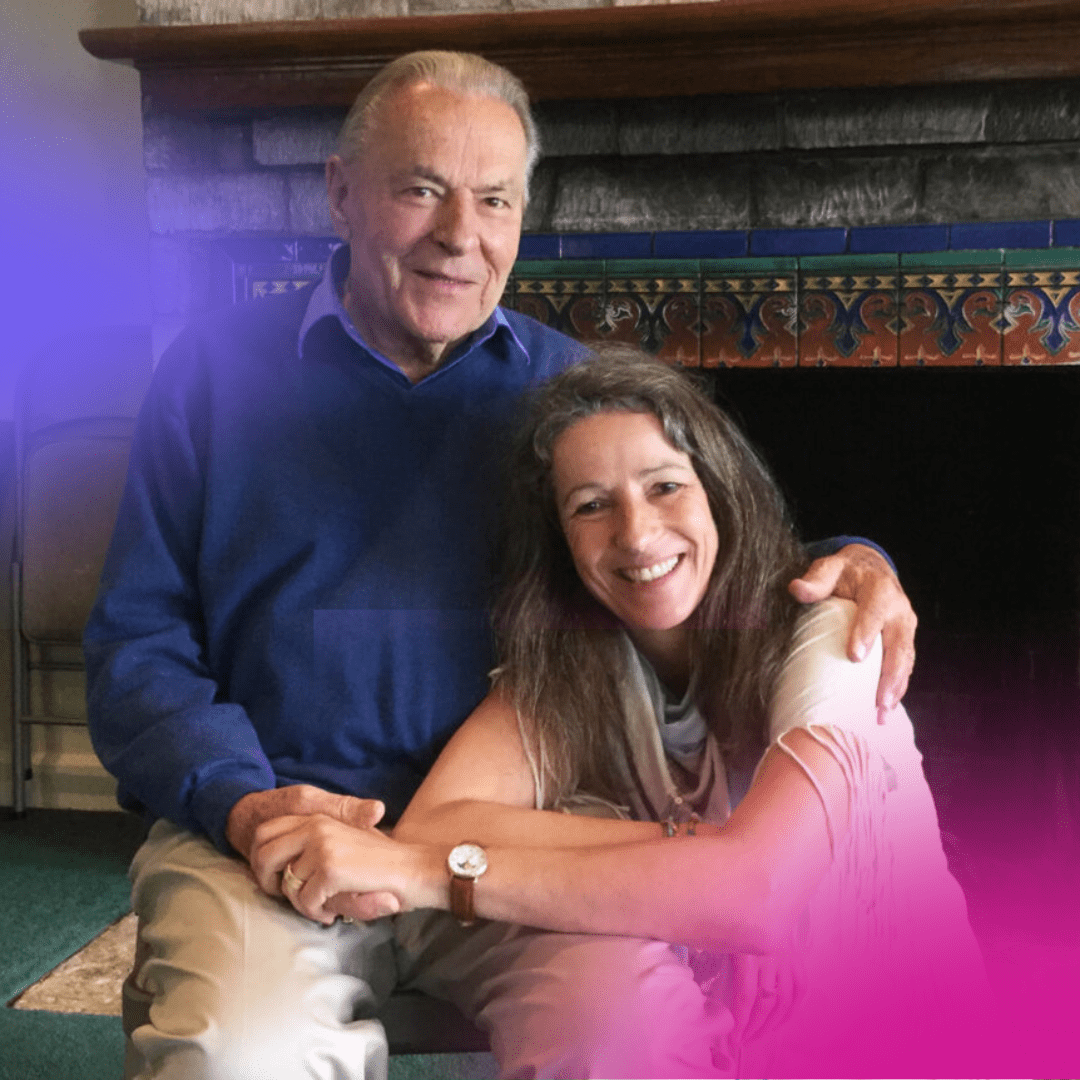
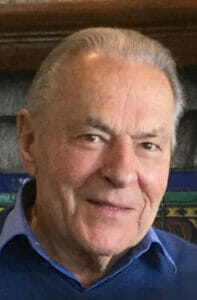
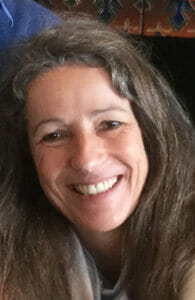
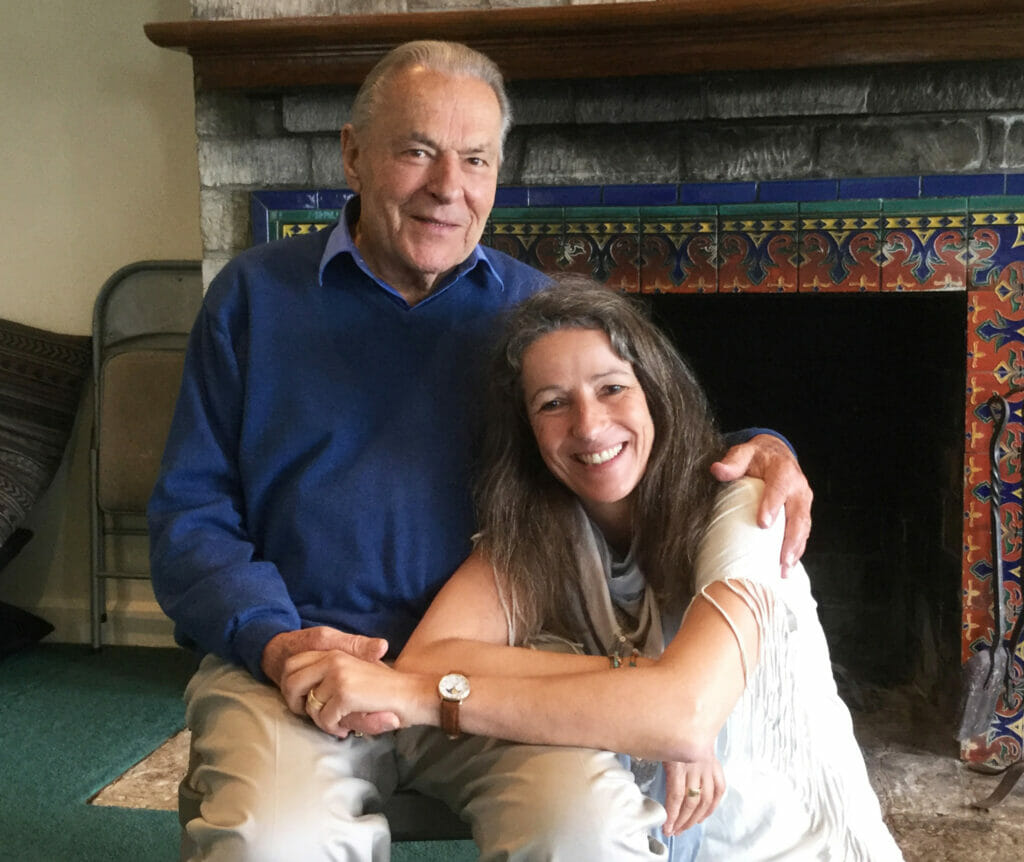
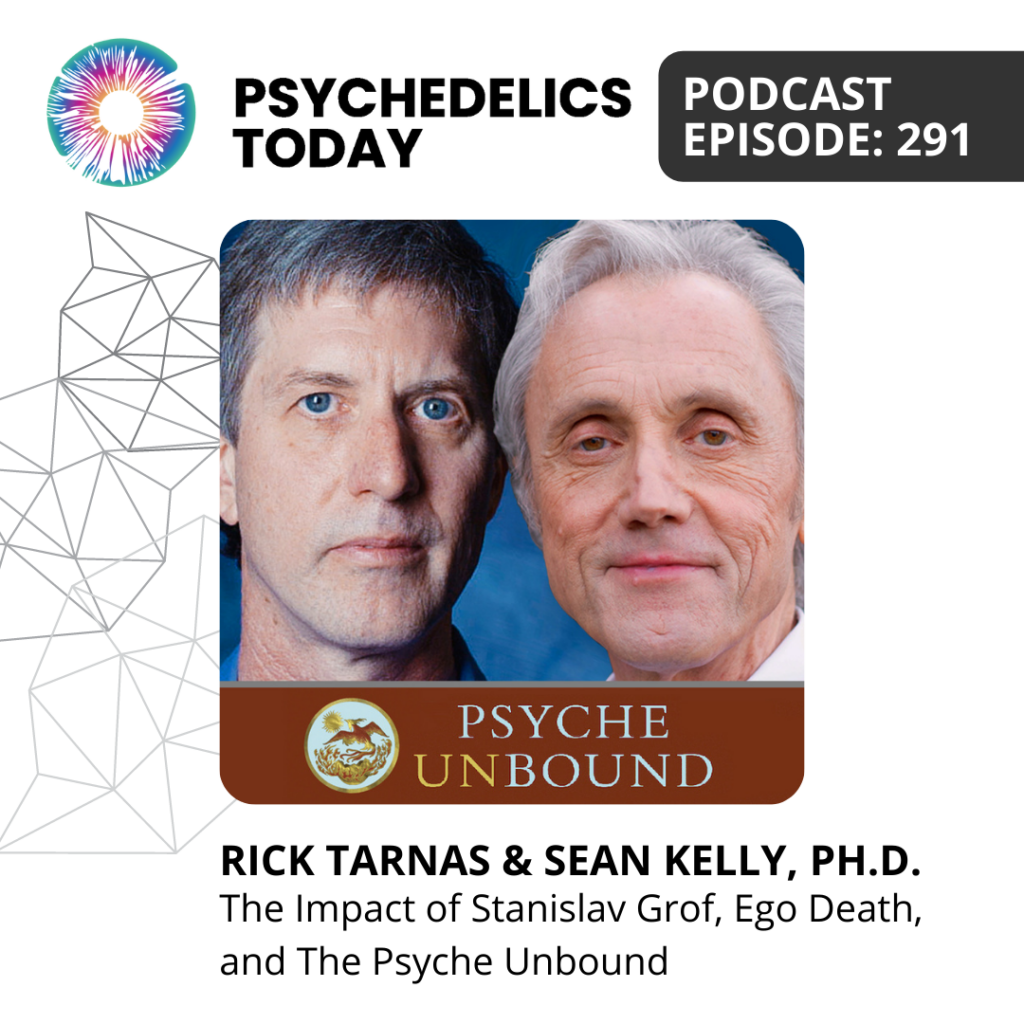

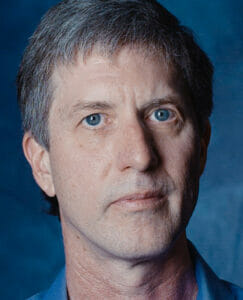
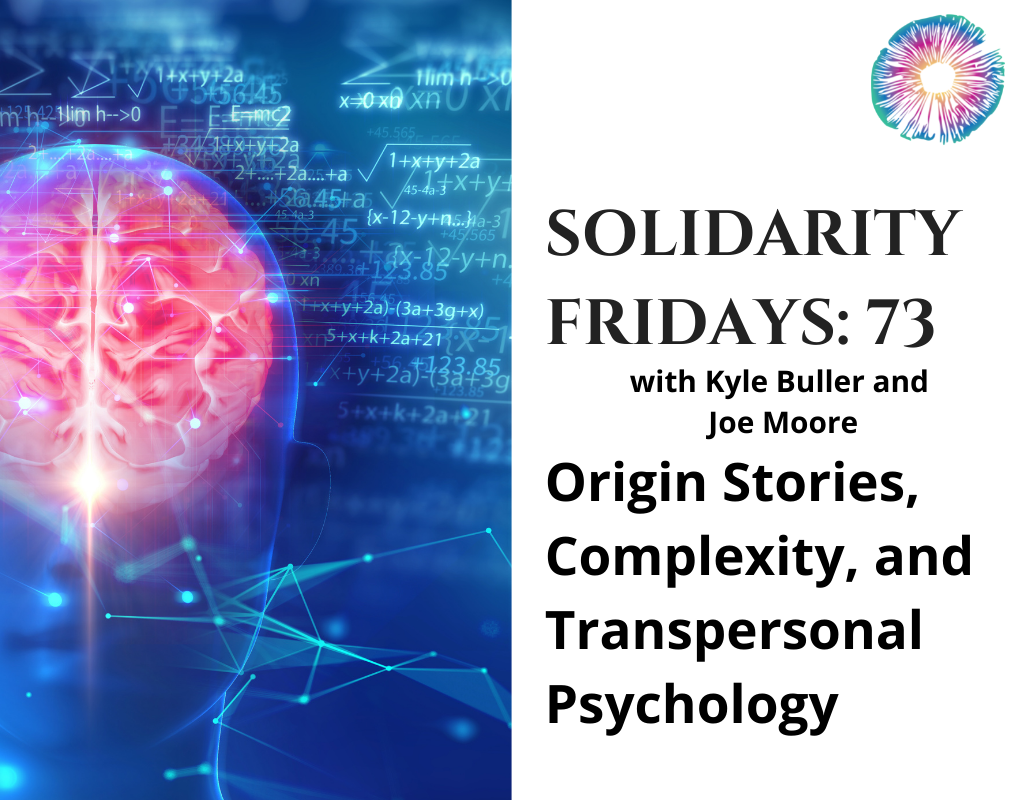
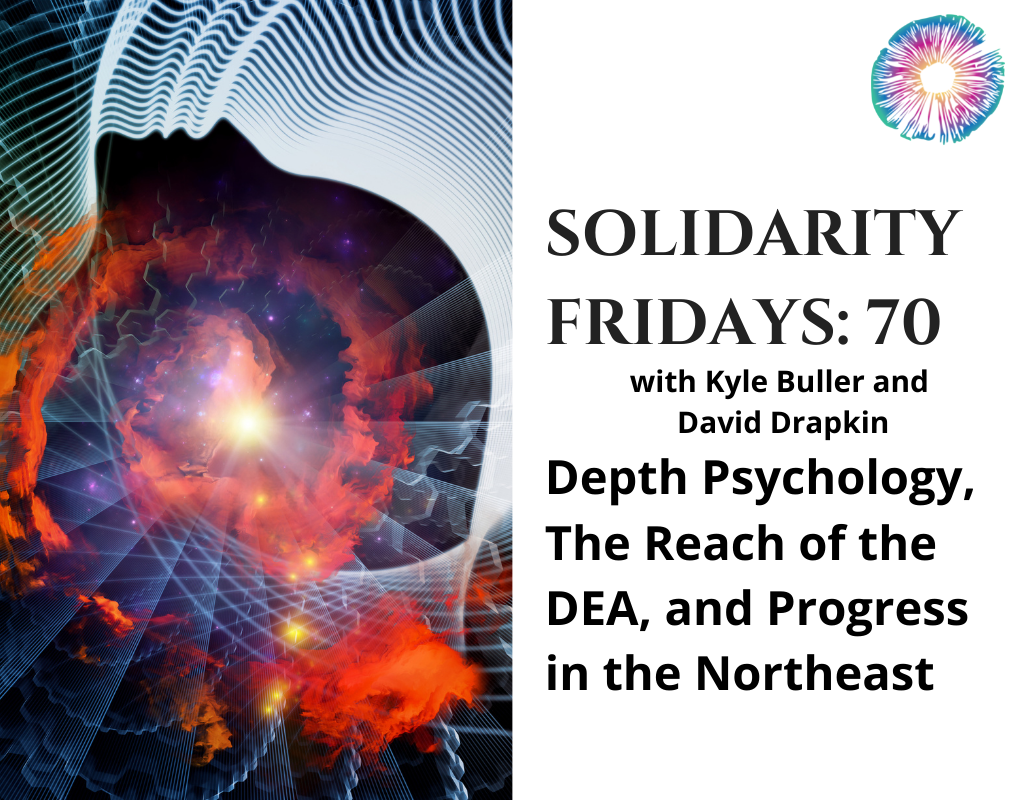
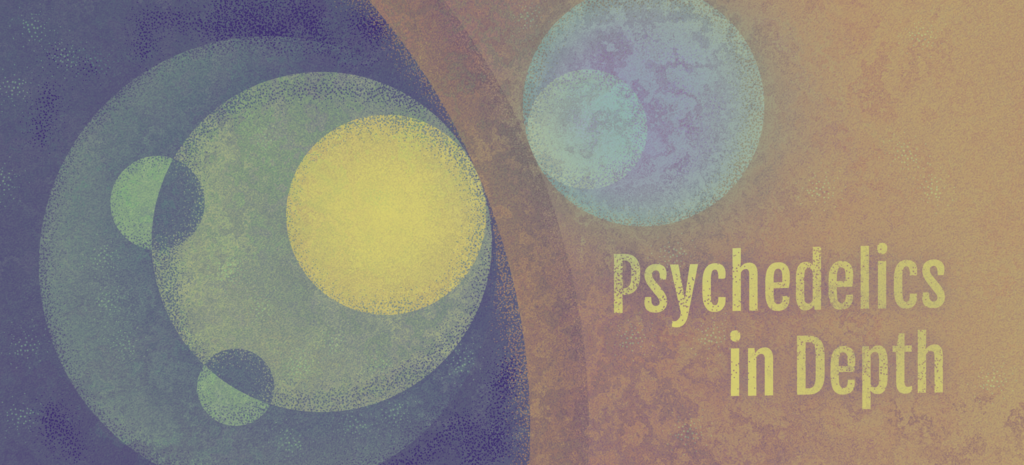
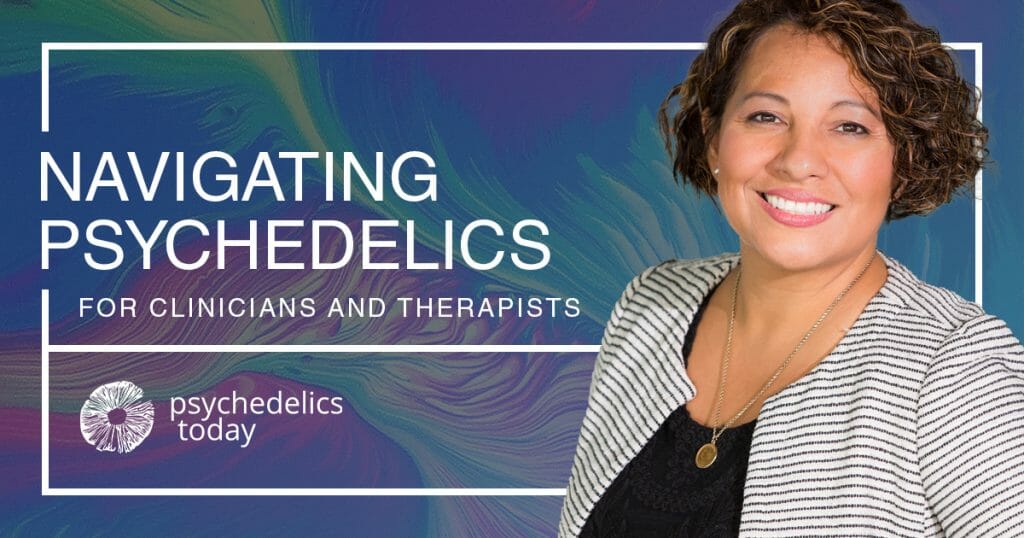
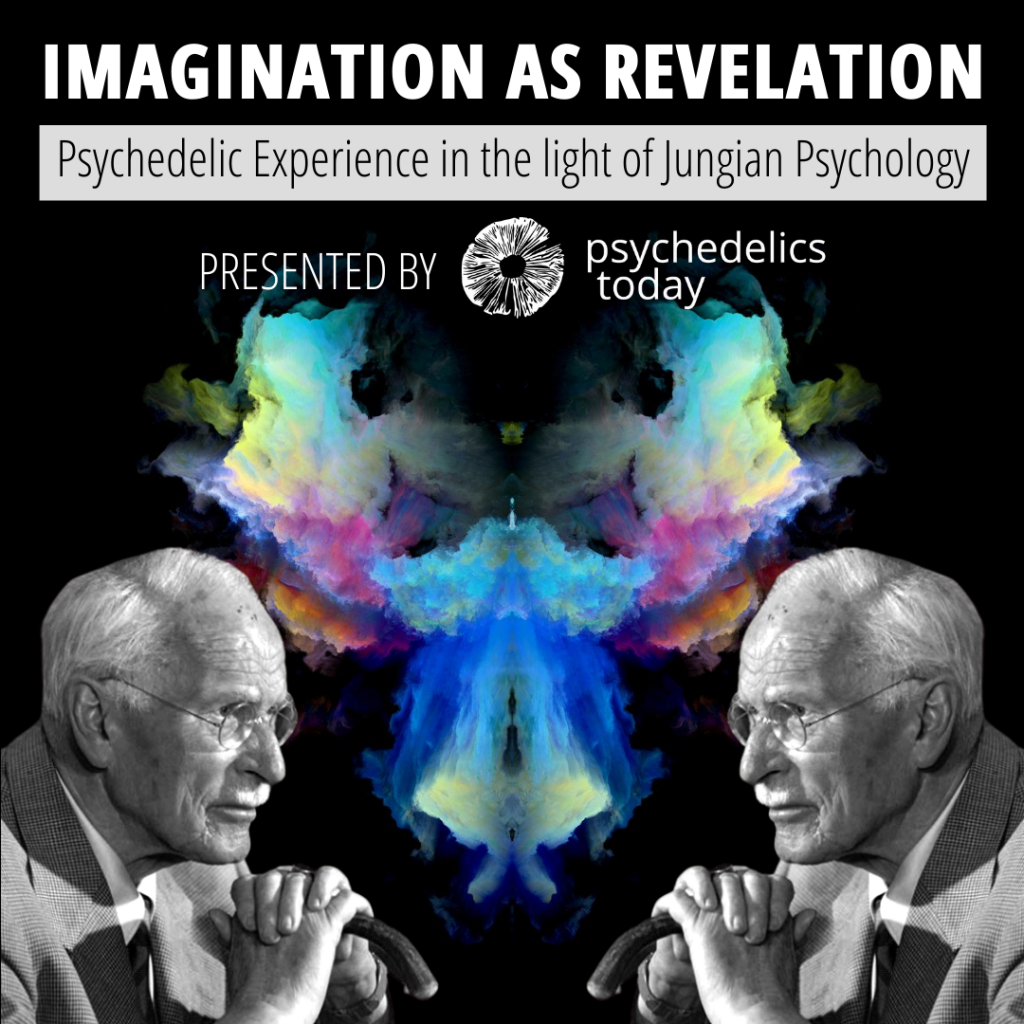
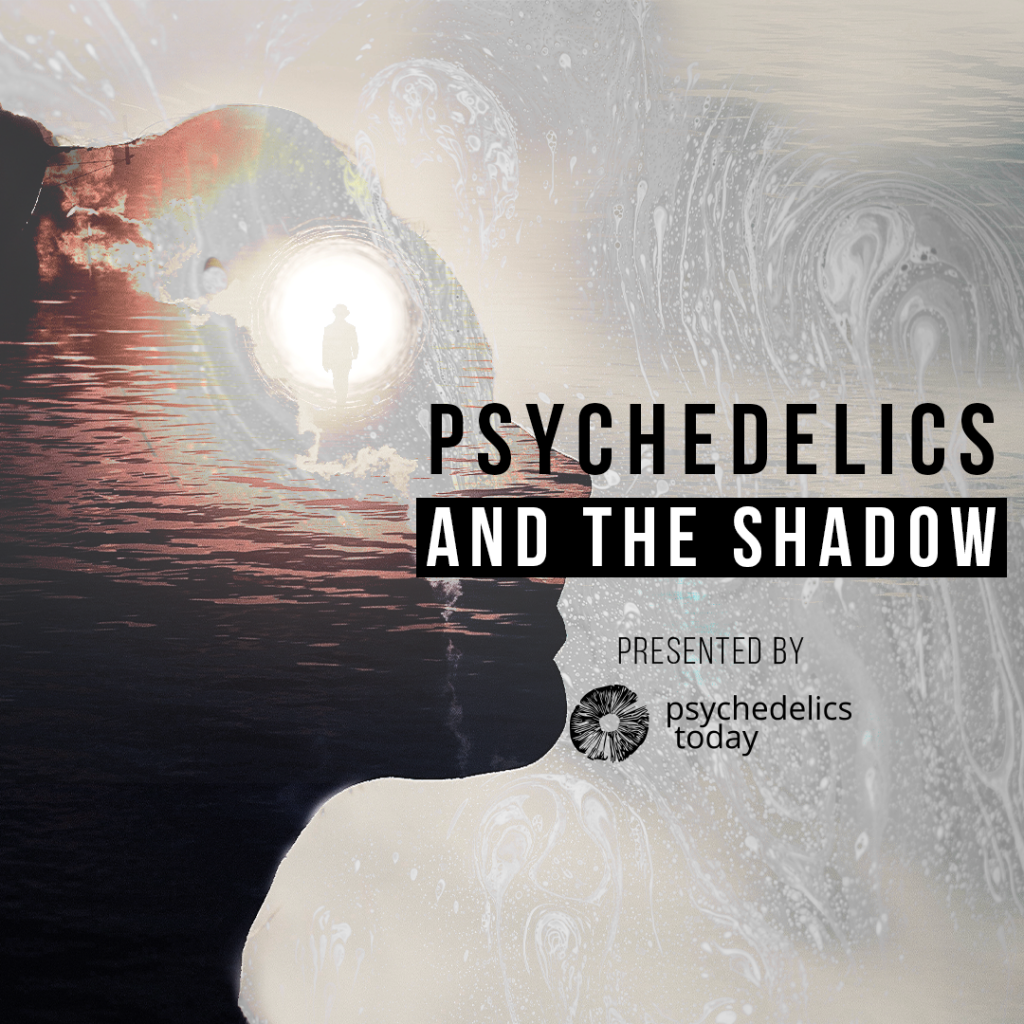
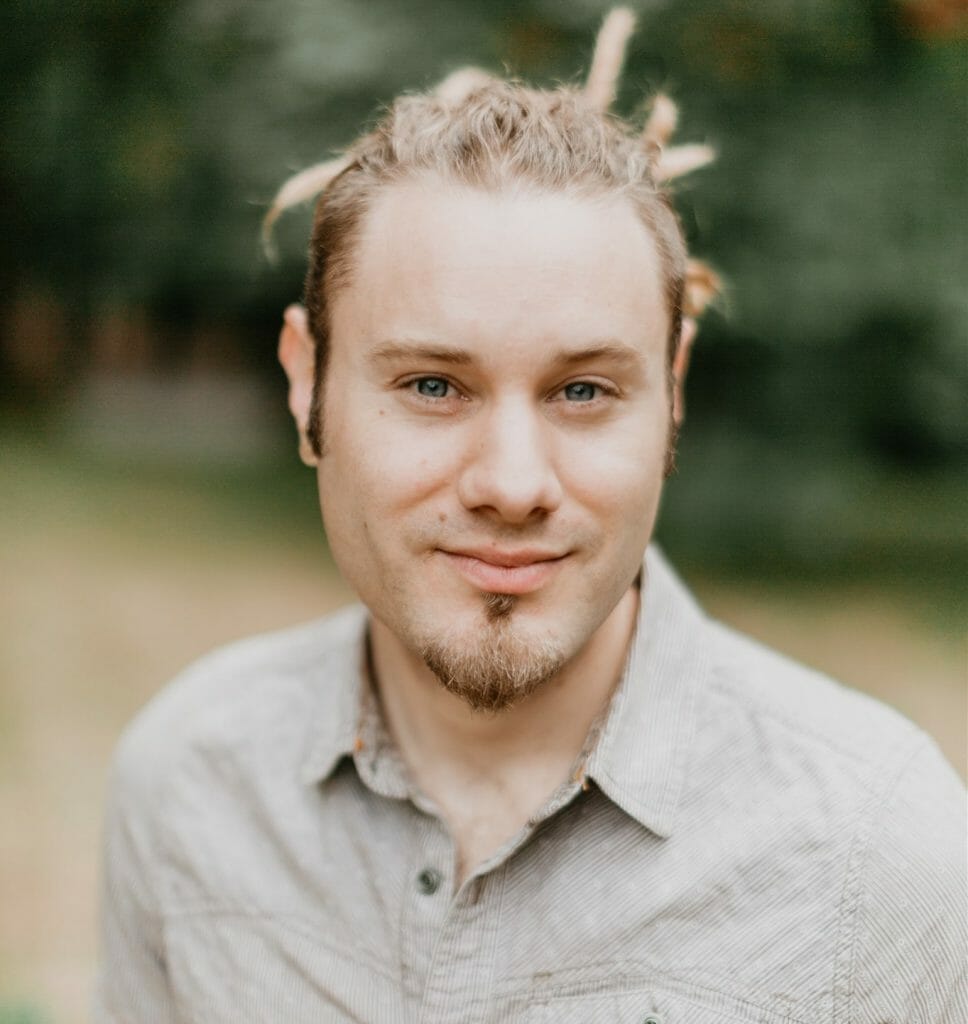
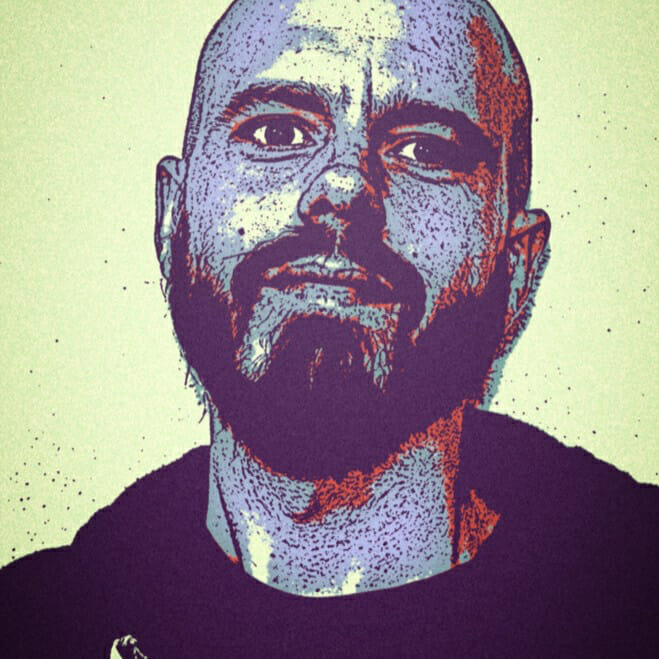
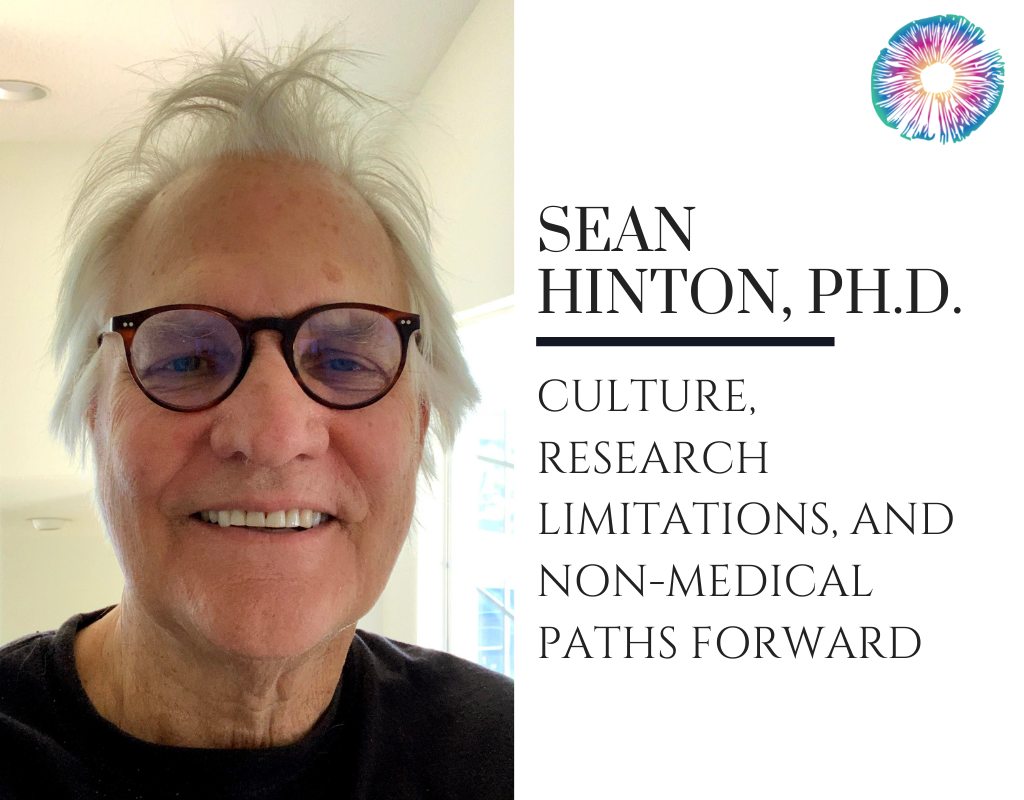
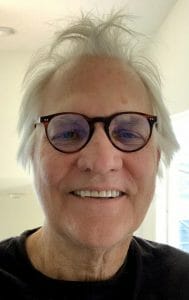
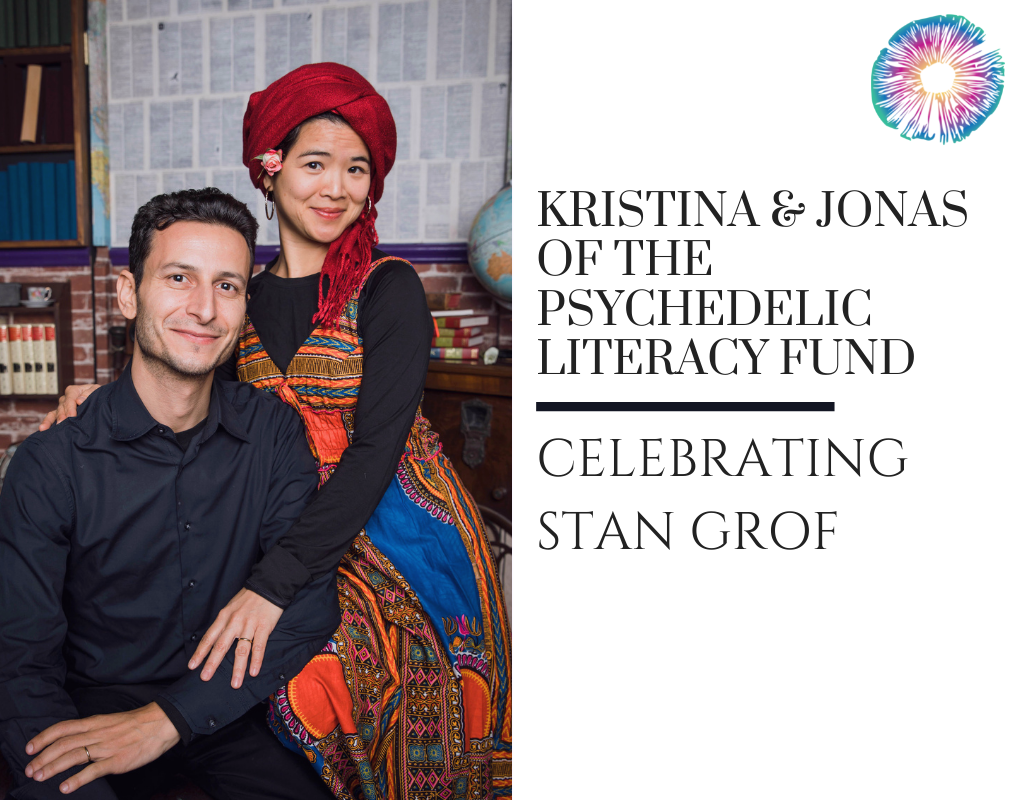

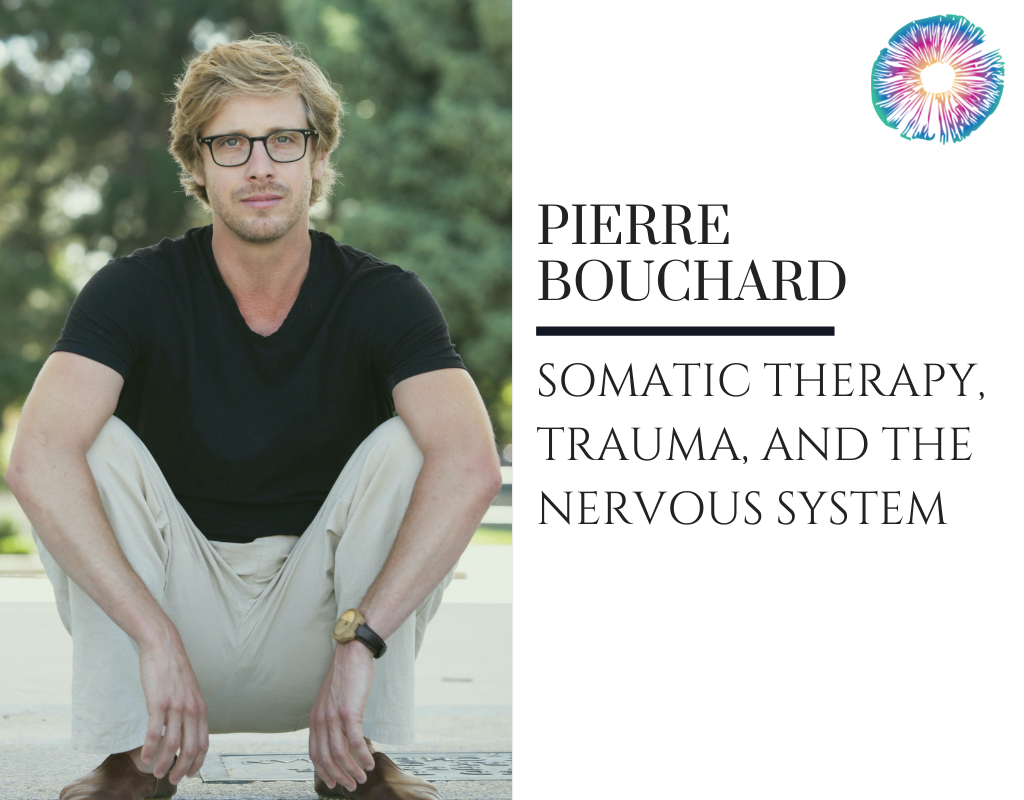

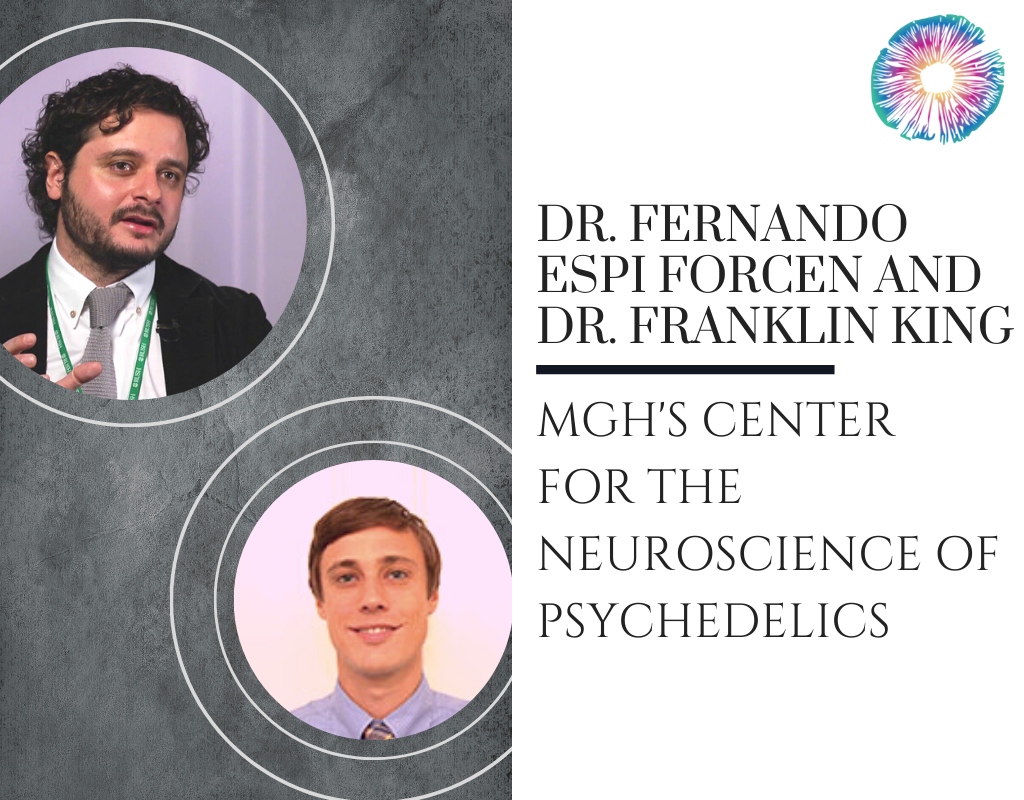
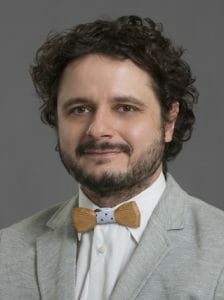
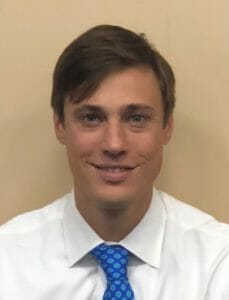
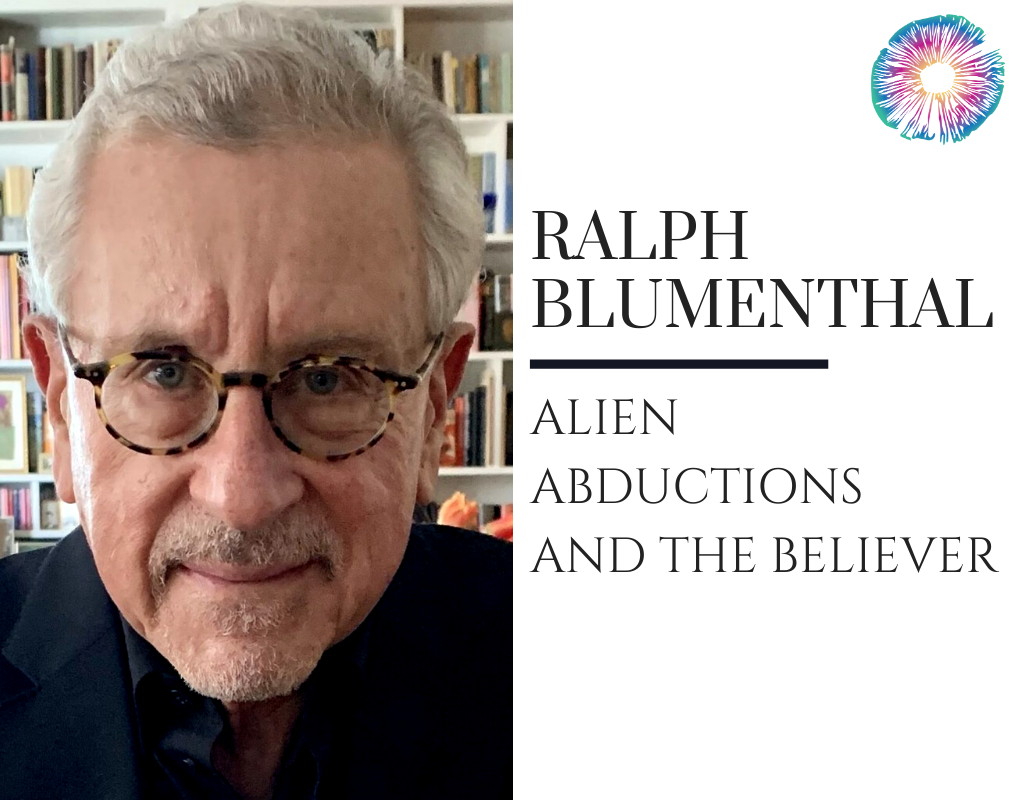
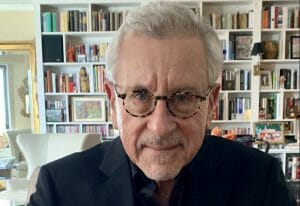
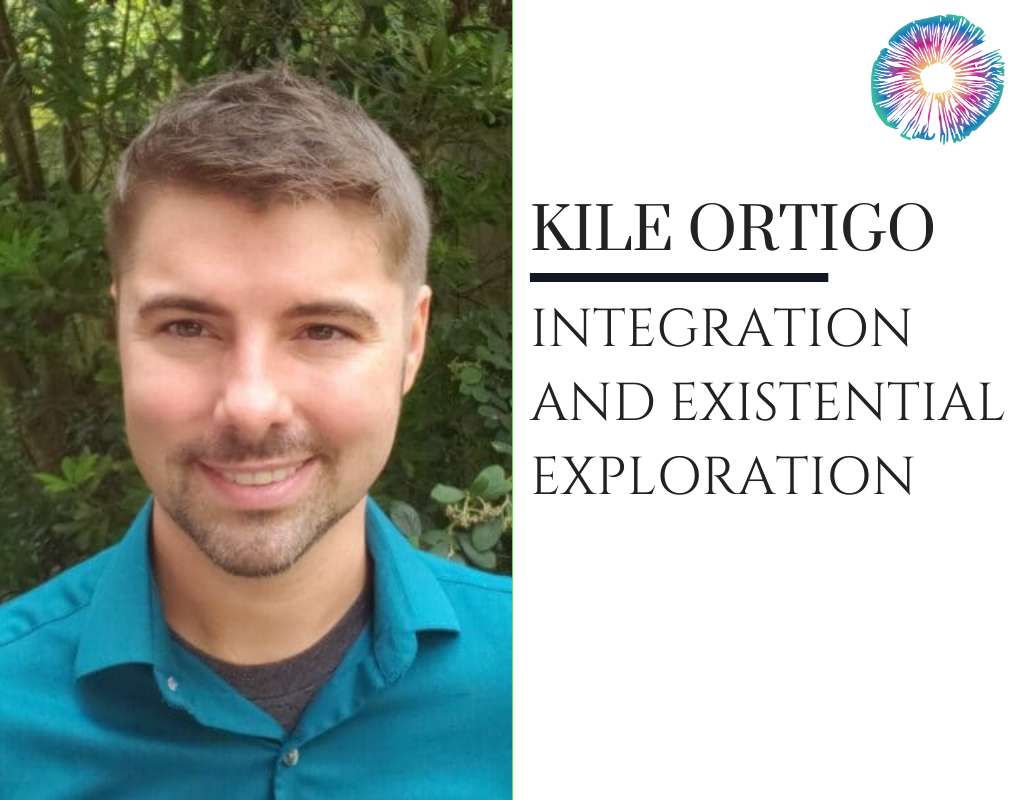

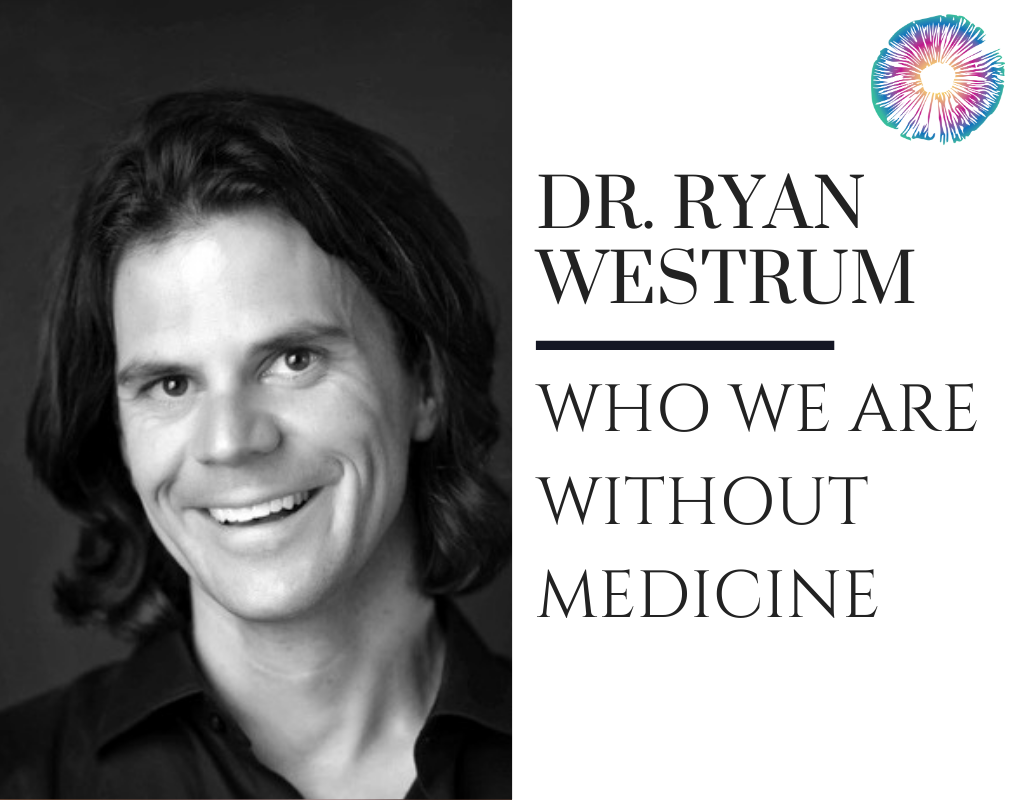
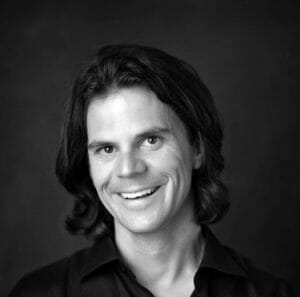
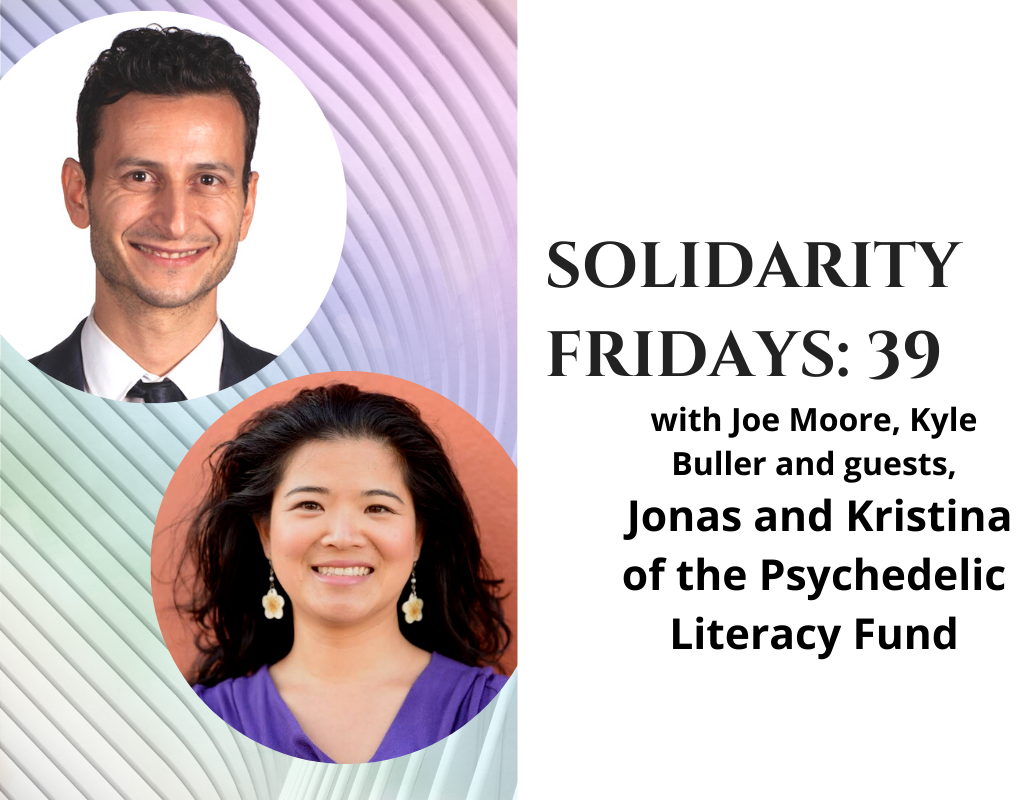

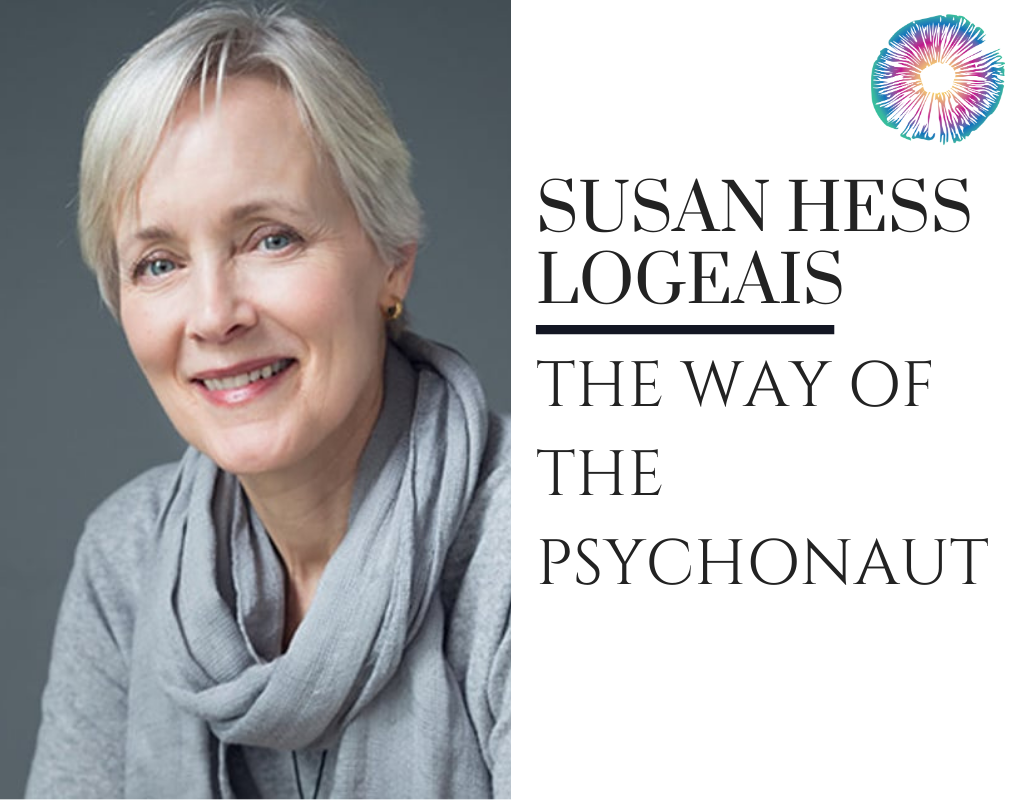

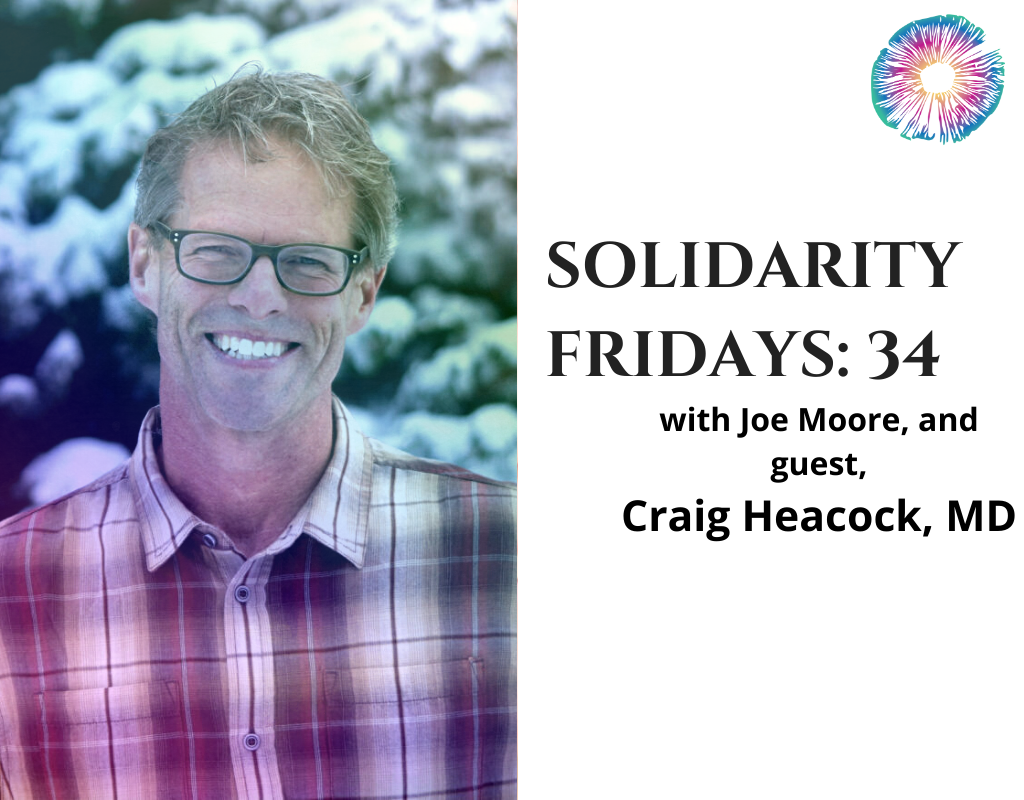

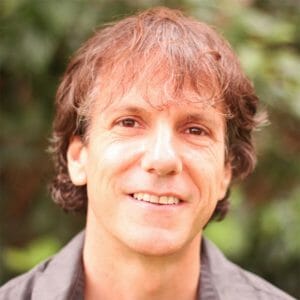
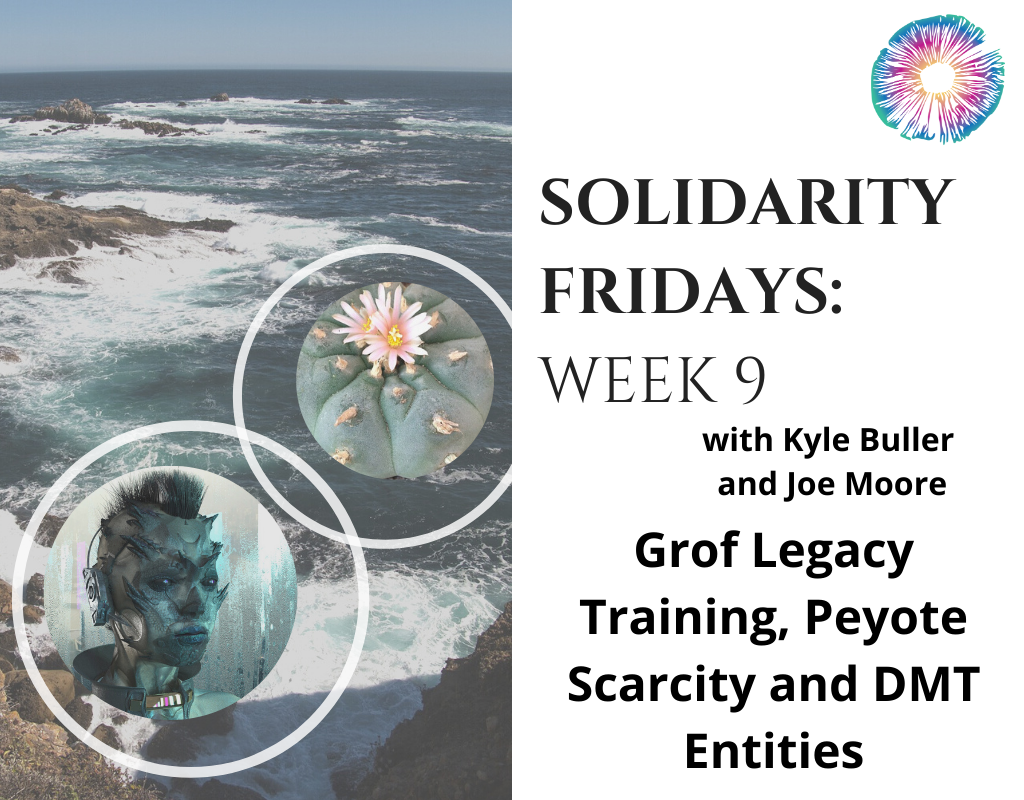
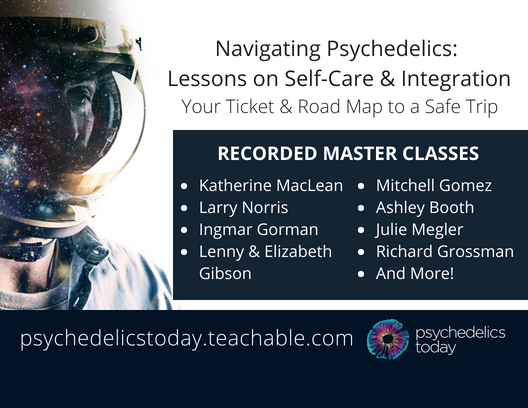
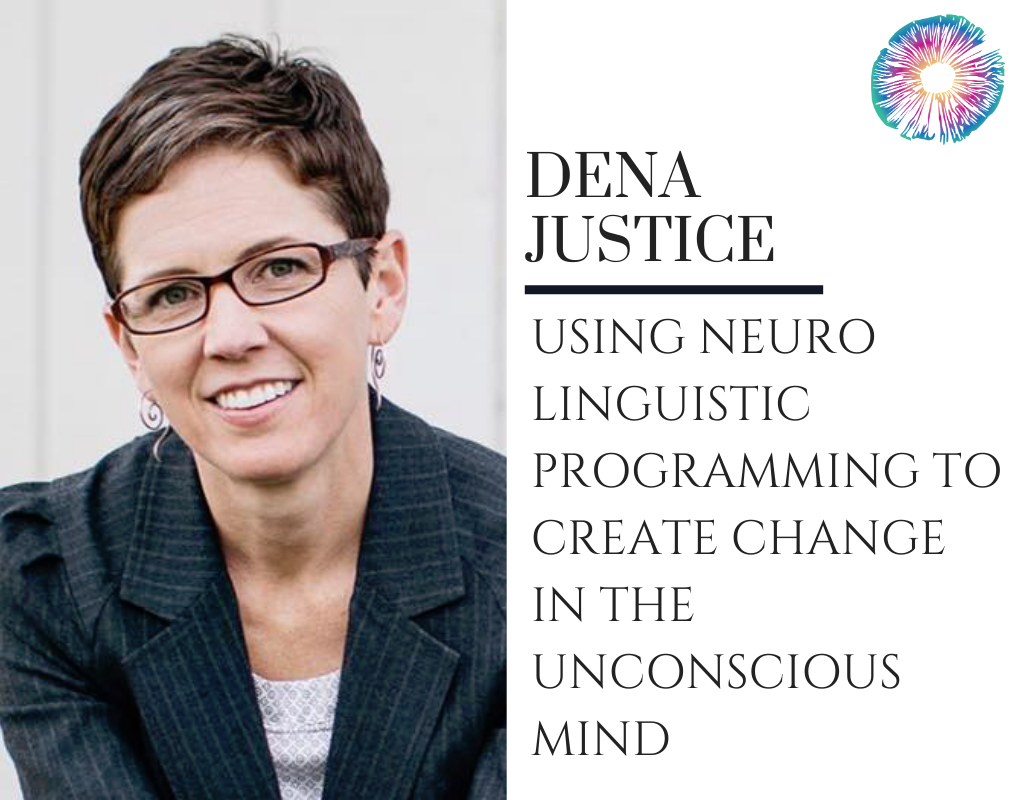
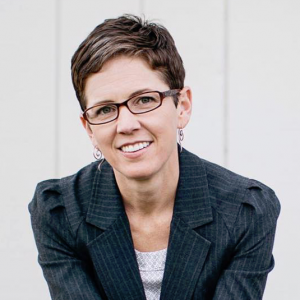

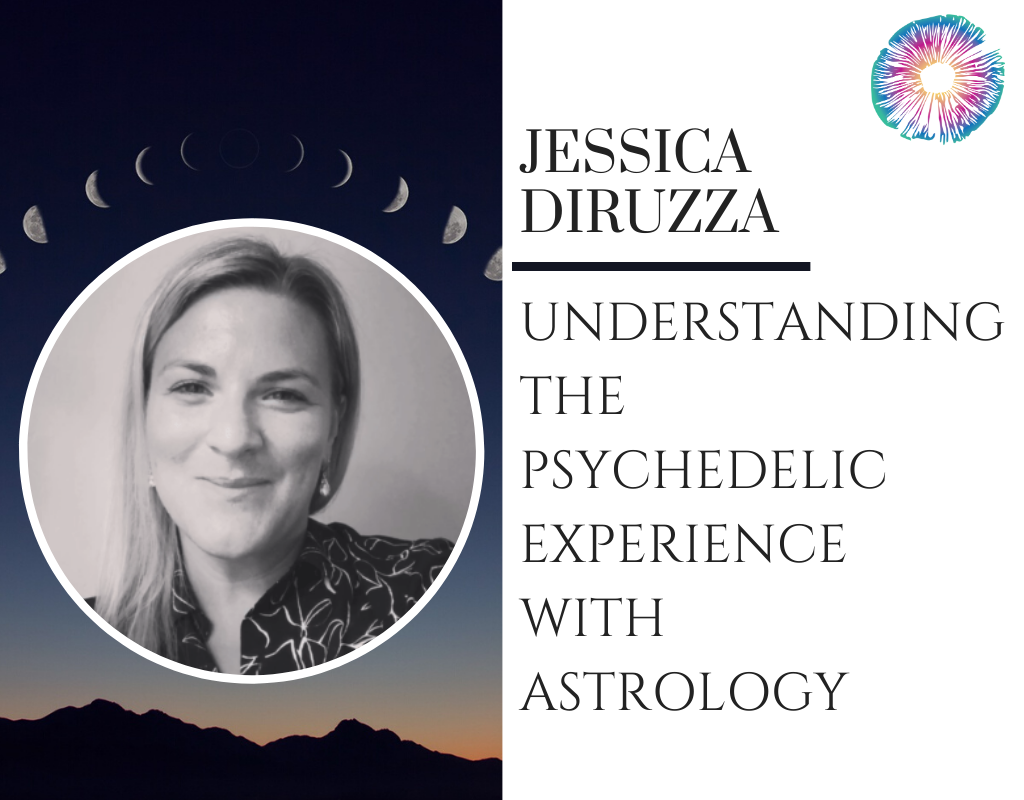
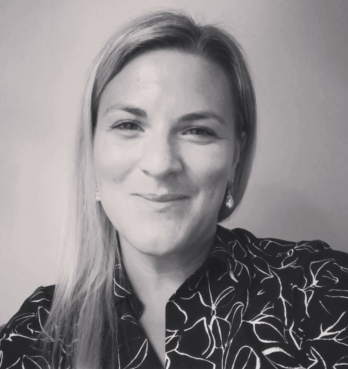

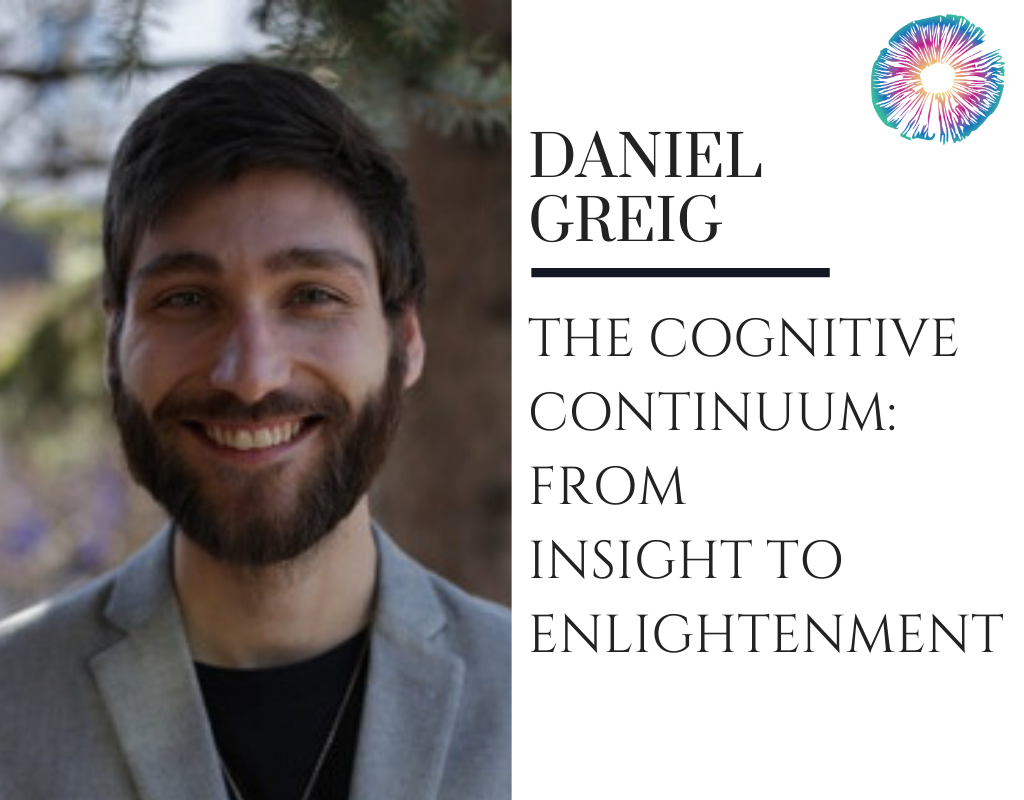
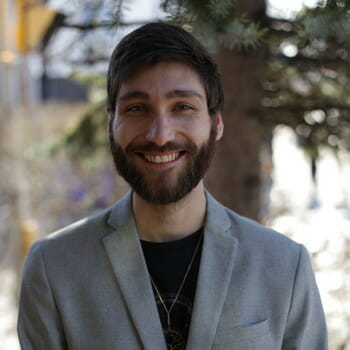

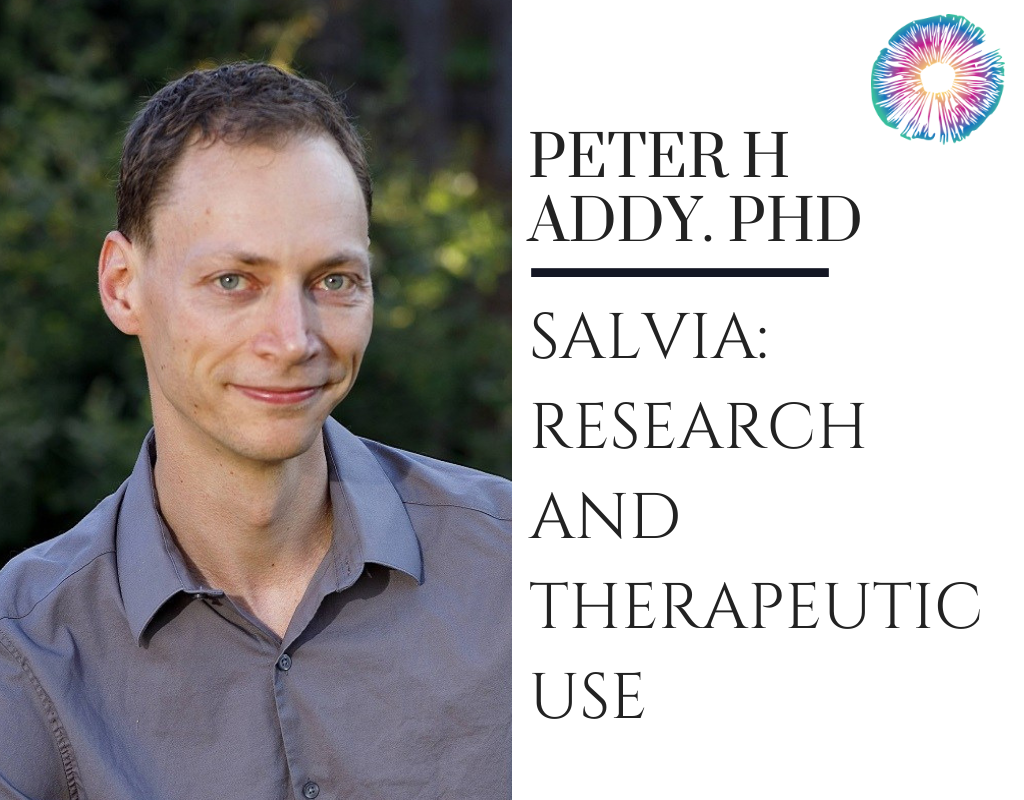
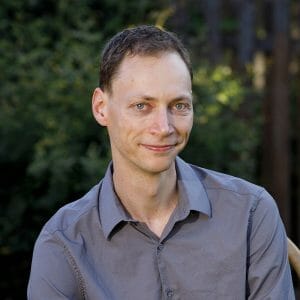

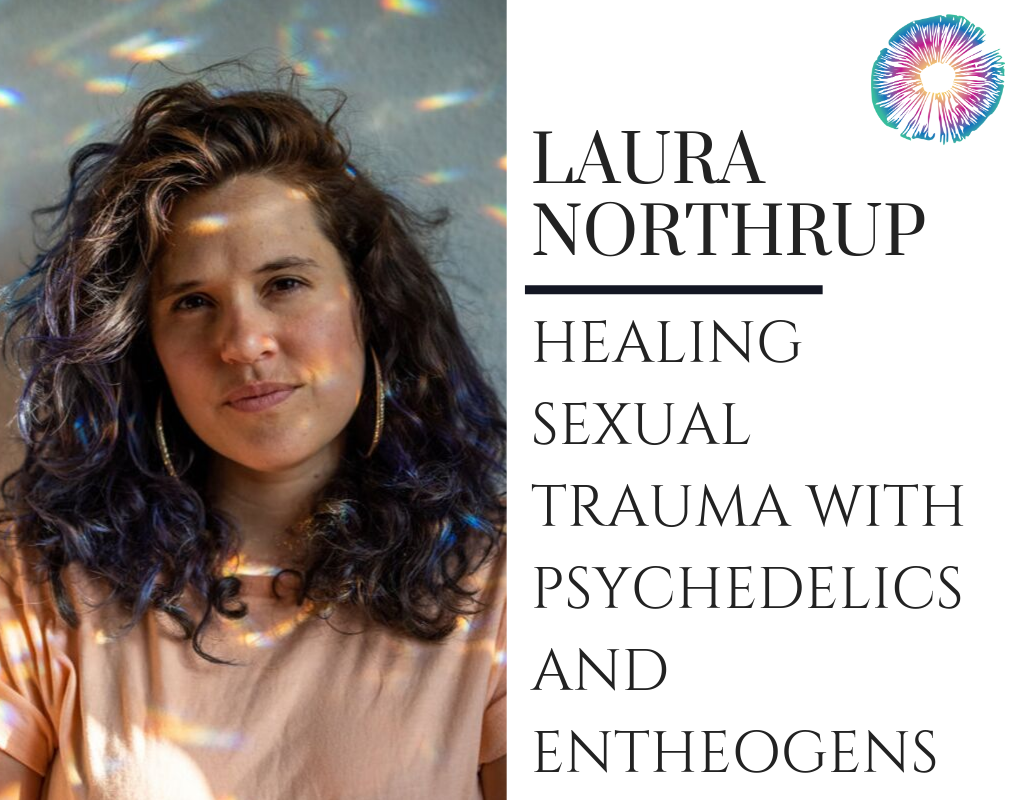
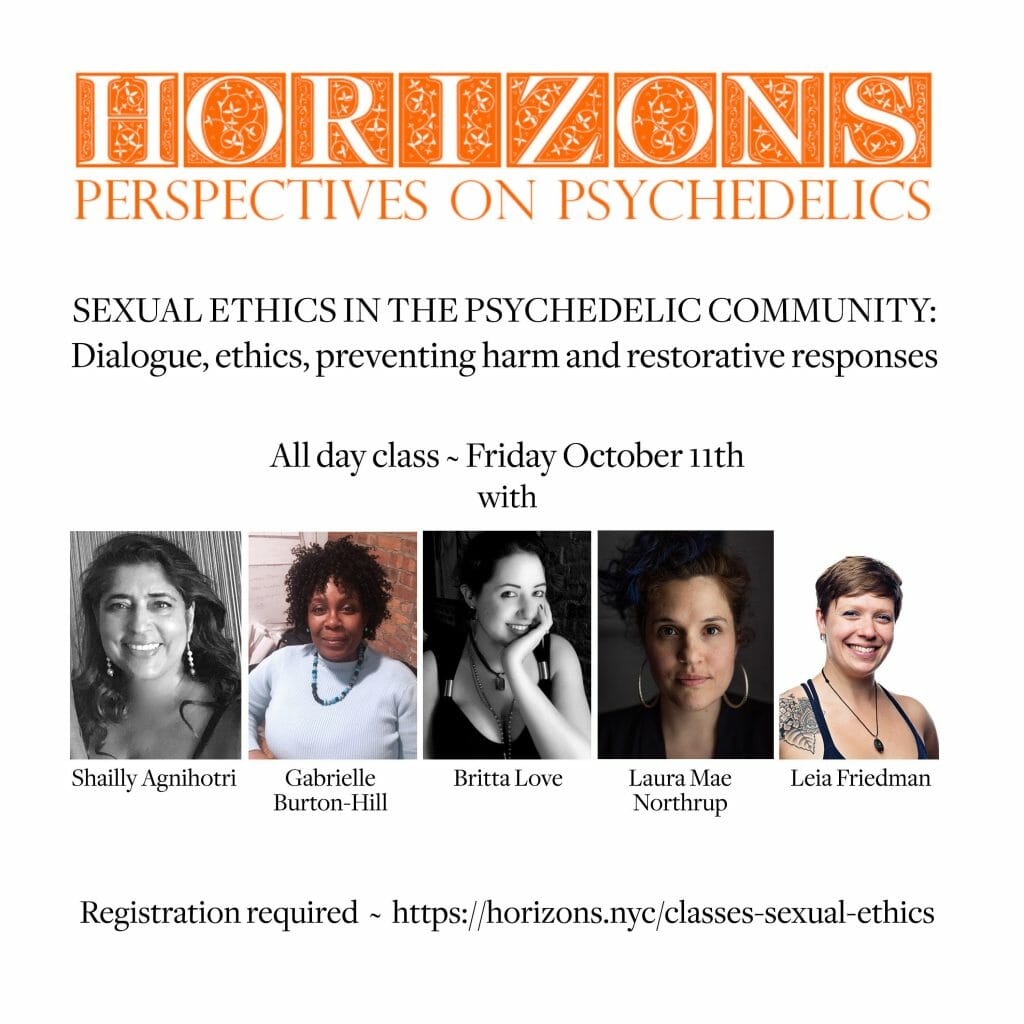

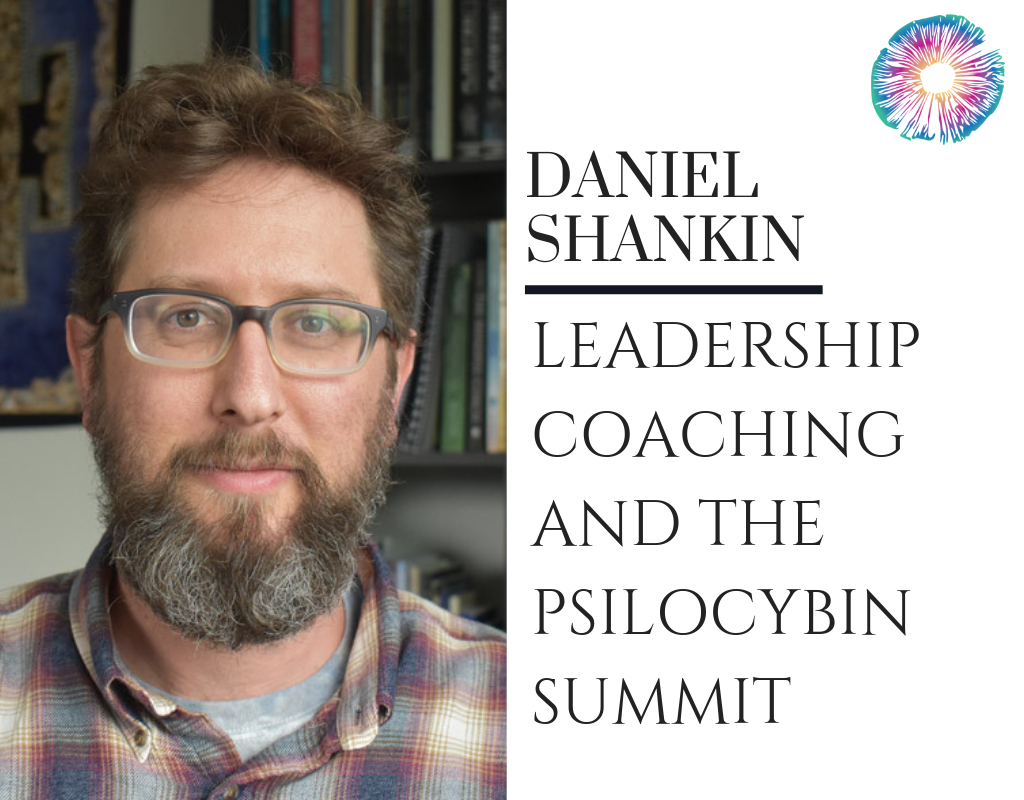
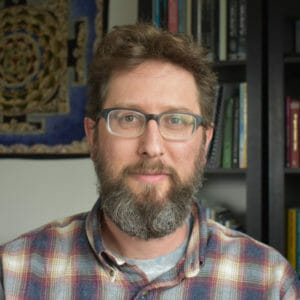
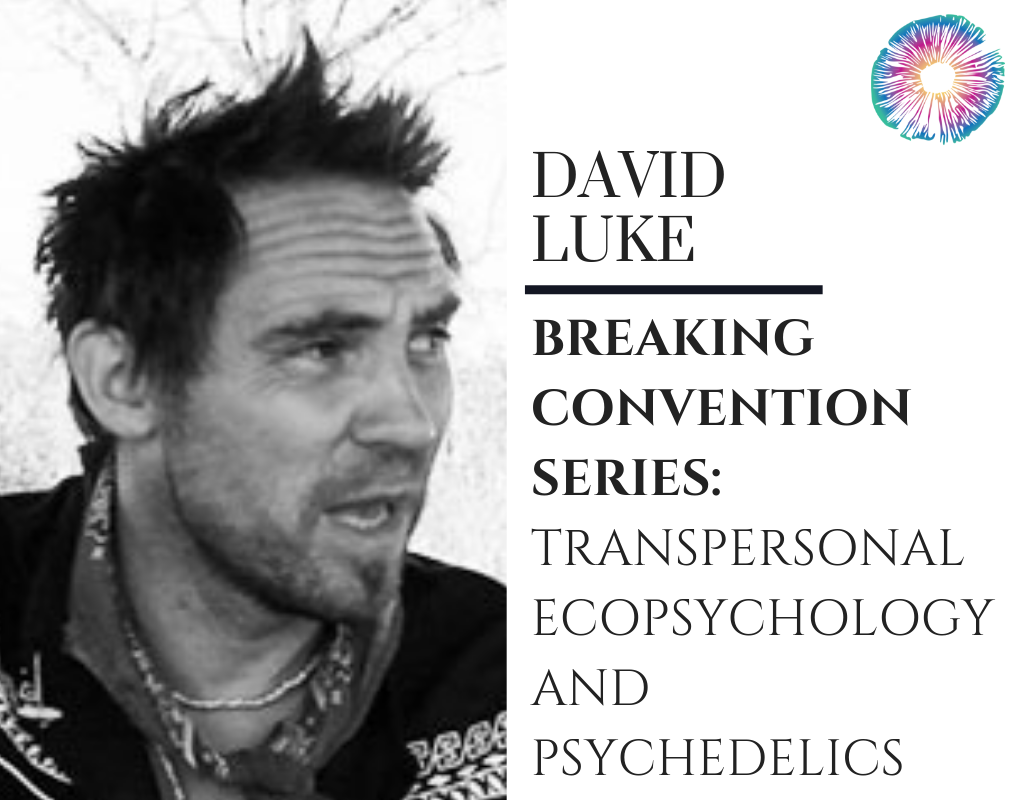
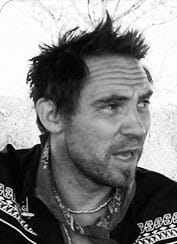
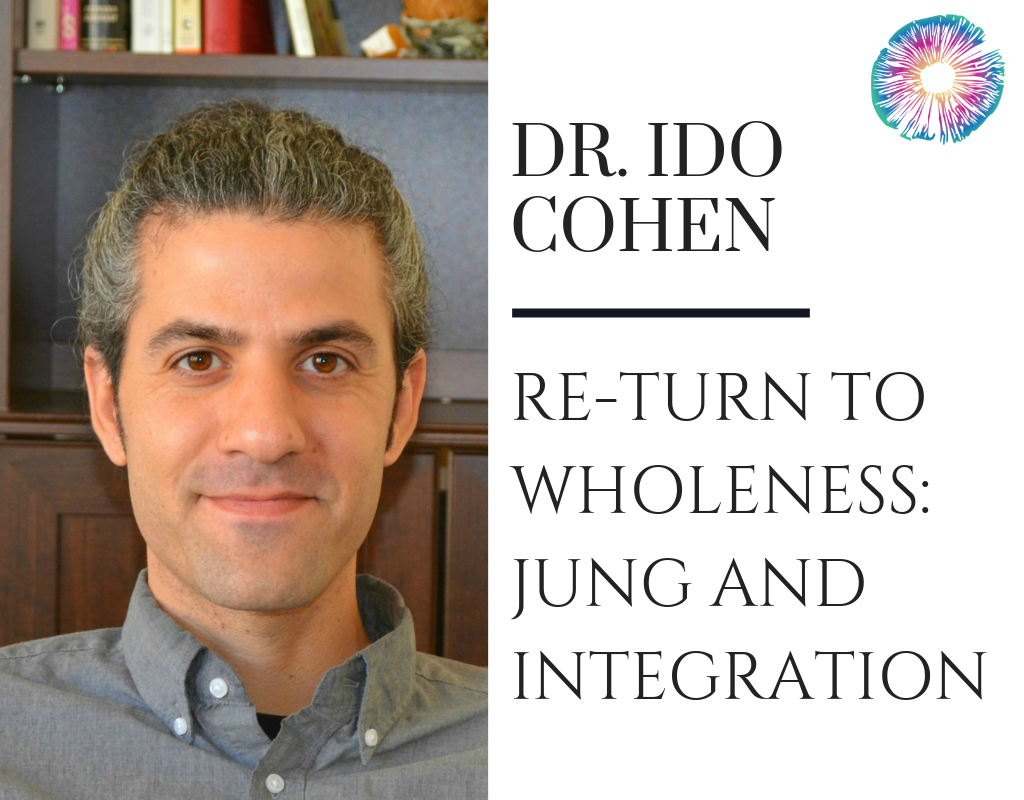
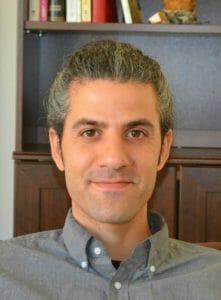
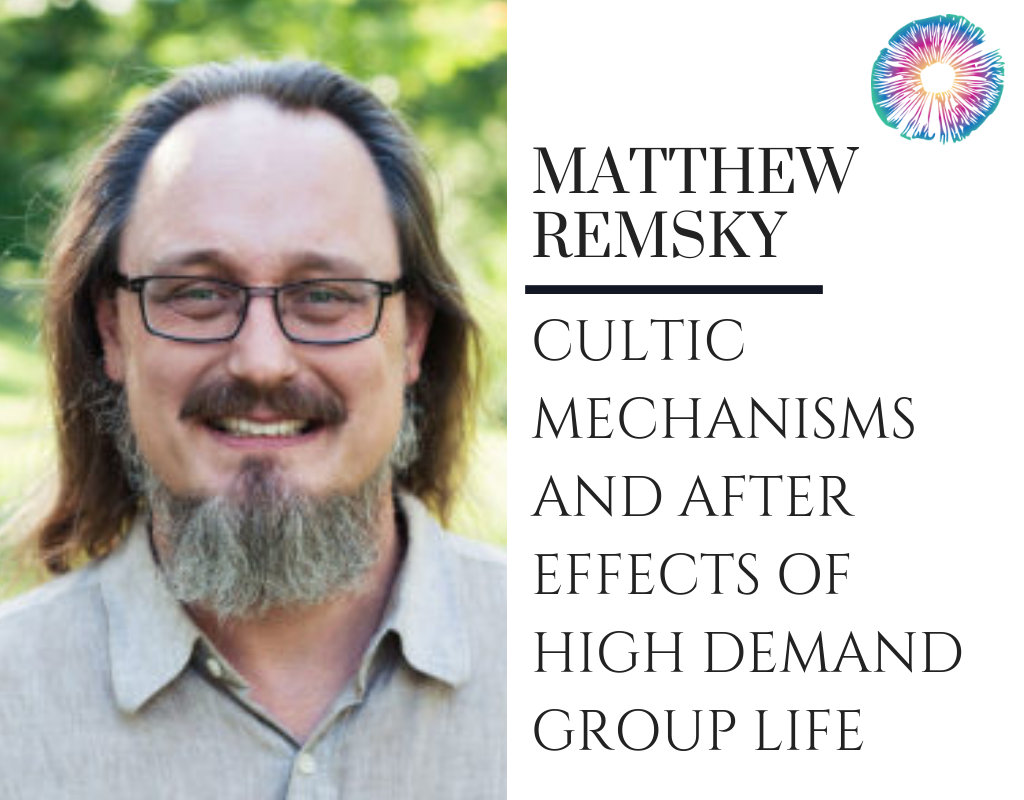
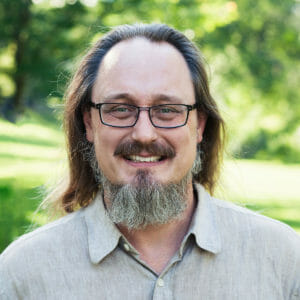
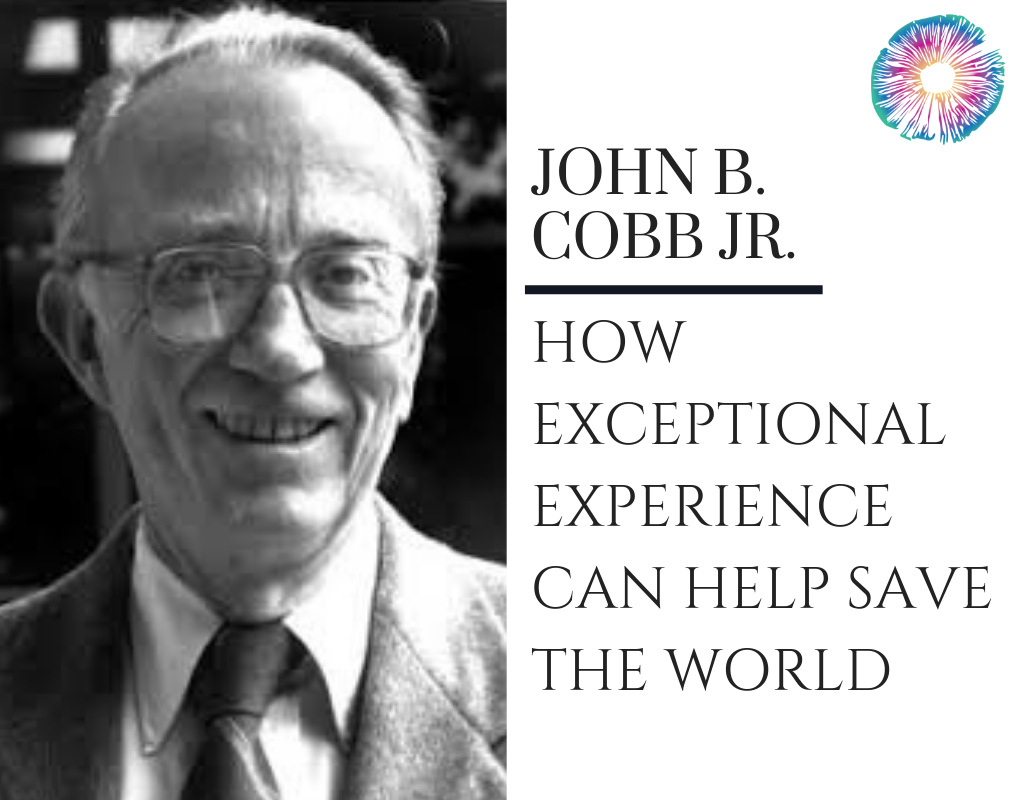


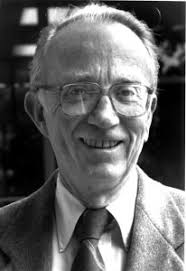
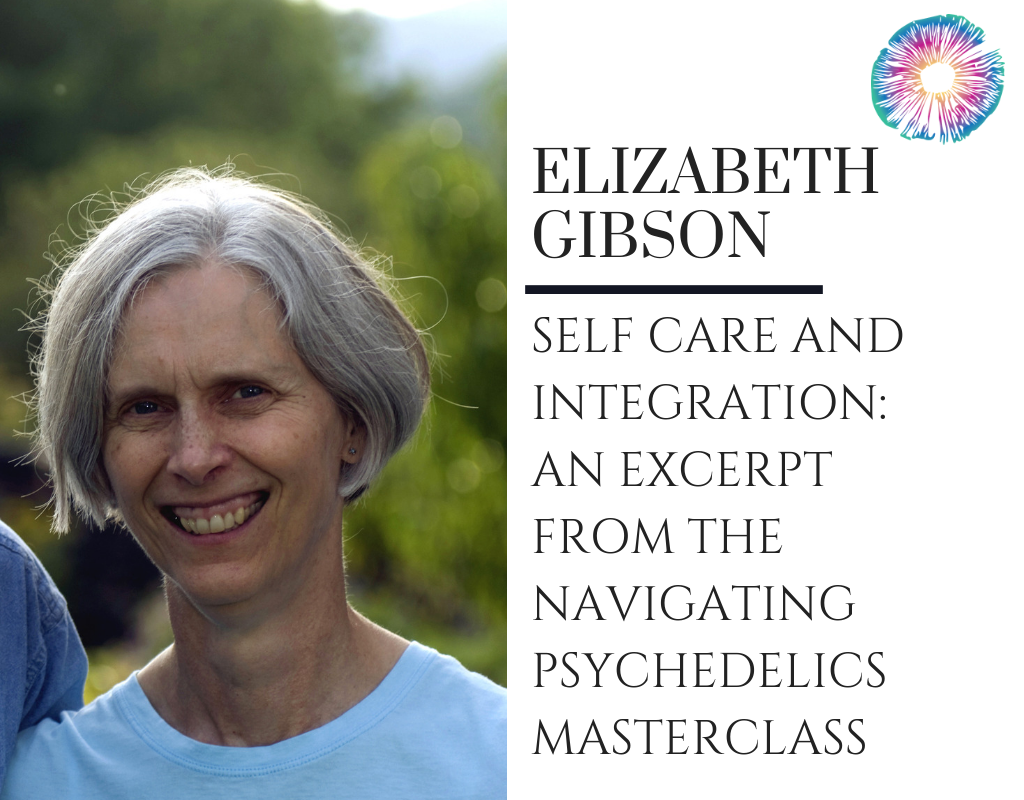
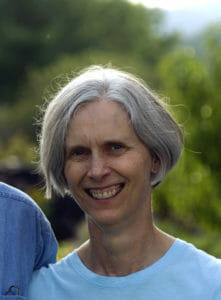
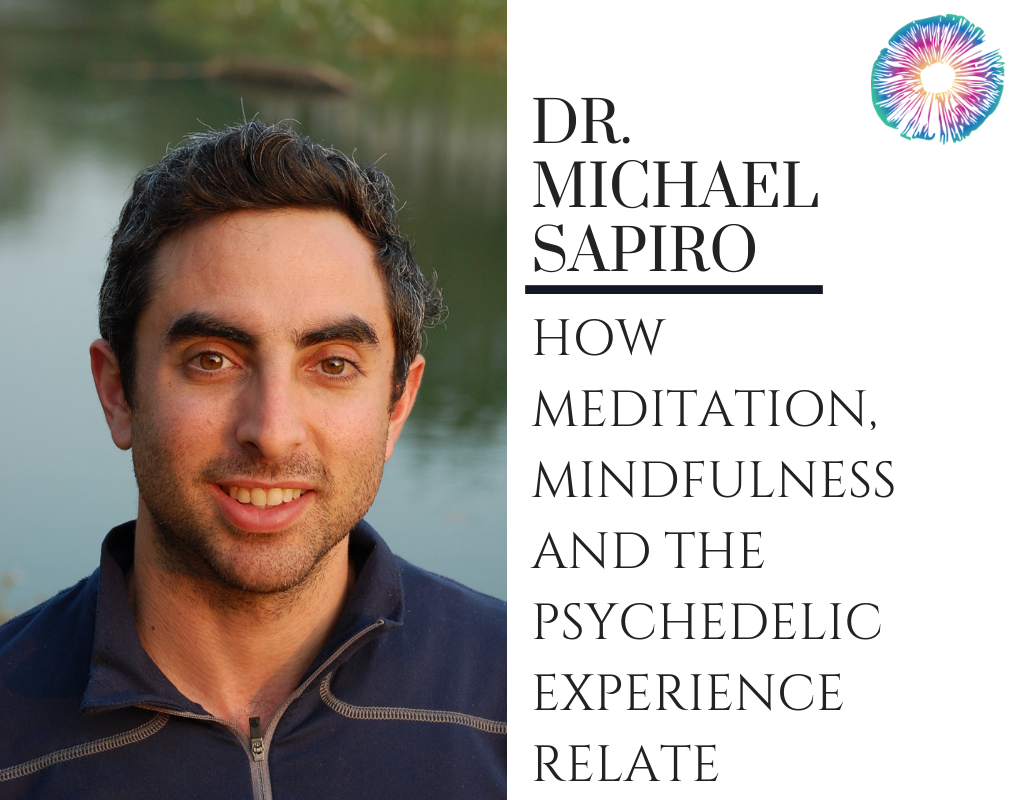
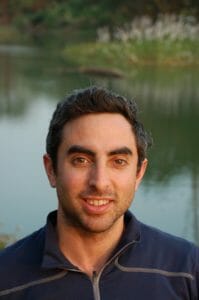
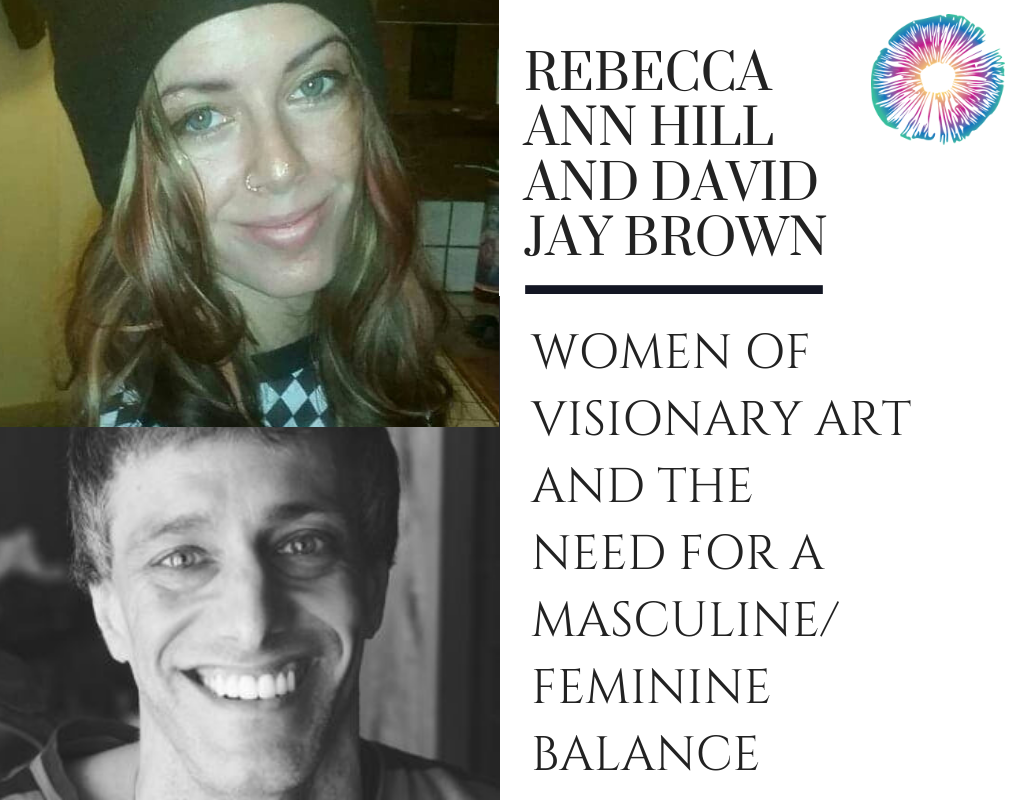

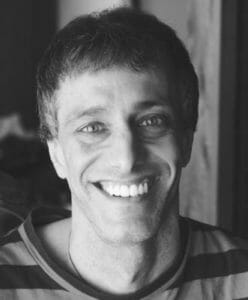
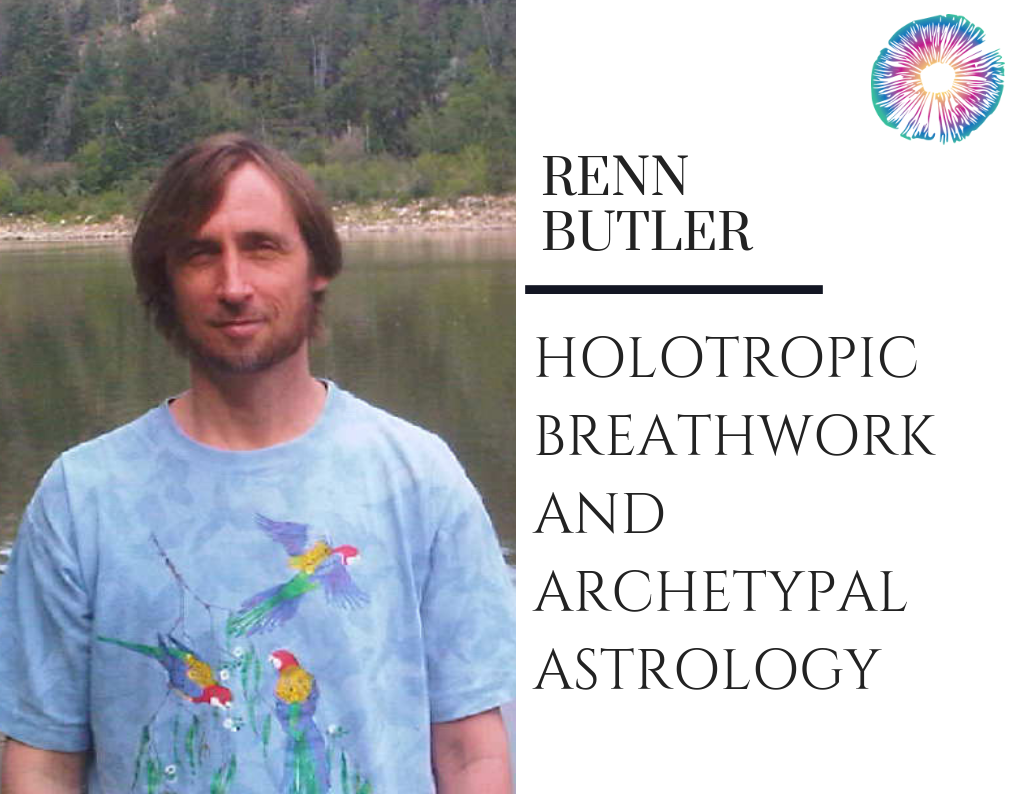
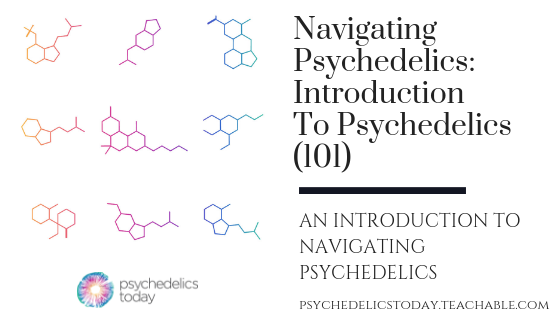
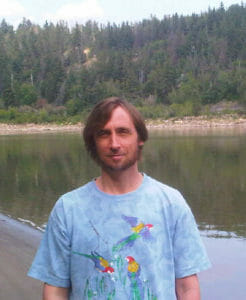
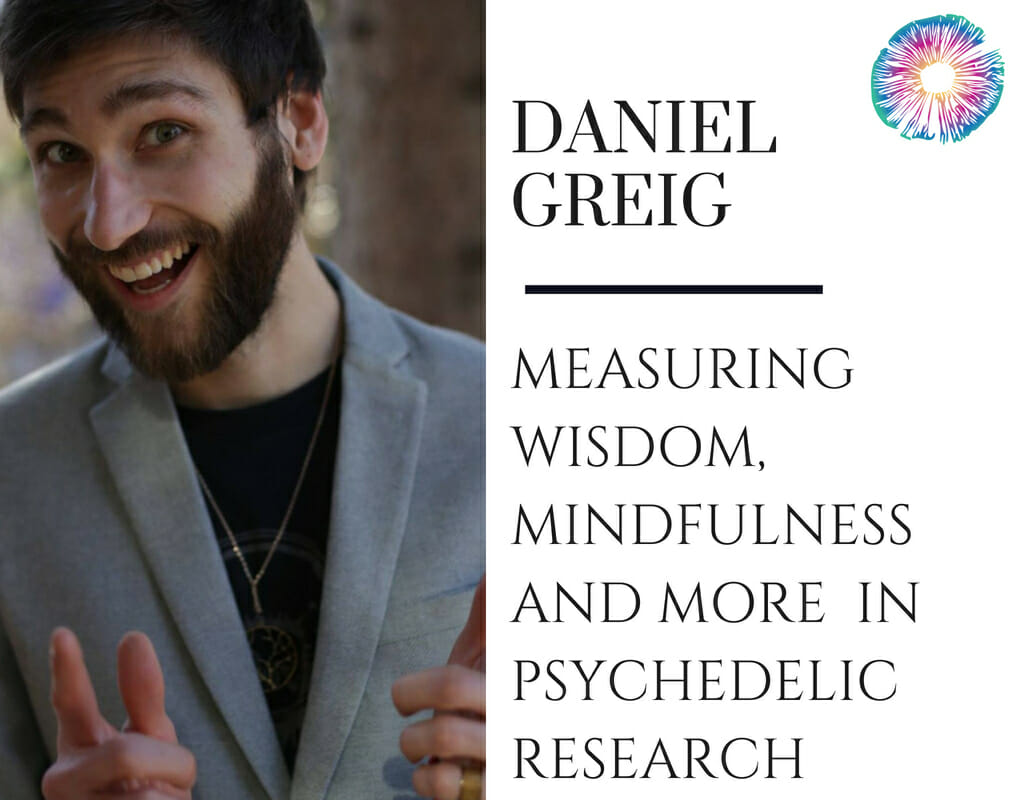


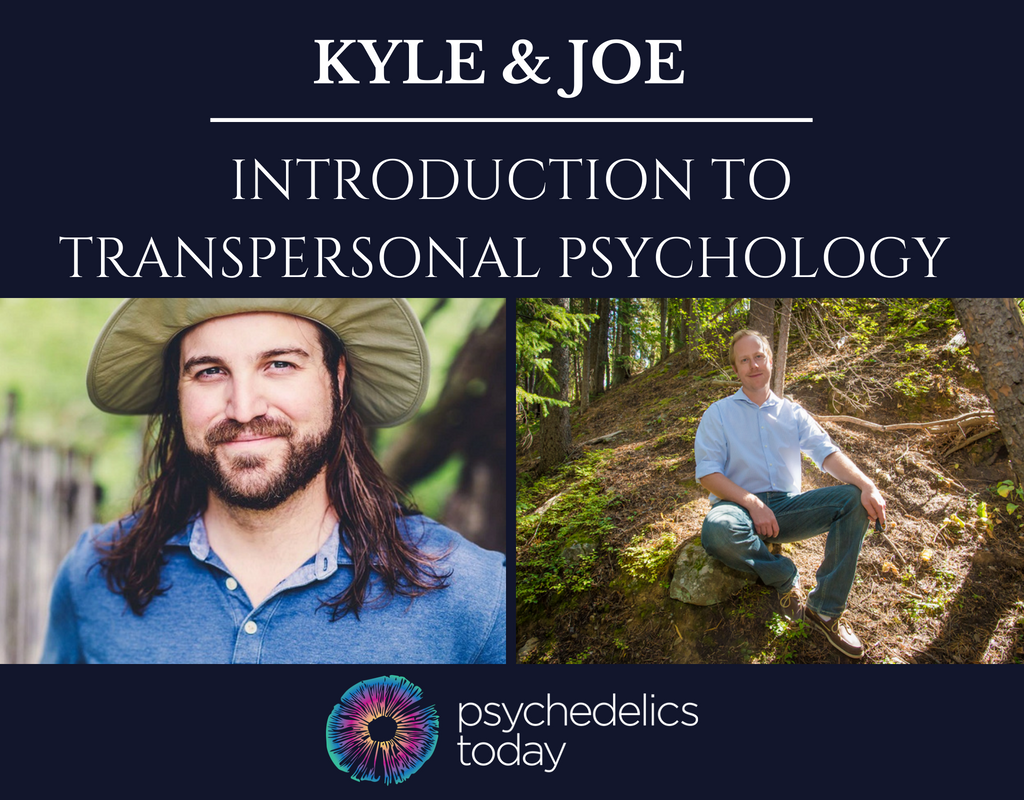
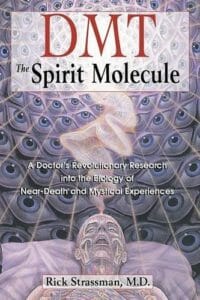
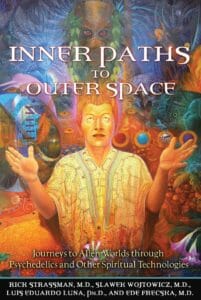

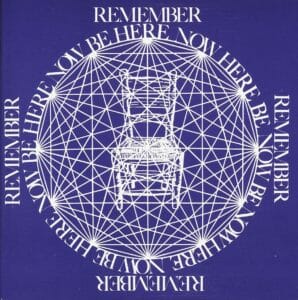
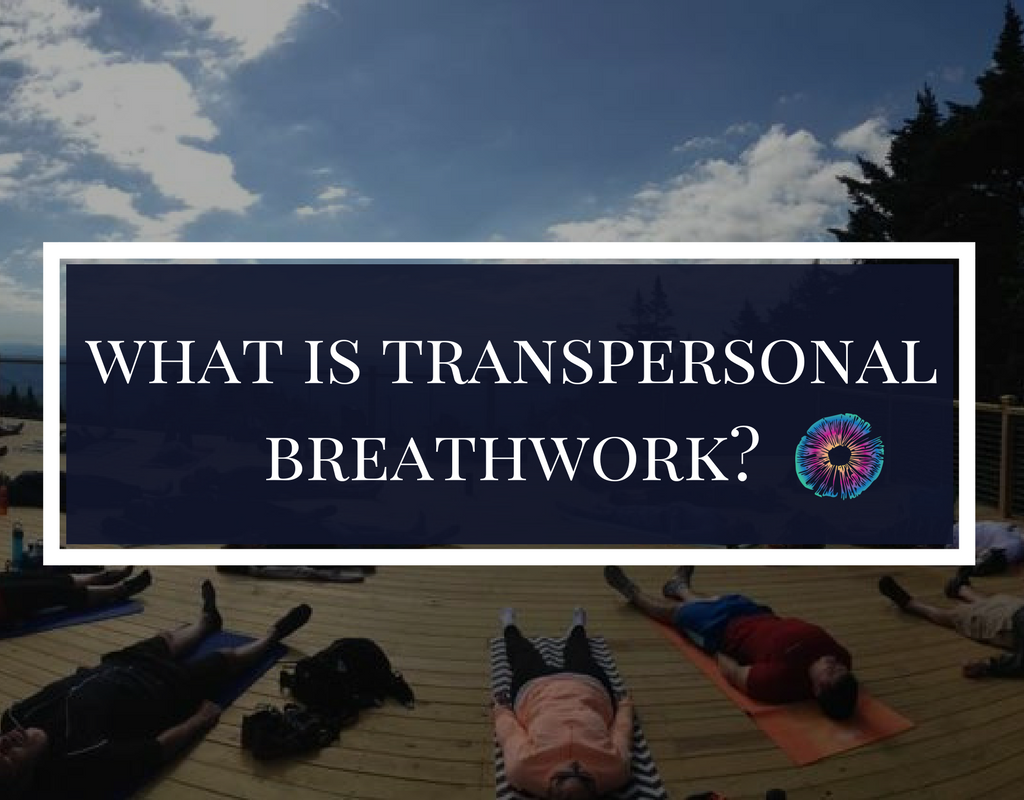









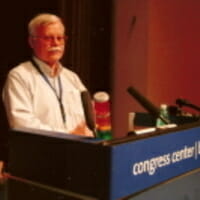
 Thomas B. Roberts promotes the legal adaptation of psychedelics for multidisciplinary cultural uses, primarily their academic and spiritual implications. He formulated Multistate Theory (2013) coined Singlestate Fallacy, mindapps, neurosingularity, metaintelligence, and ideagen, and he named and characterized the Entheogen Reformation (2016). He is a founding member of the
Thomas B. Roberts promotes the legal adaptation of psychedelics for multidisciplinary cultural uses, primarily their academic and spiritual implications. He formulated Multistate Theory (2013) coined Singlestate Fallacy, mindapps, neurosingularity, metaintelligence, and ideagen, and he named and characterized the Entheogen Reformation (2016). He is a founding member of the 